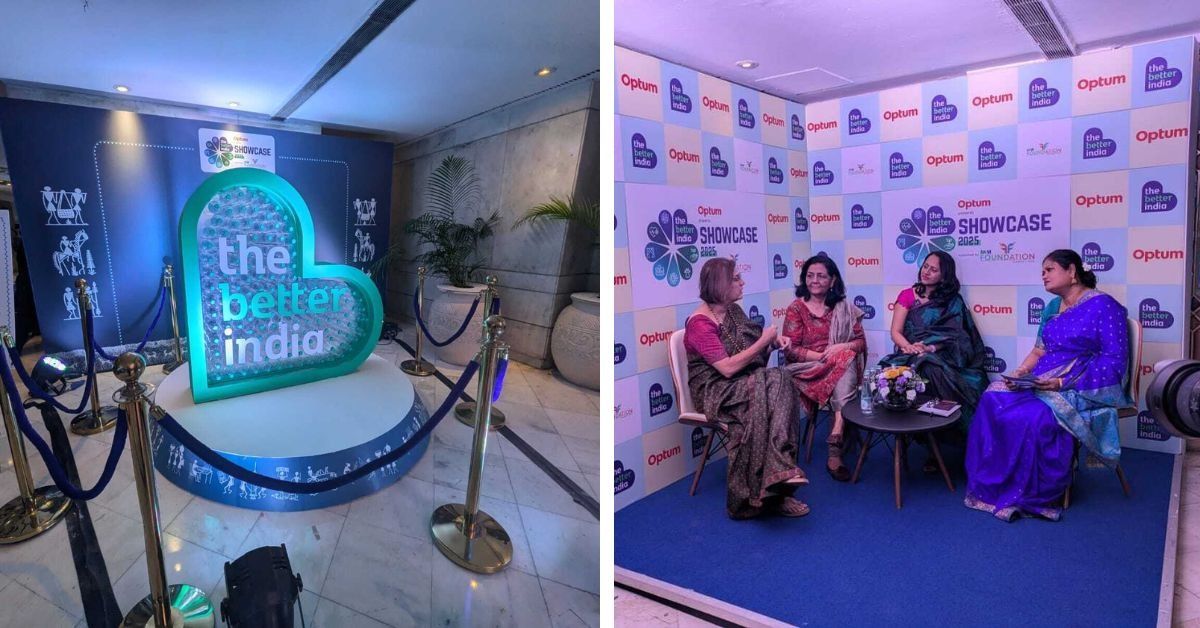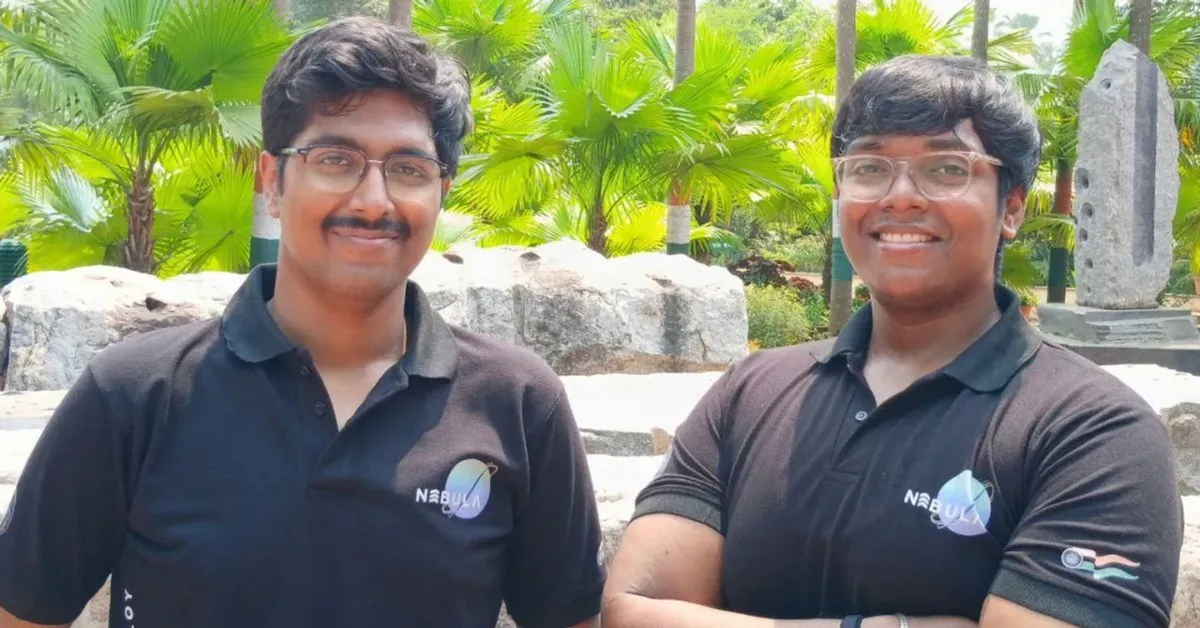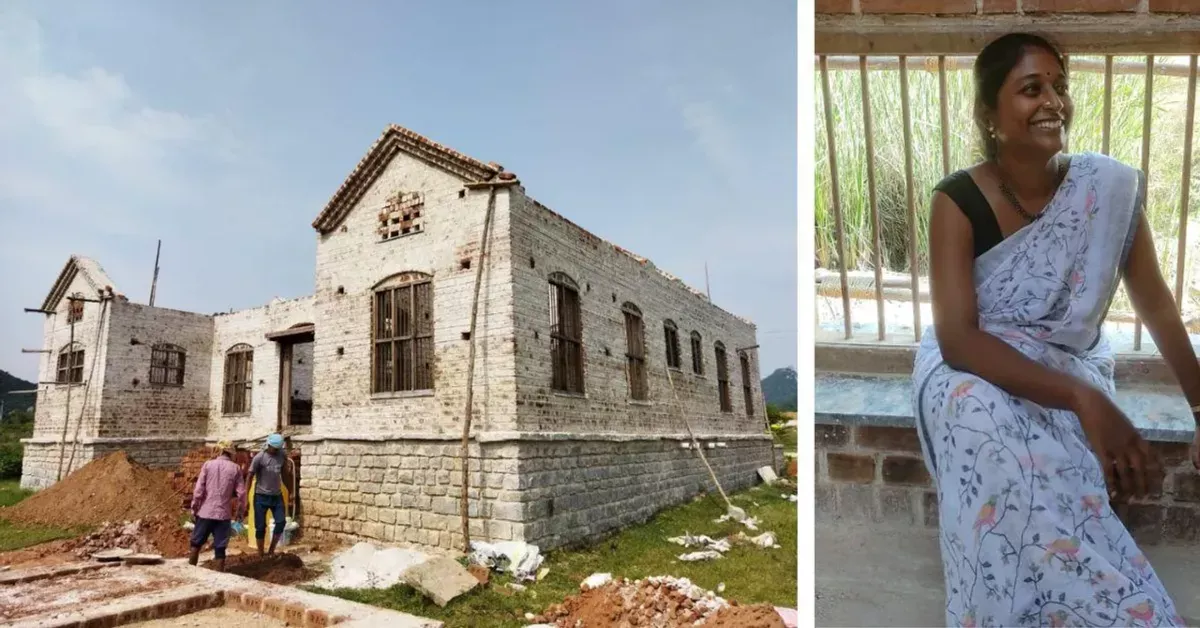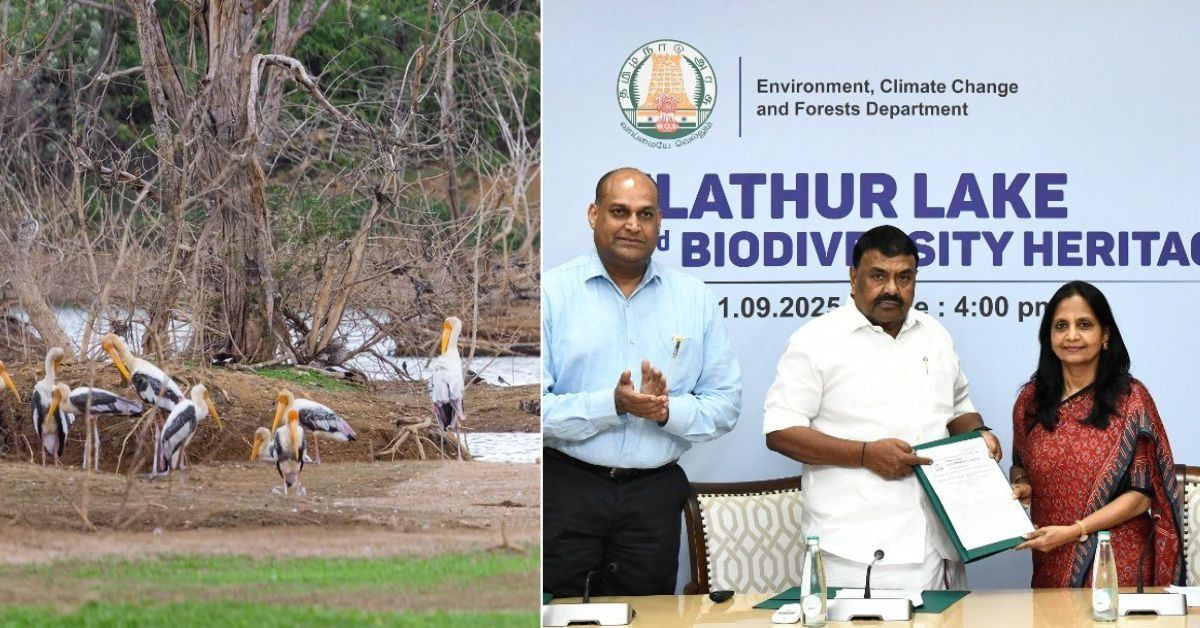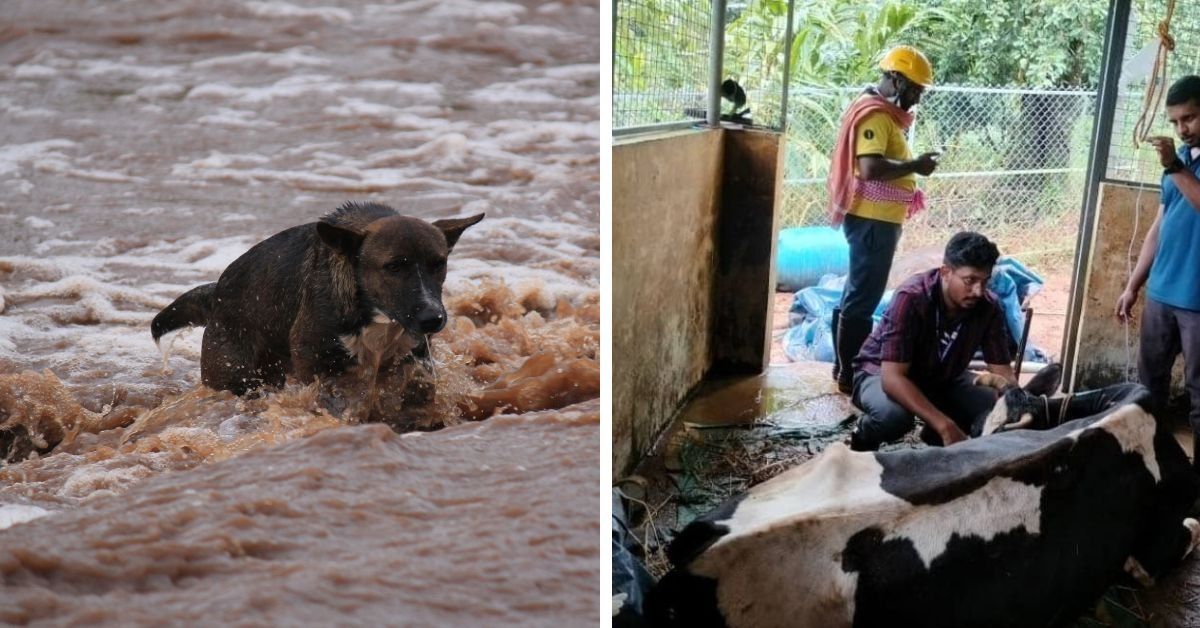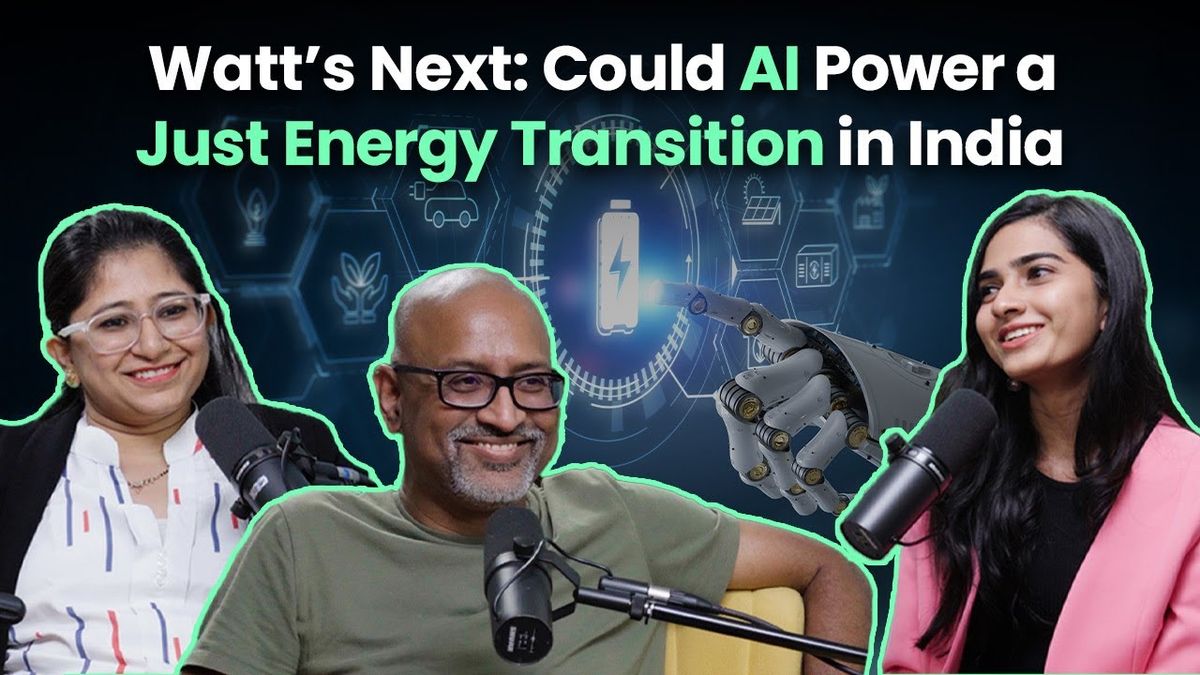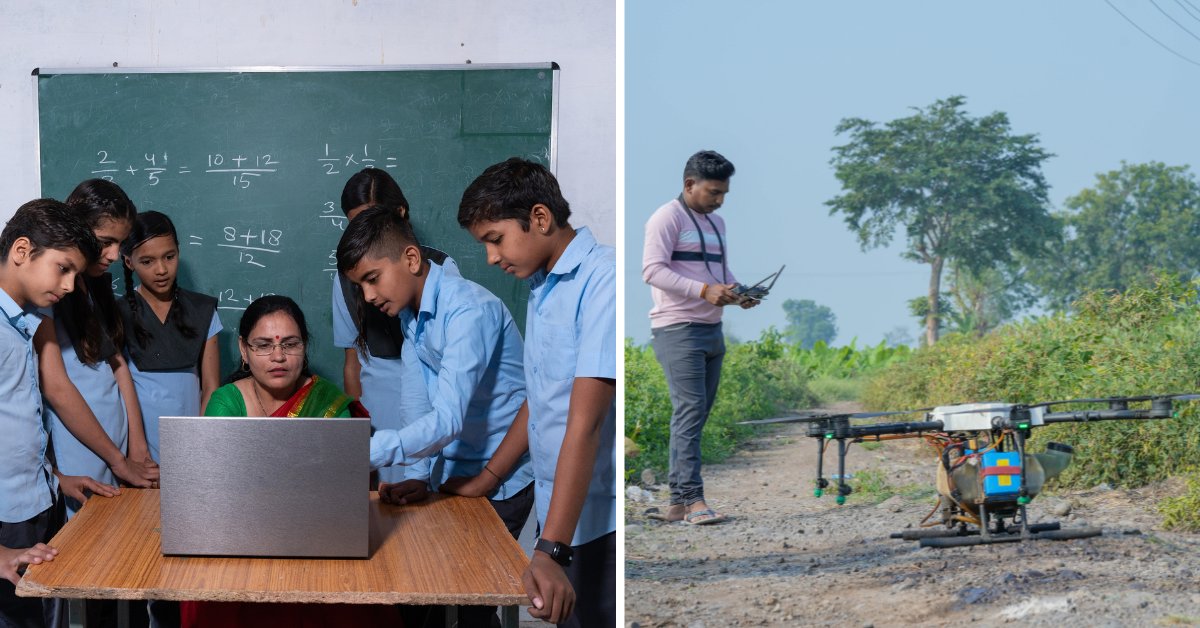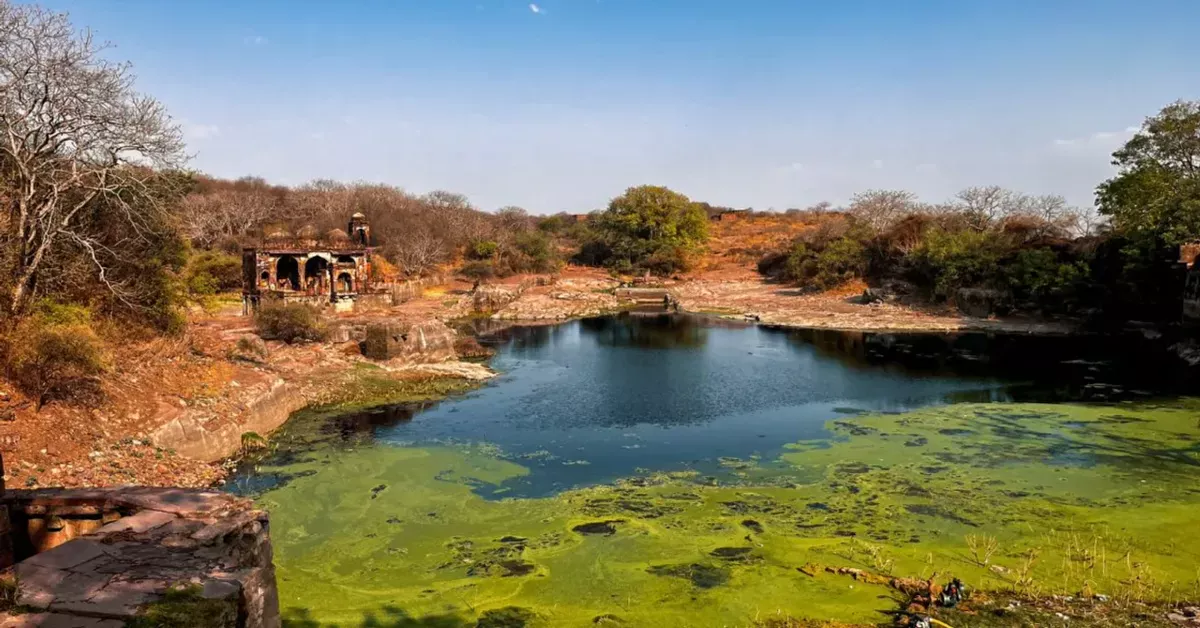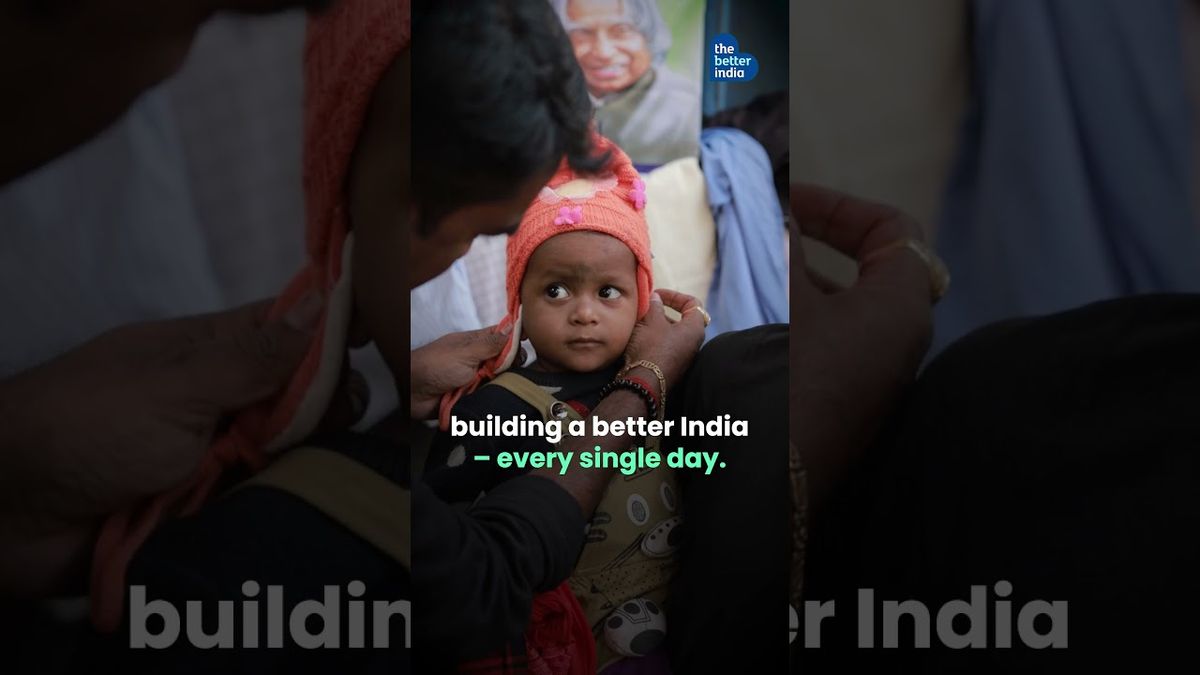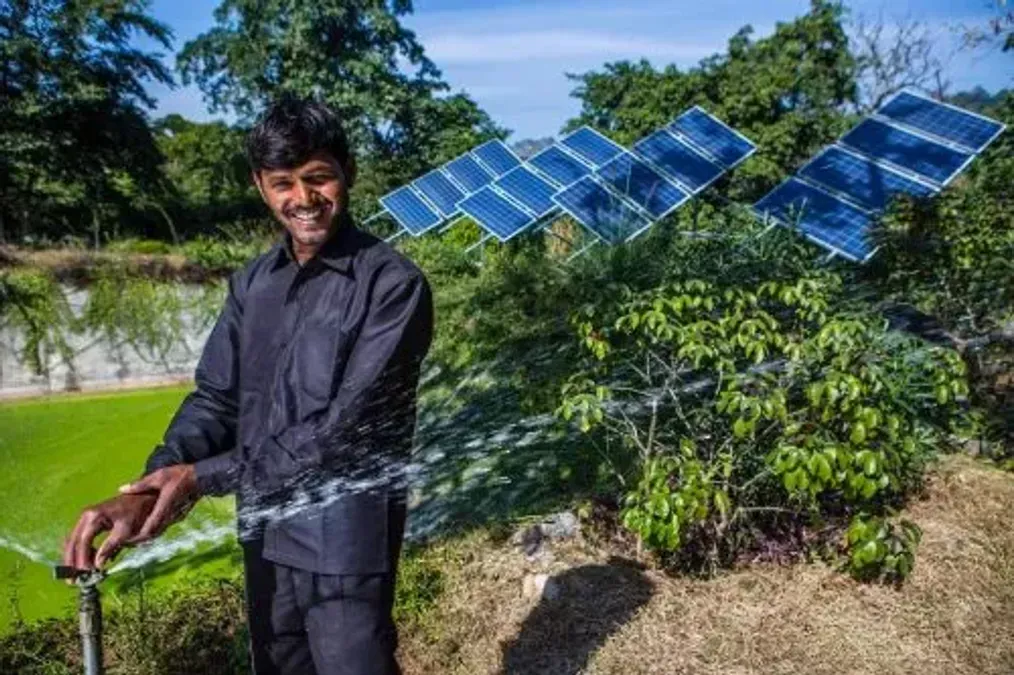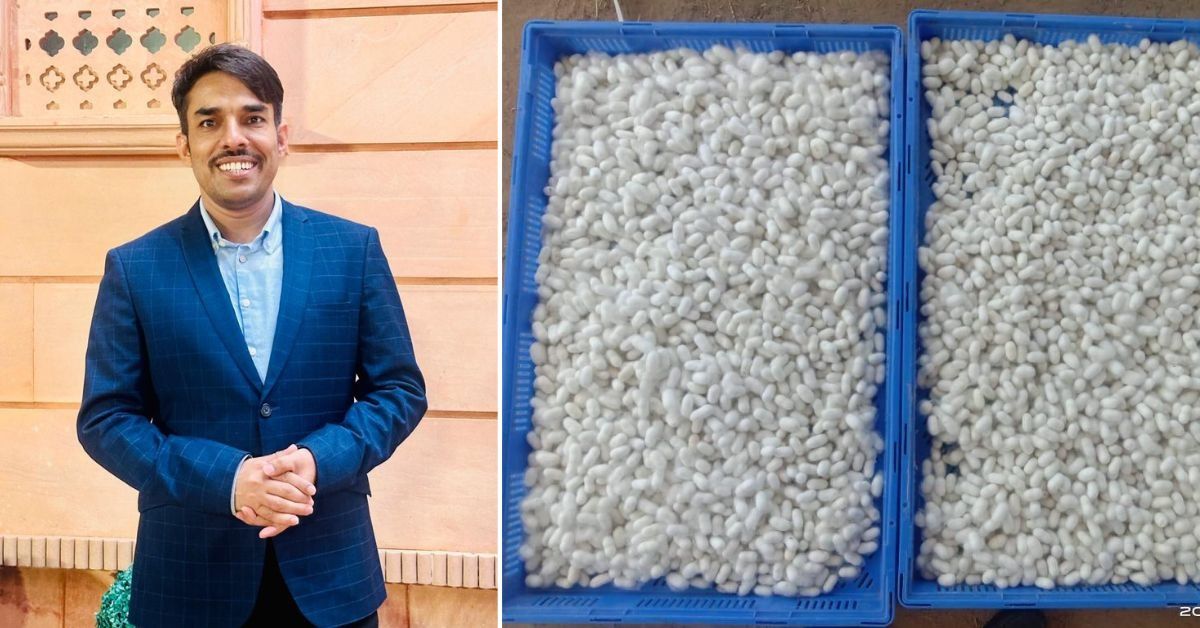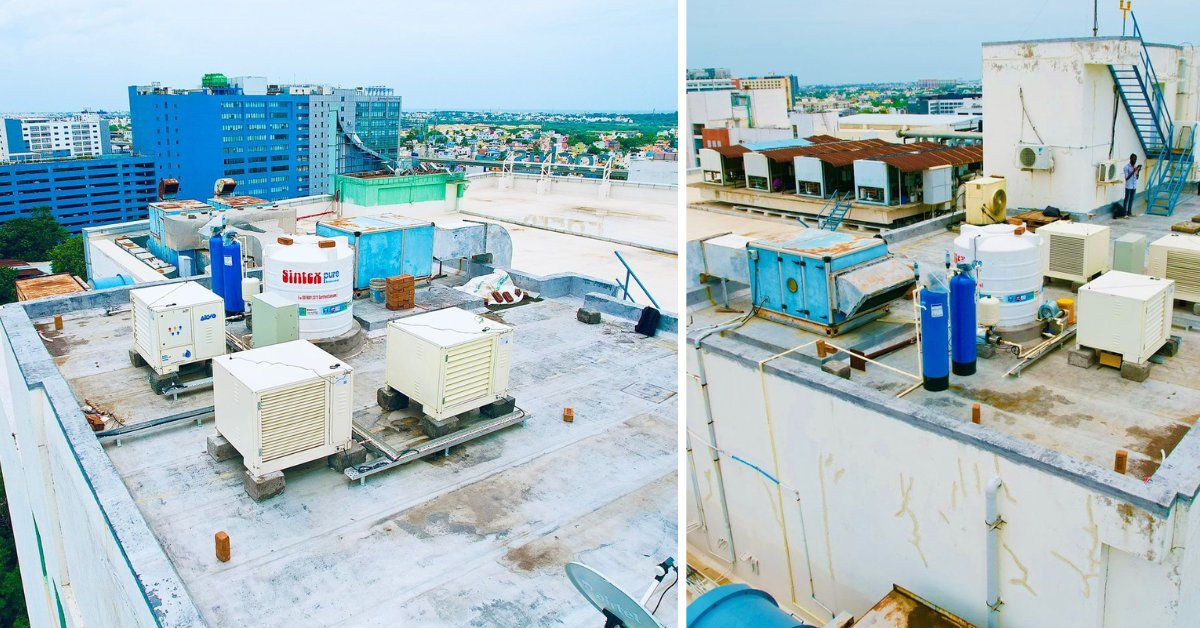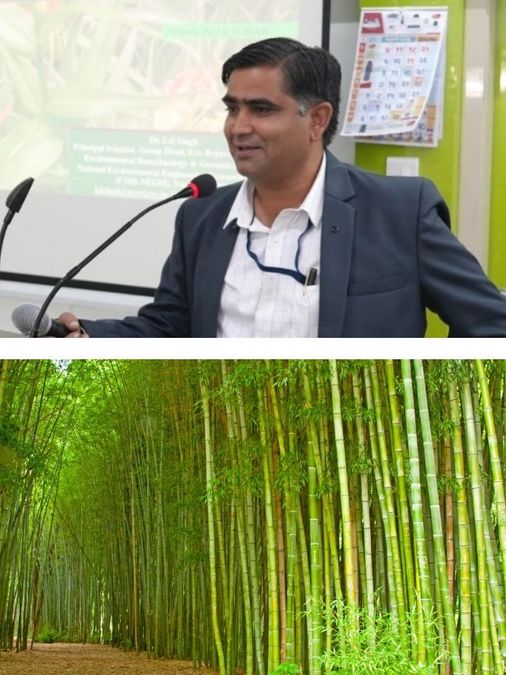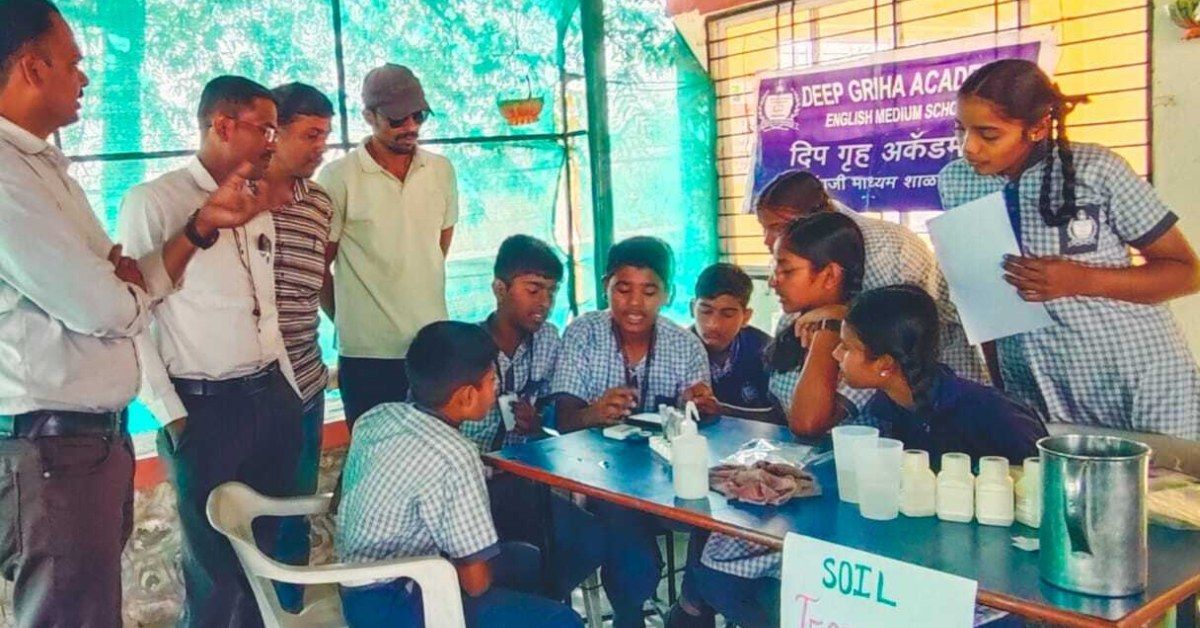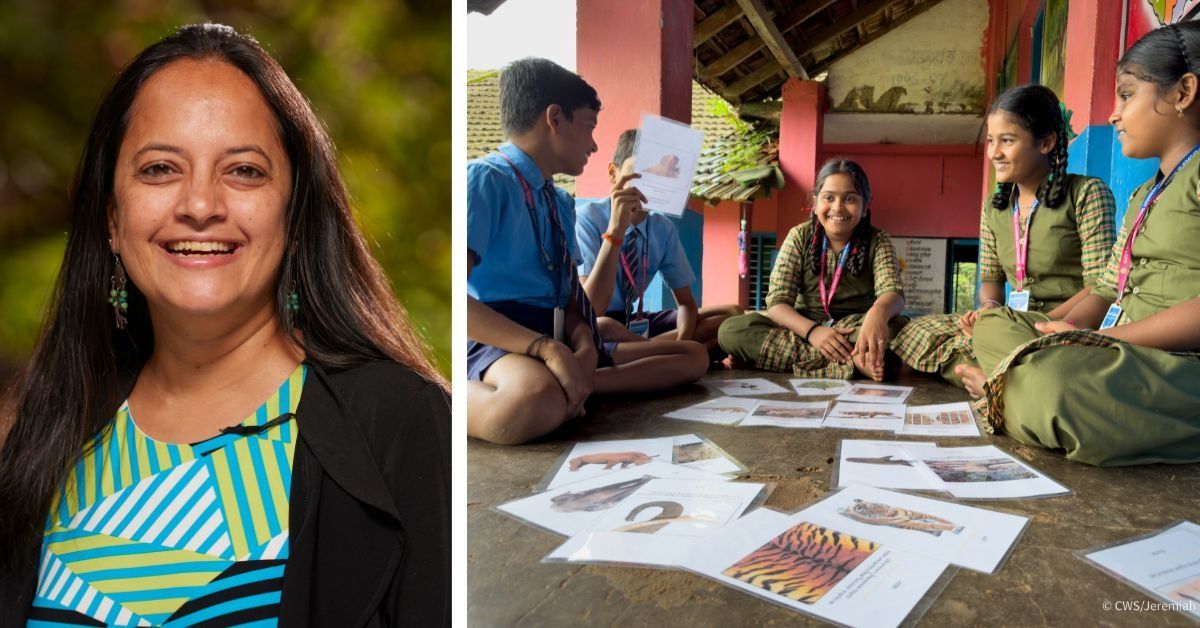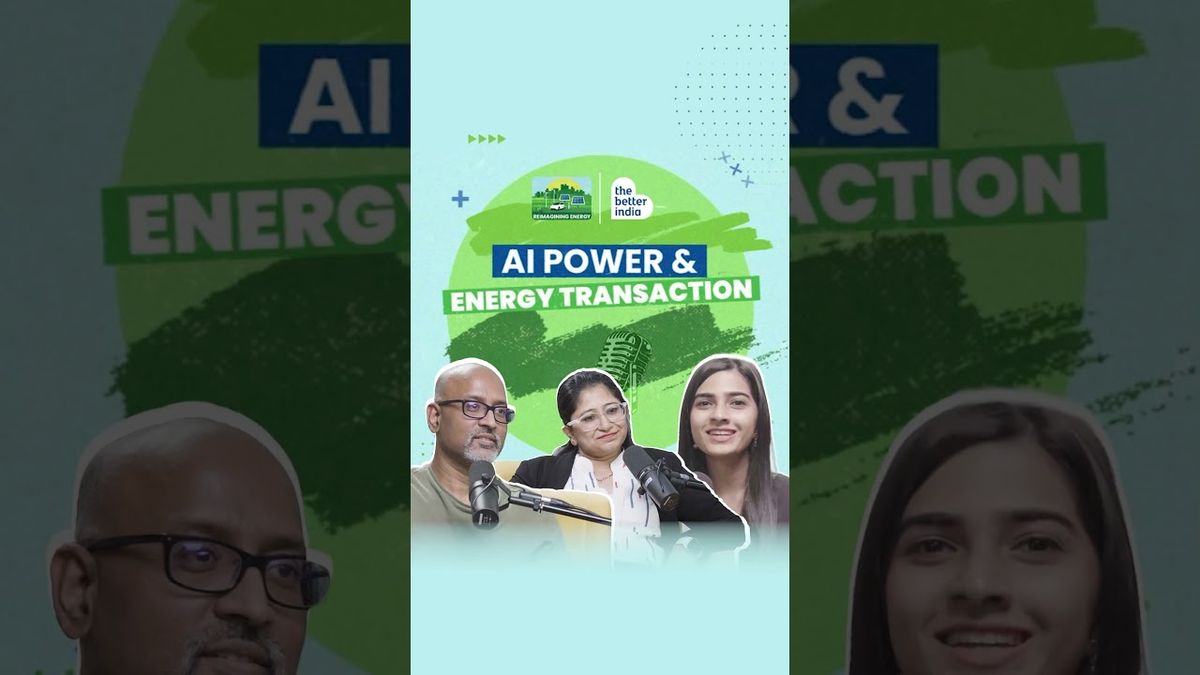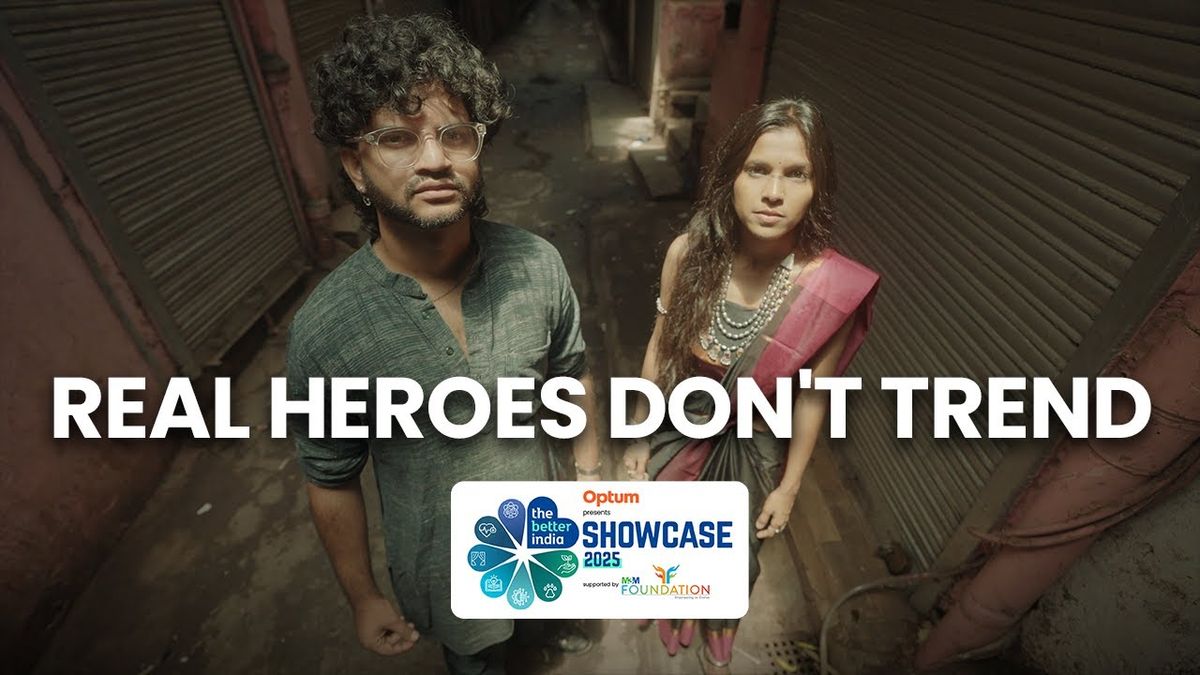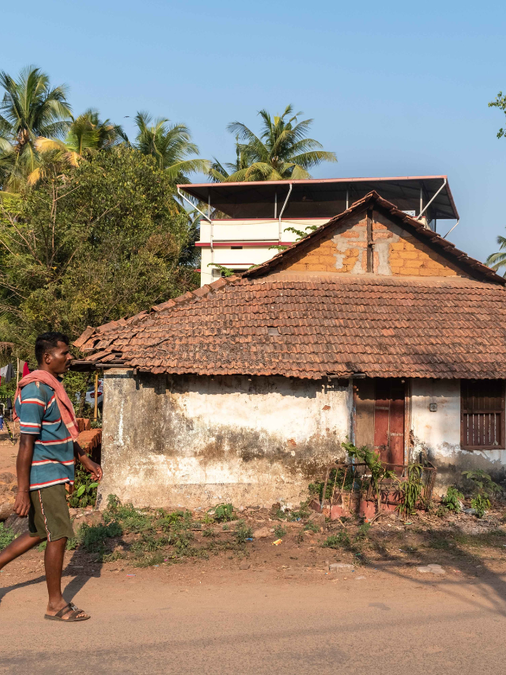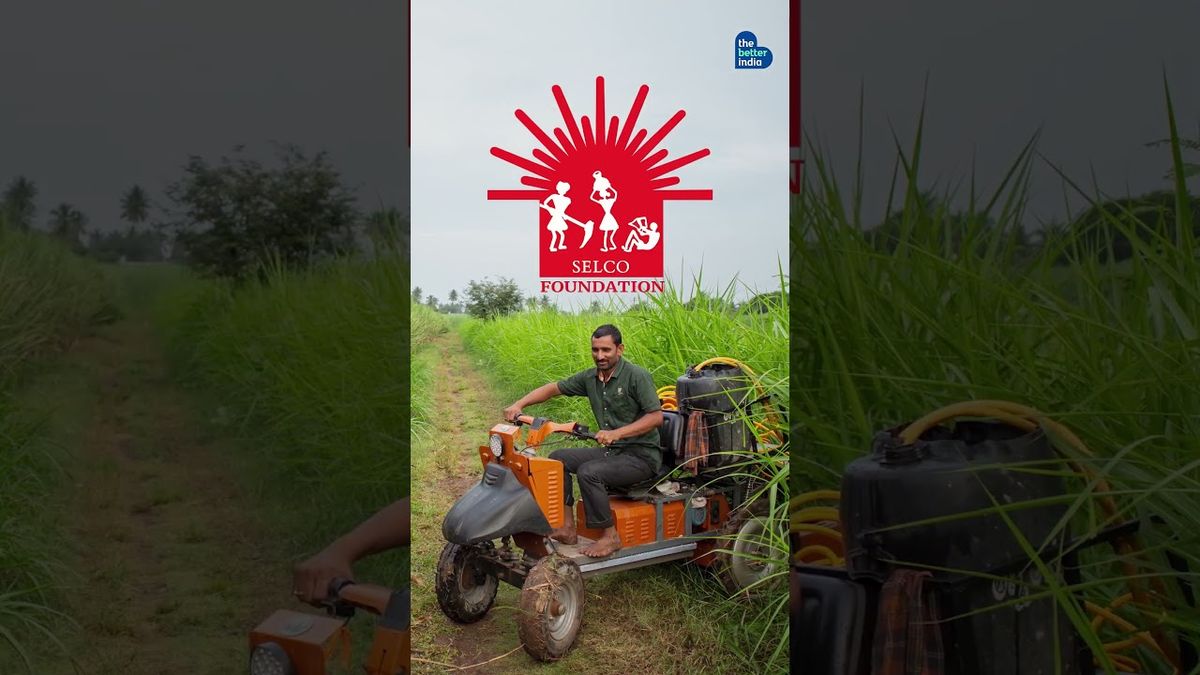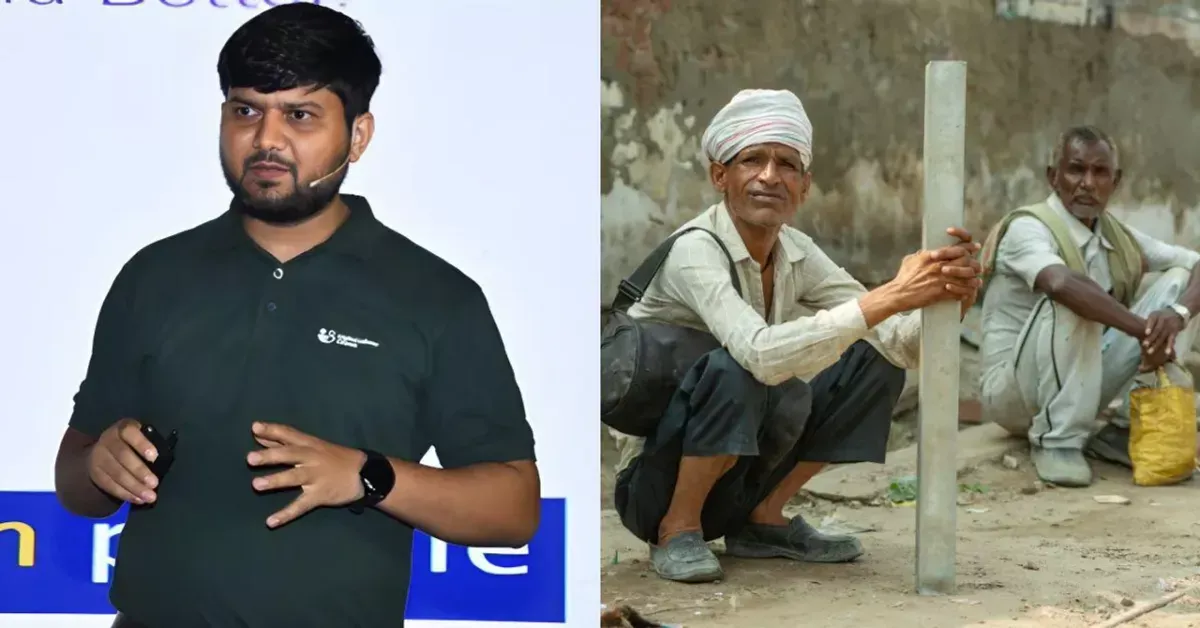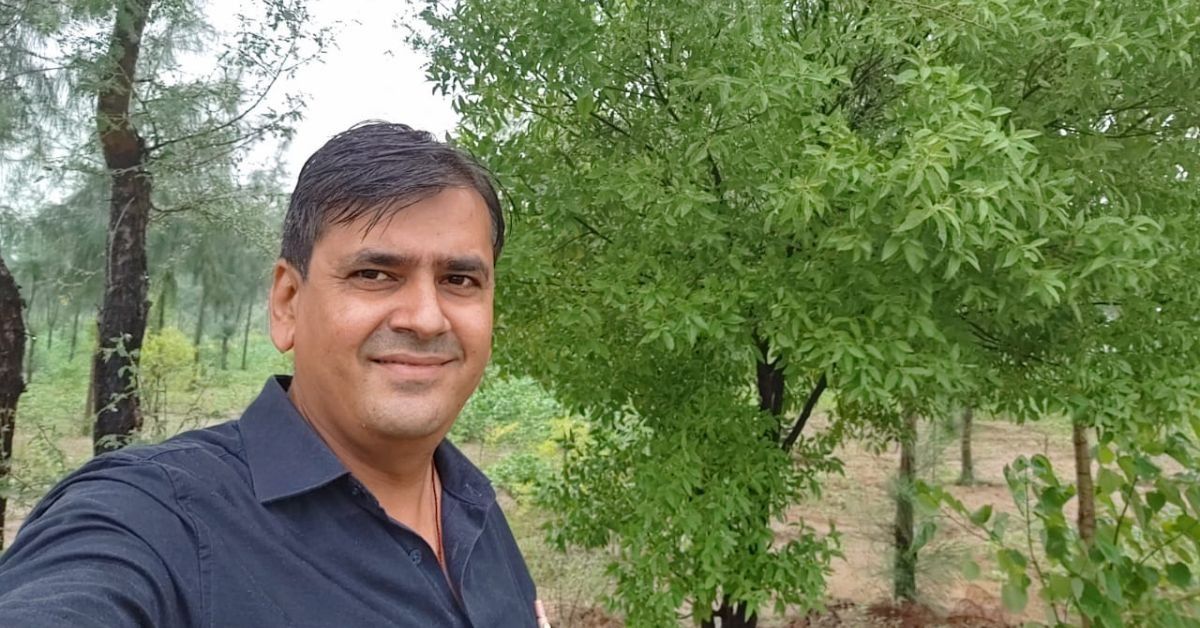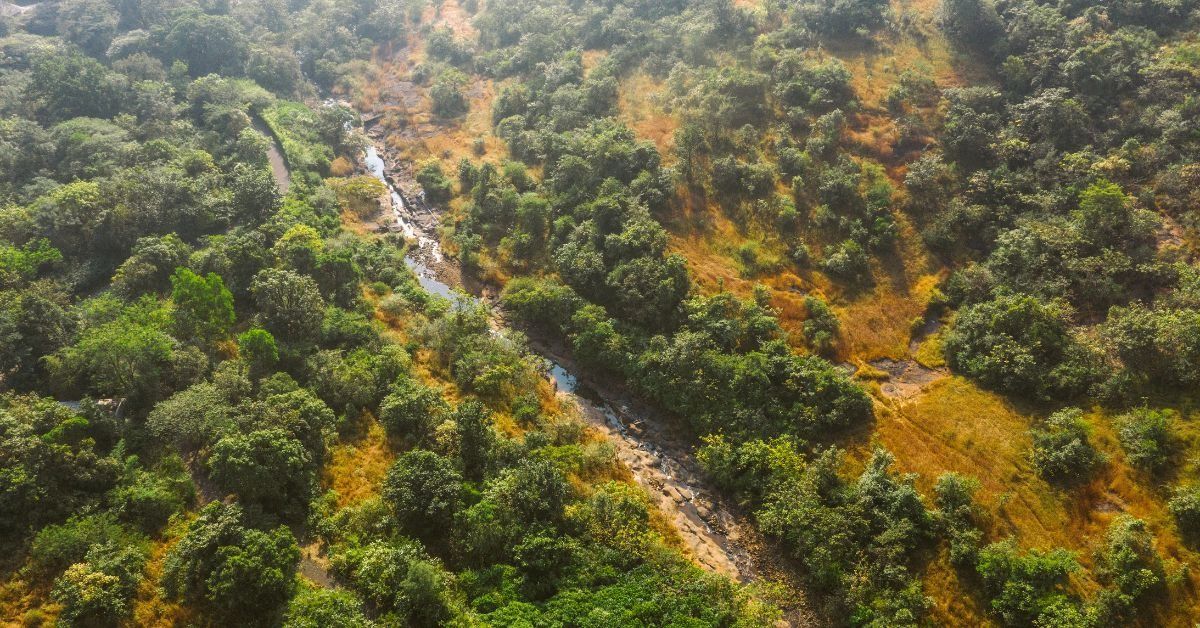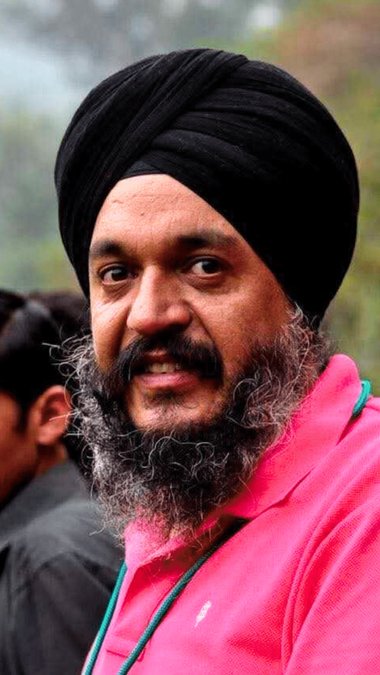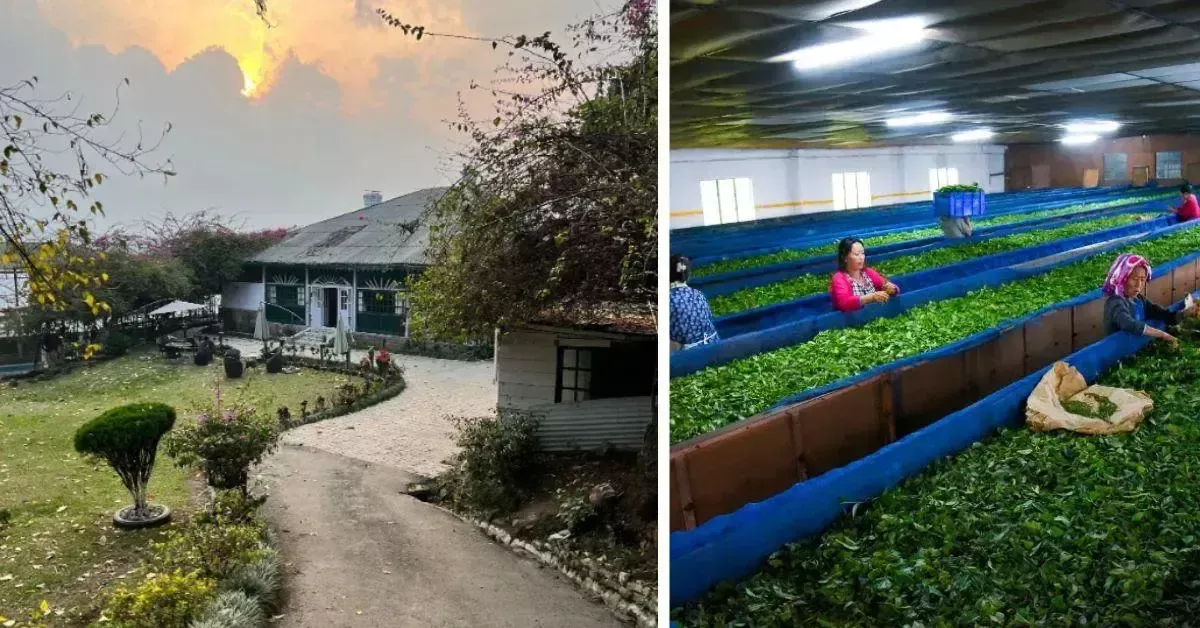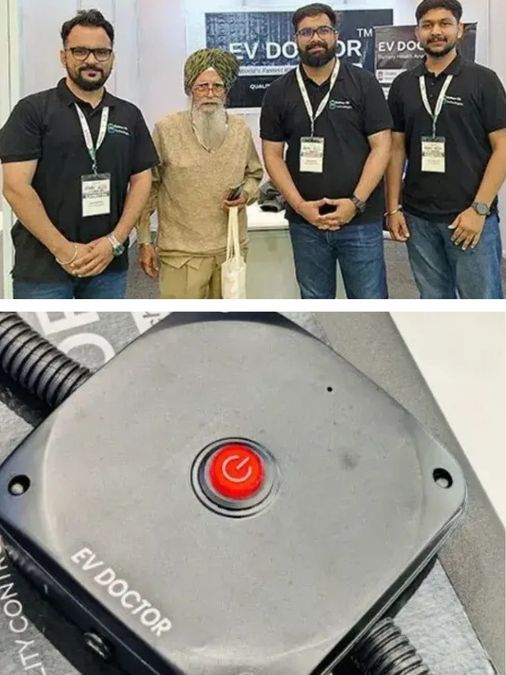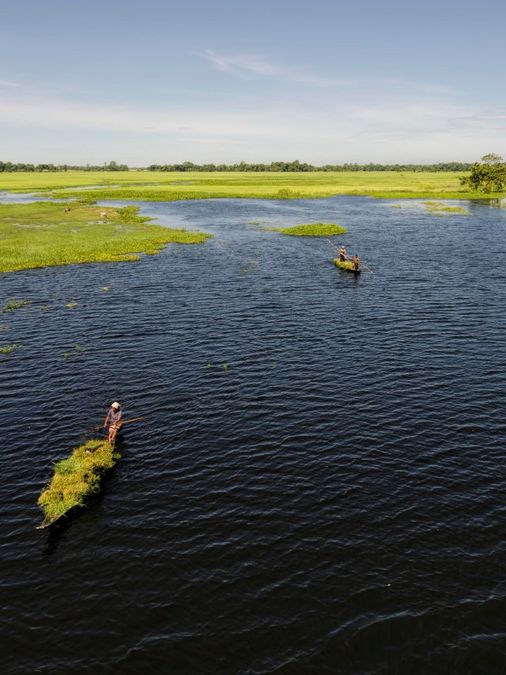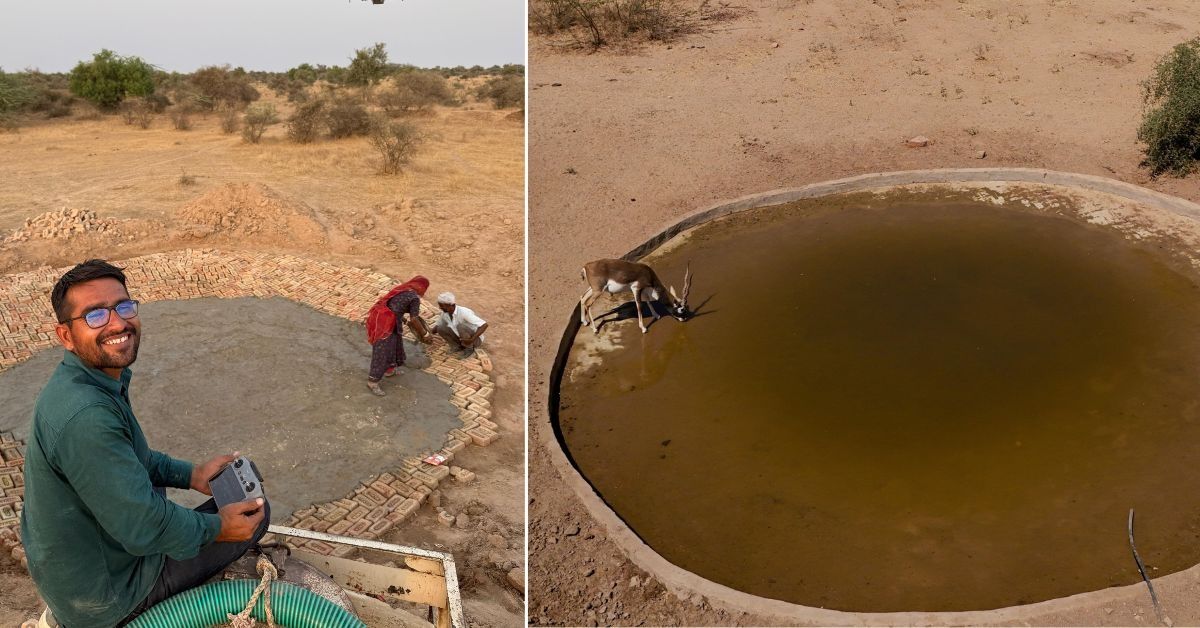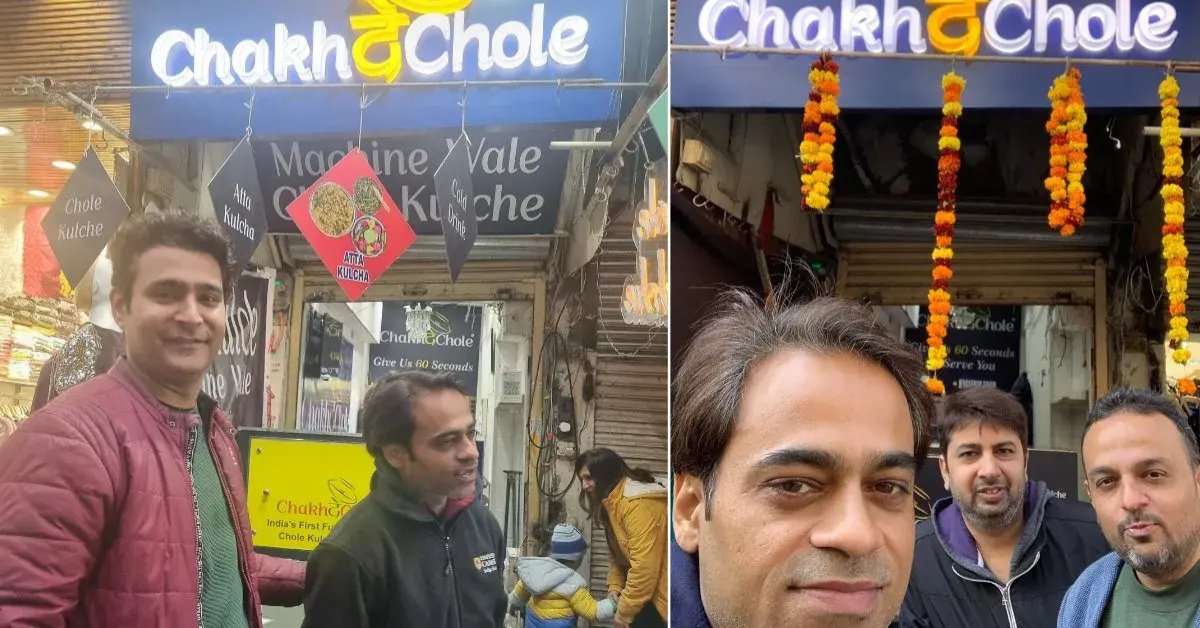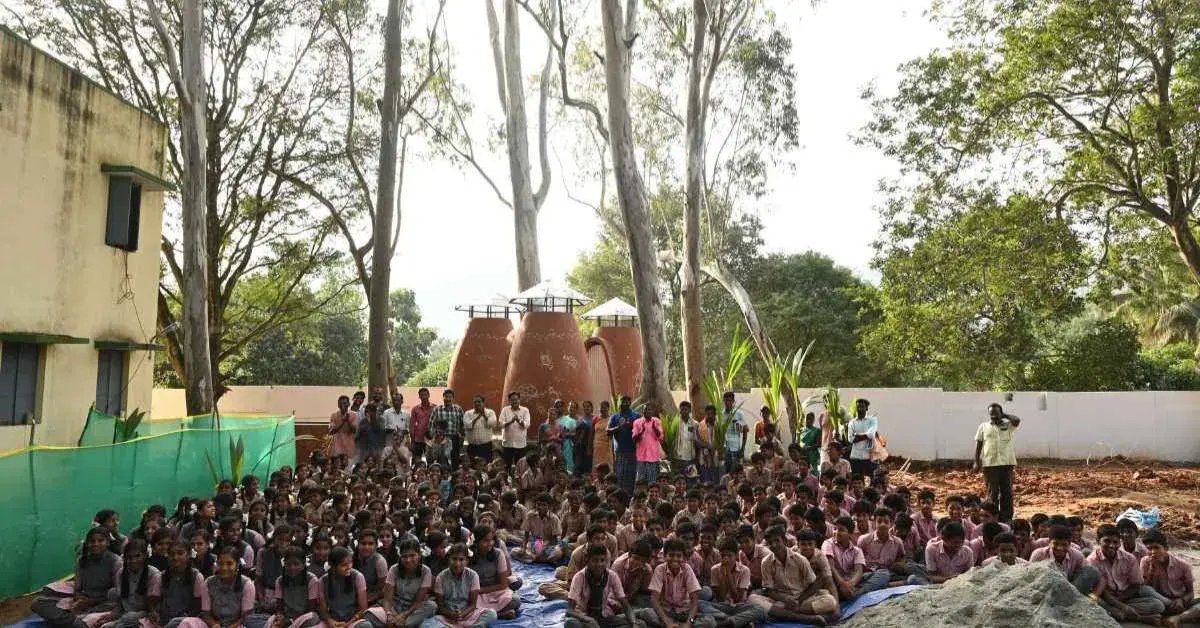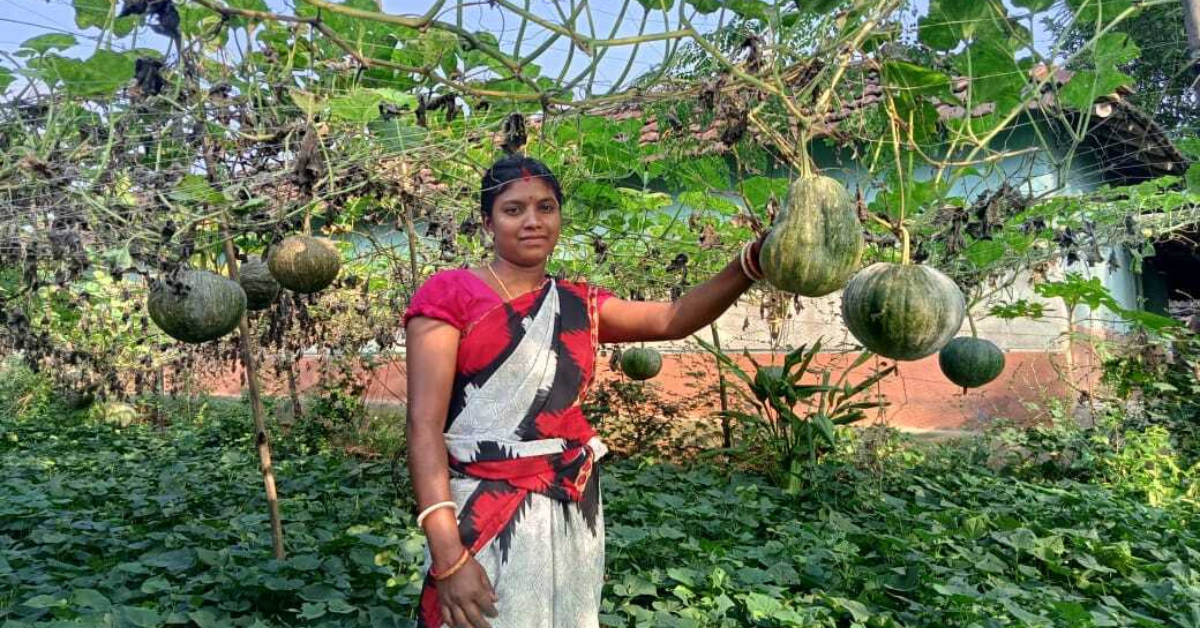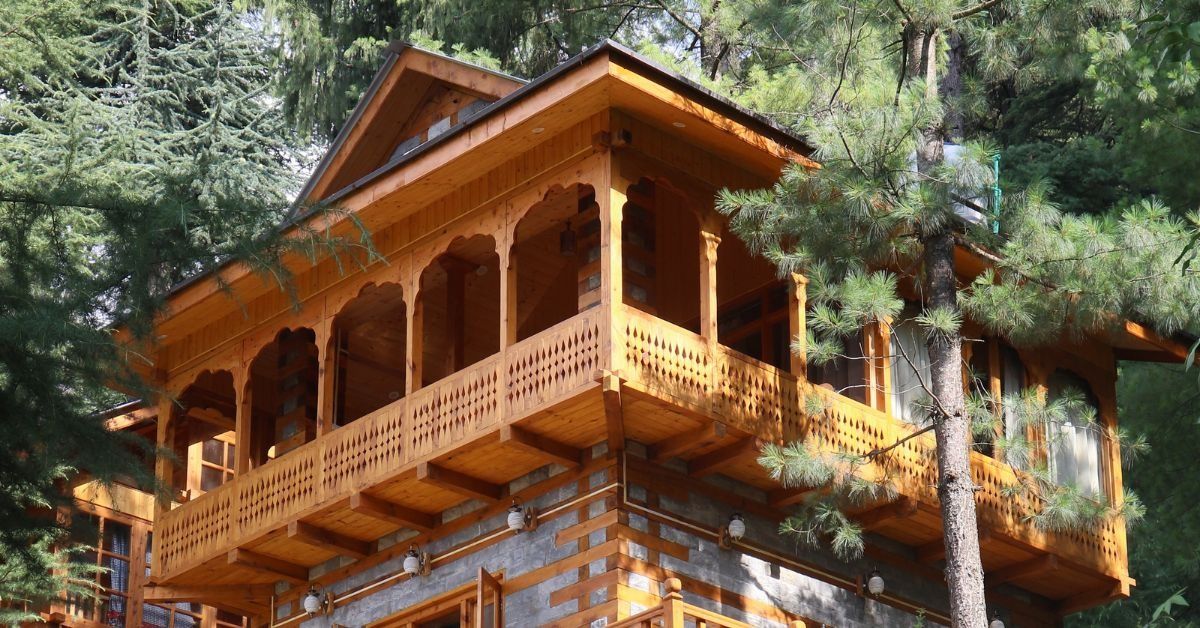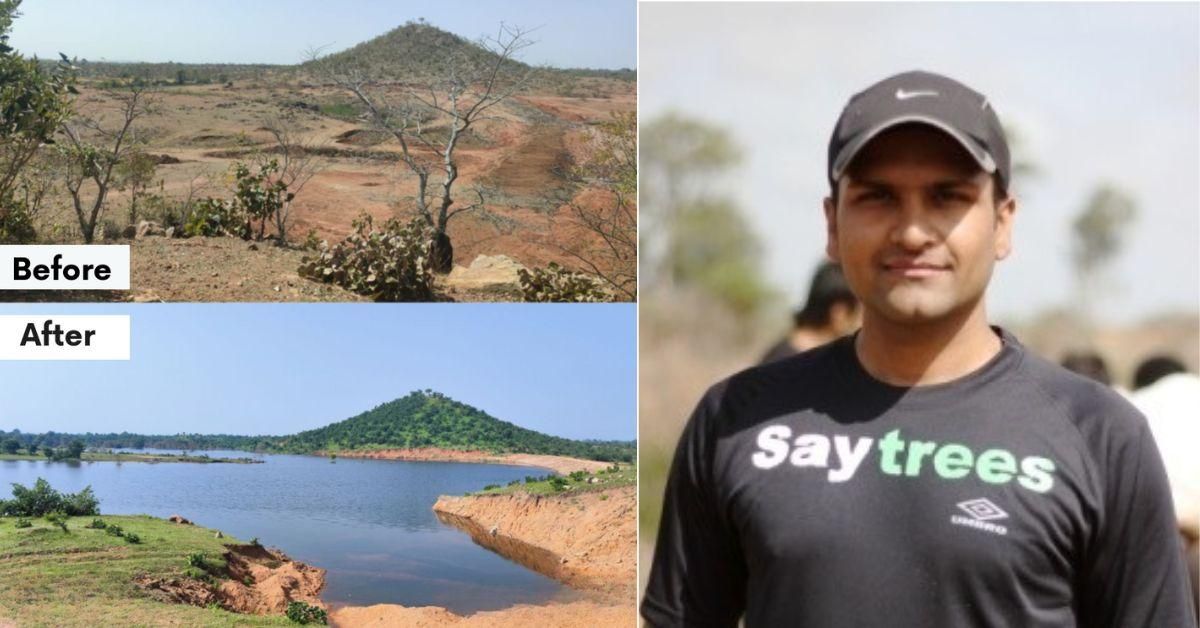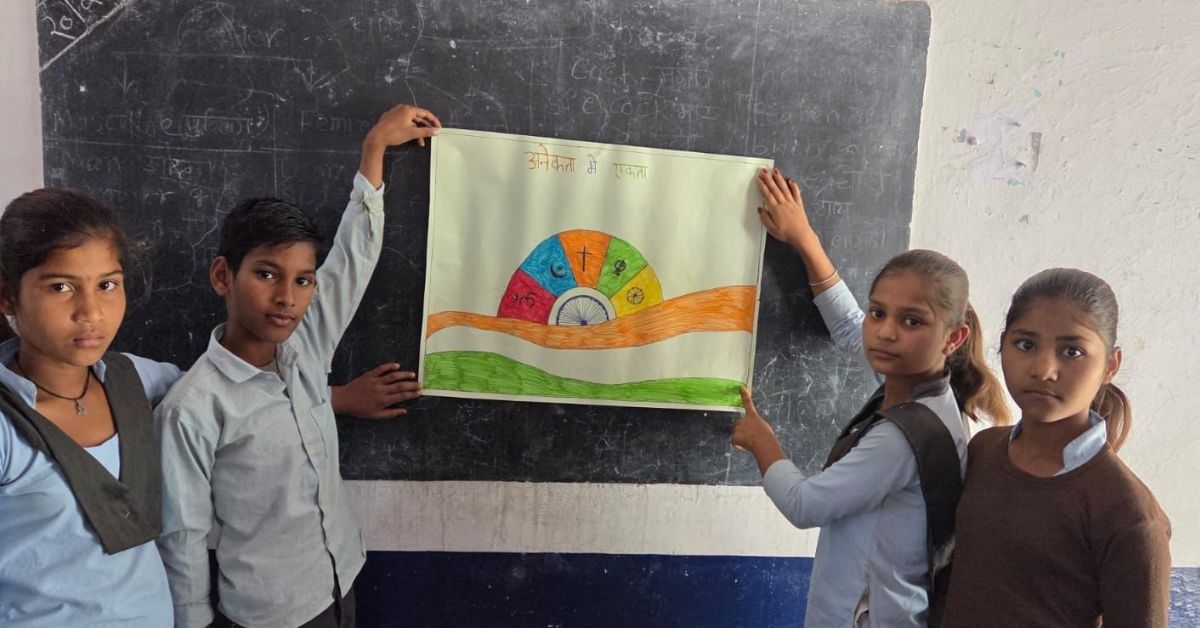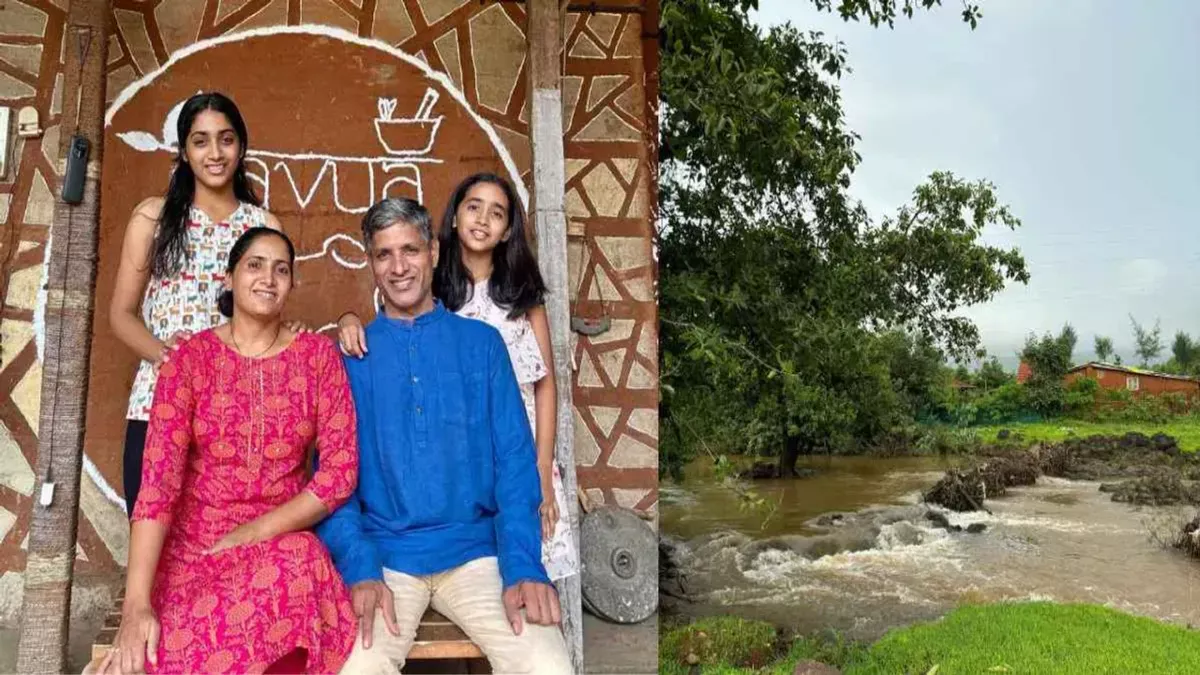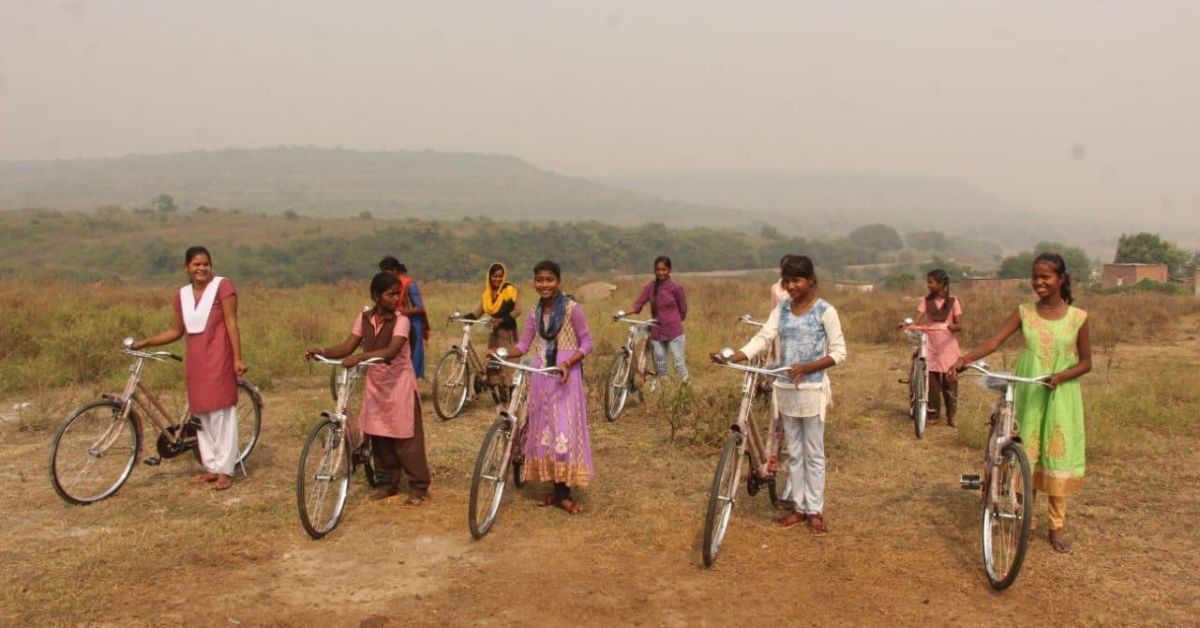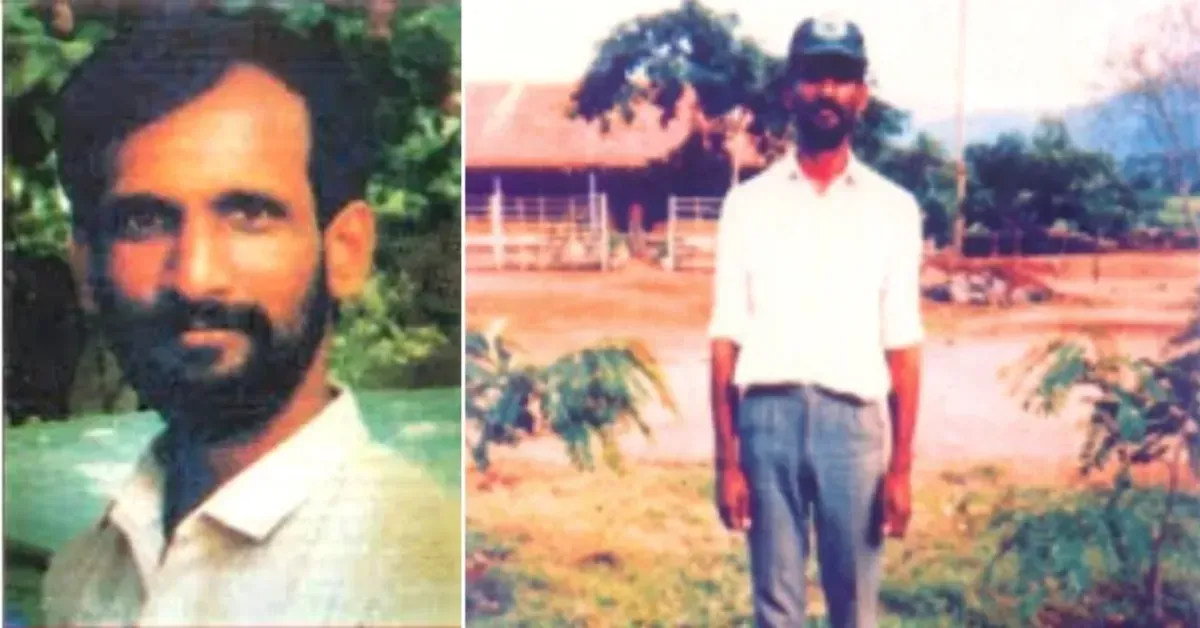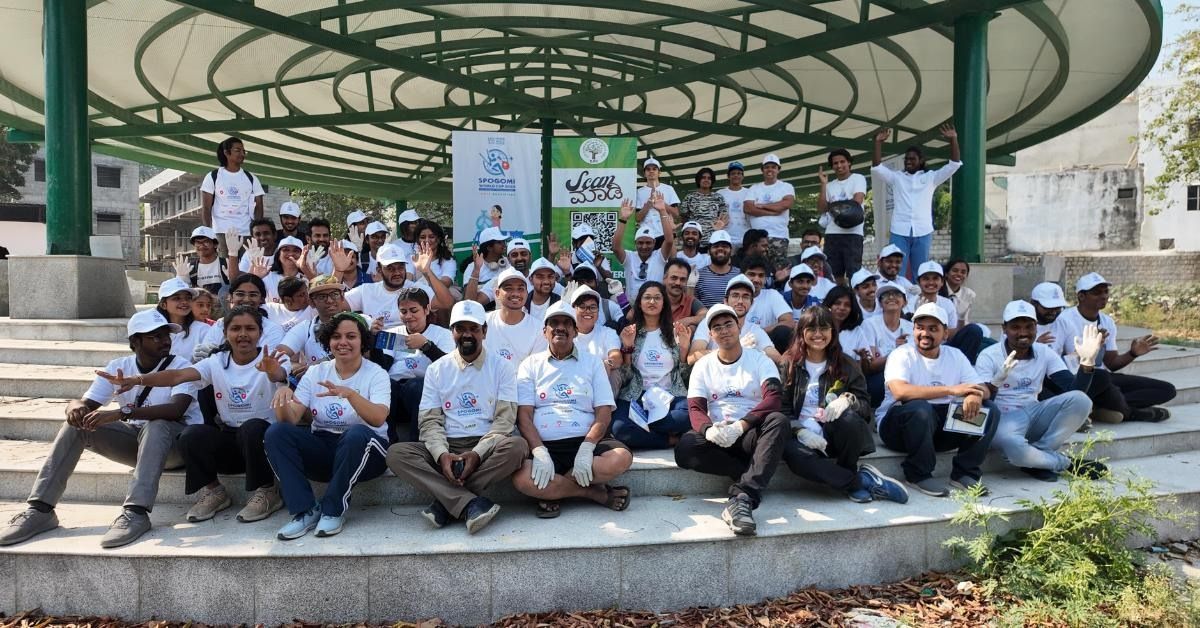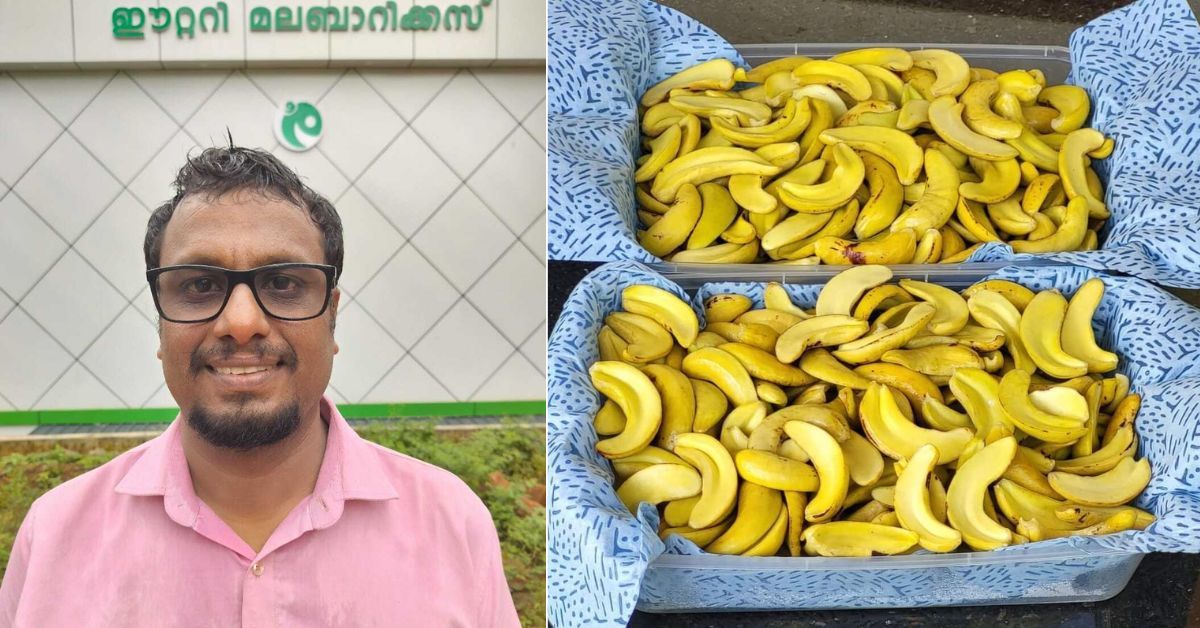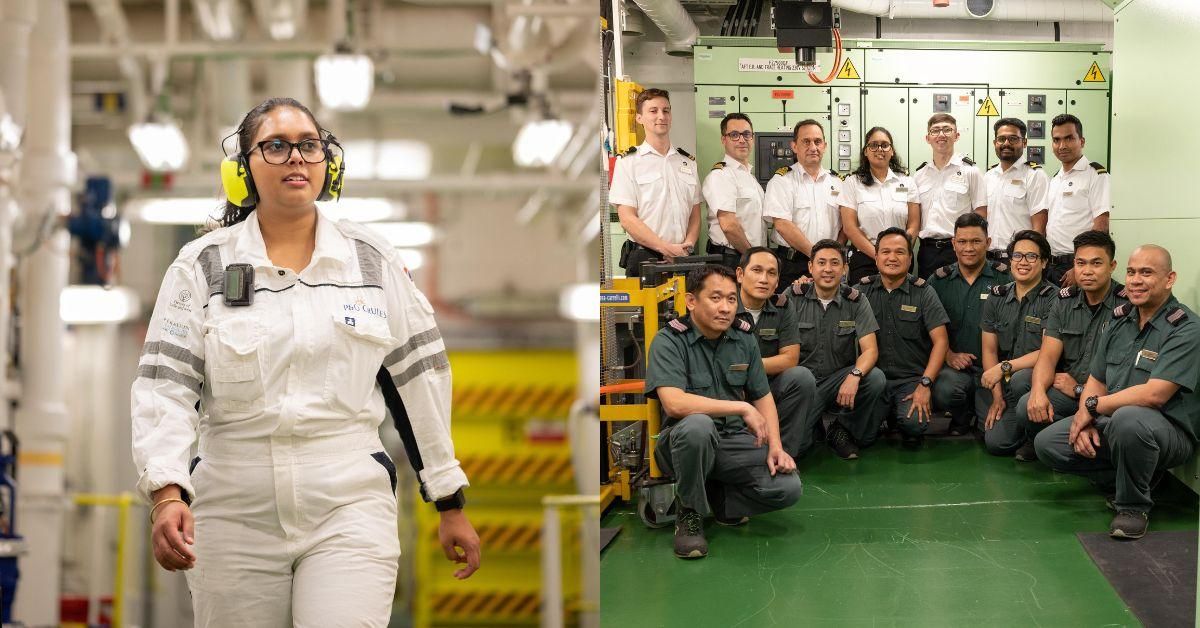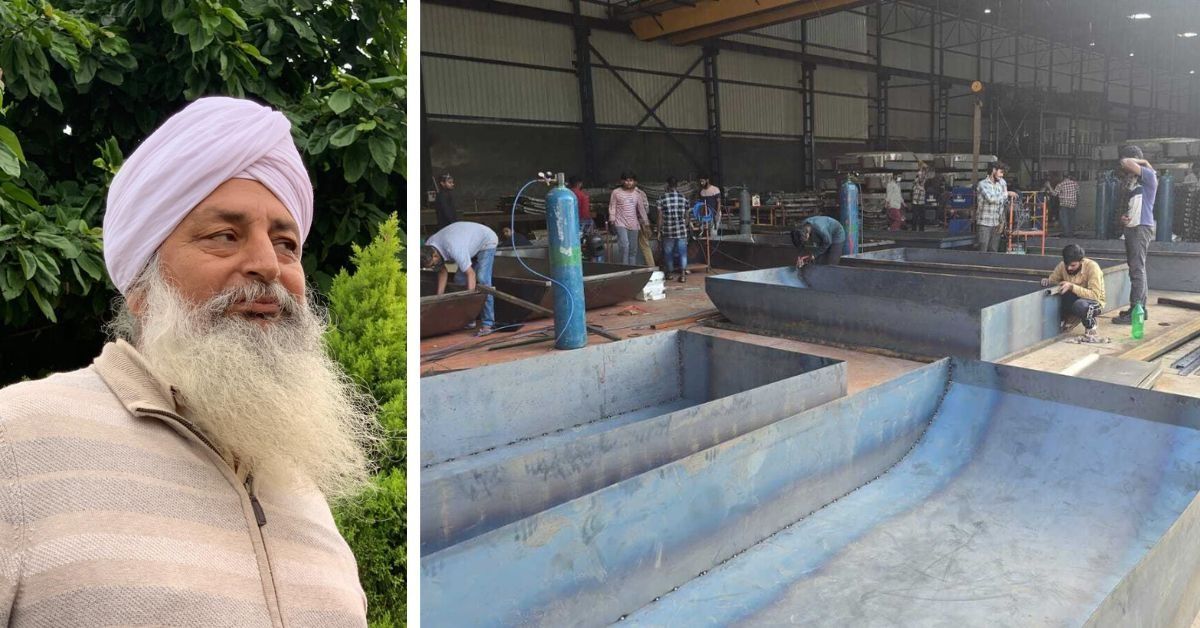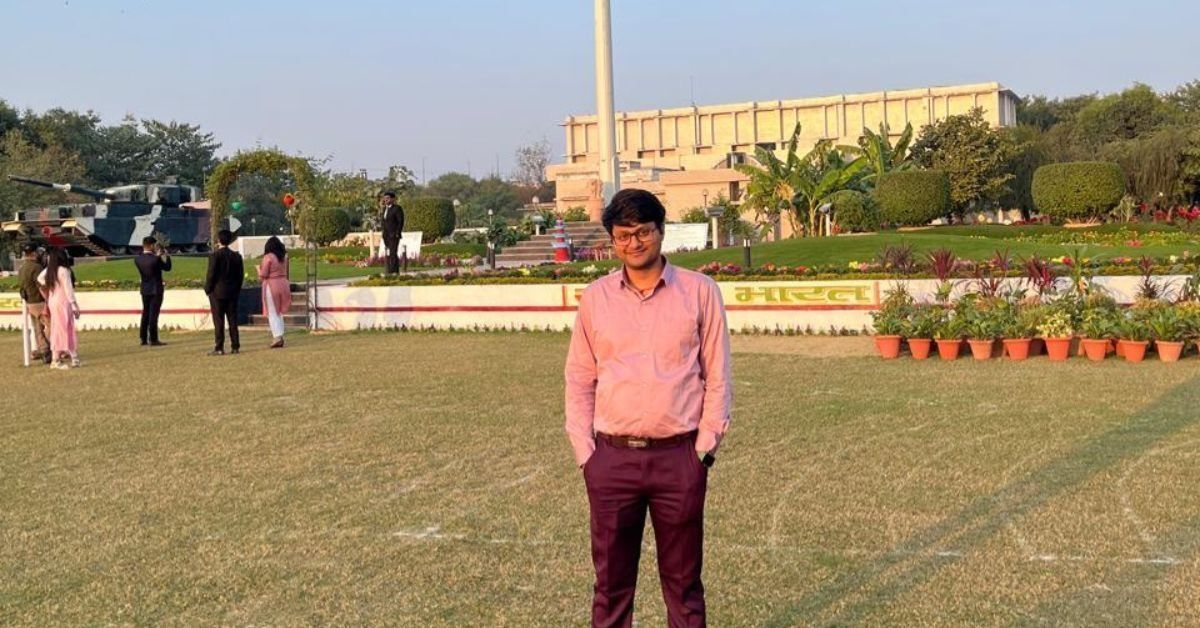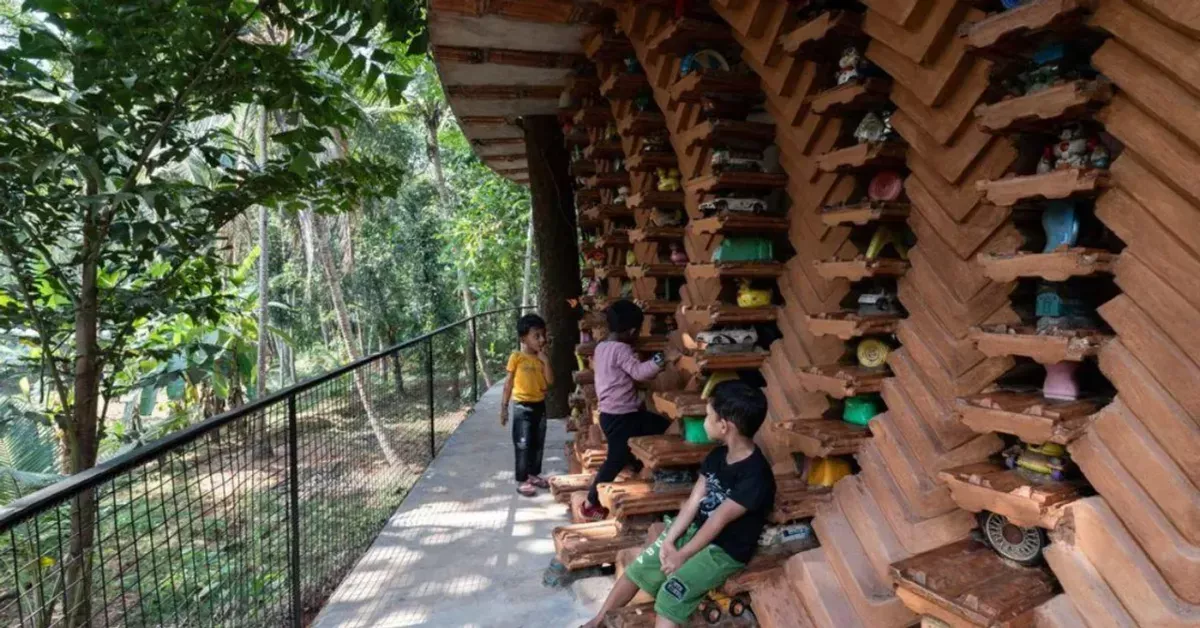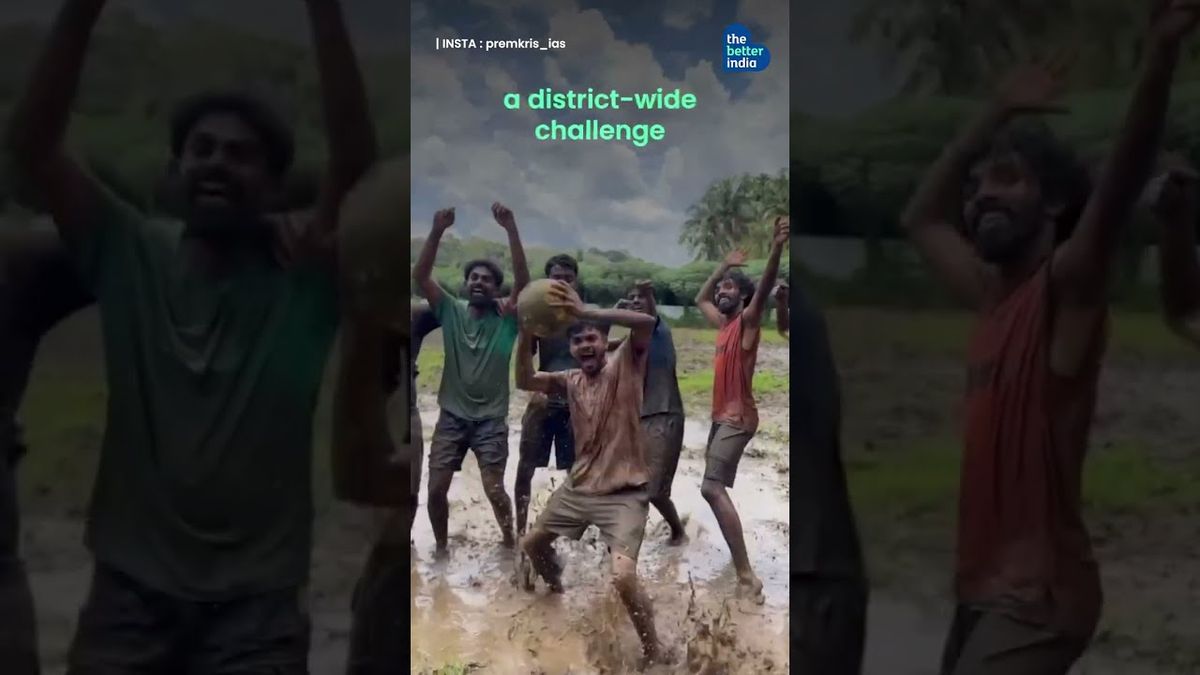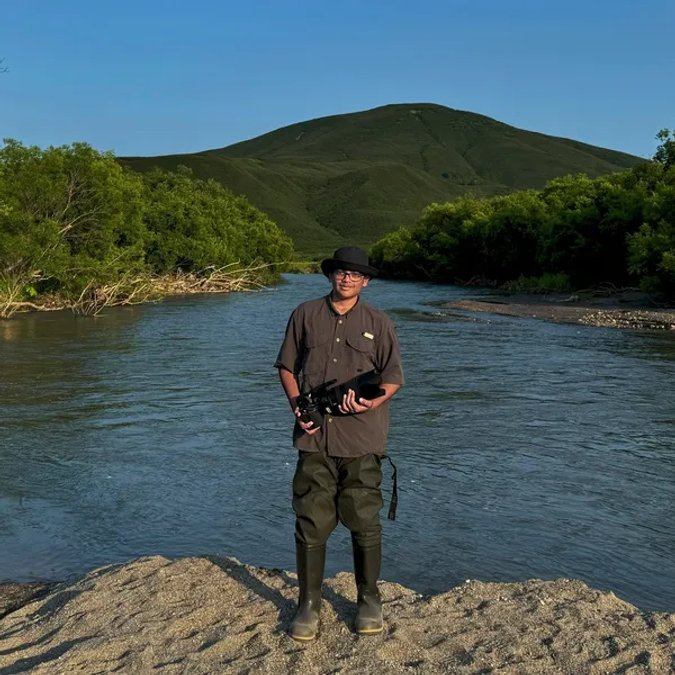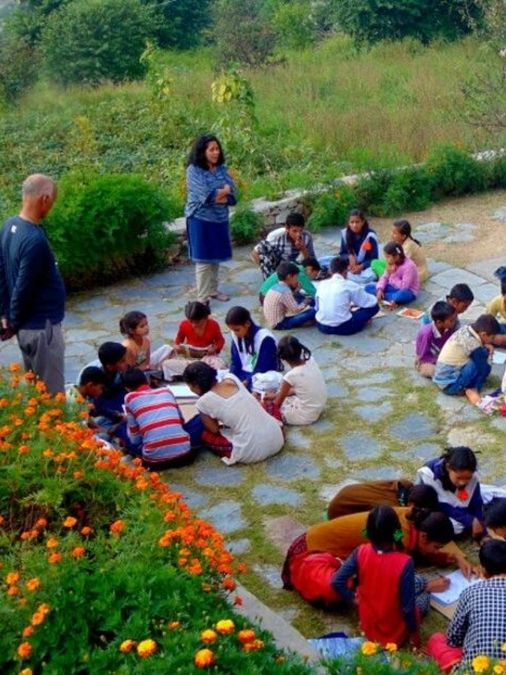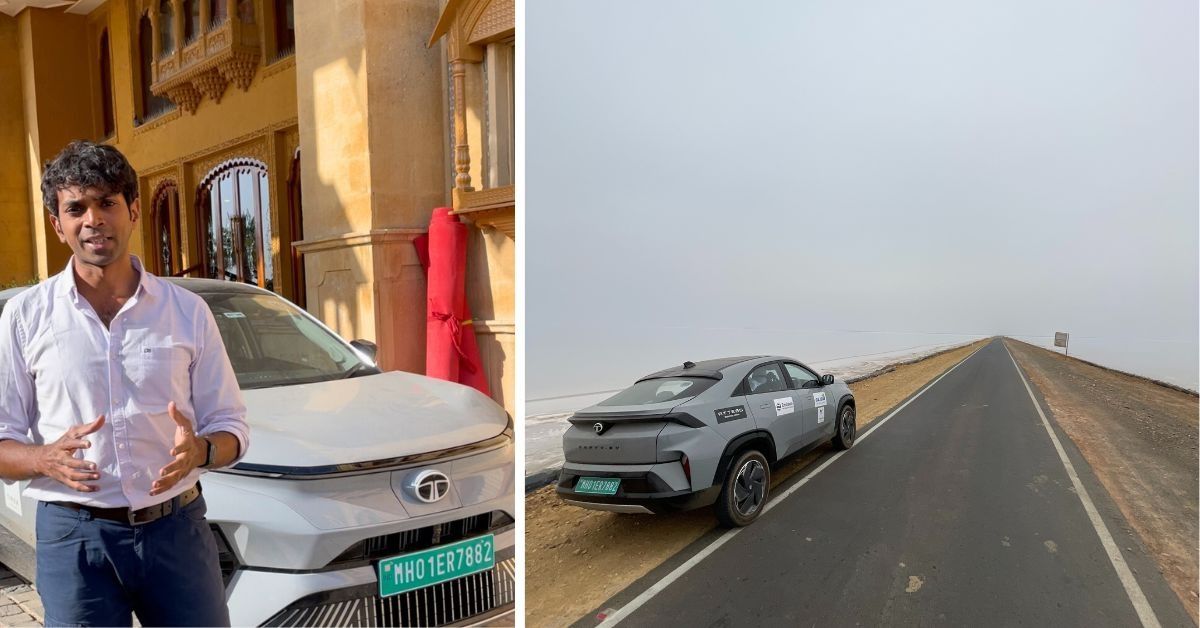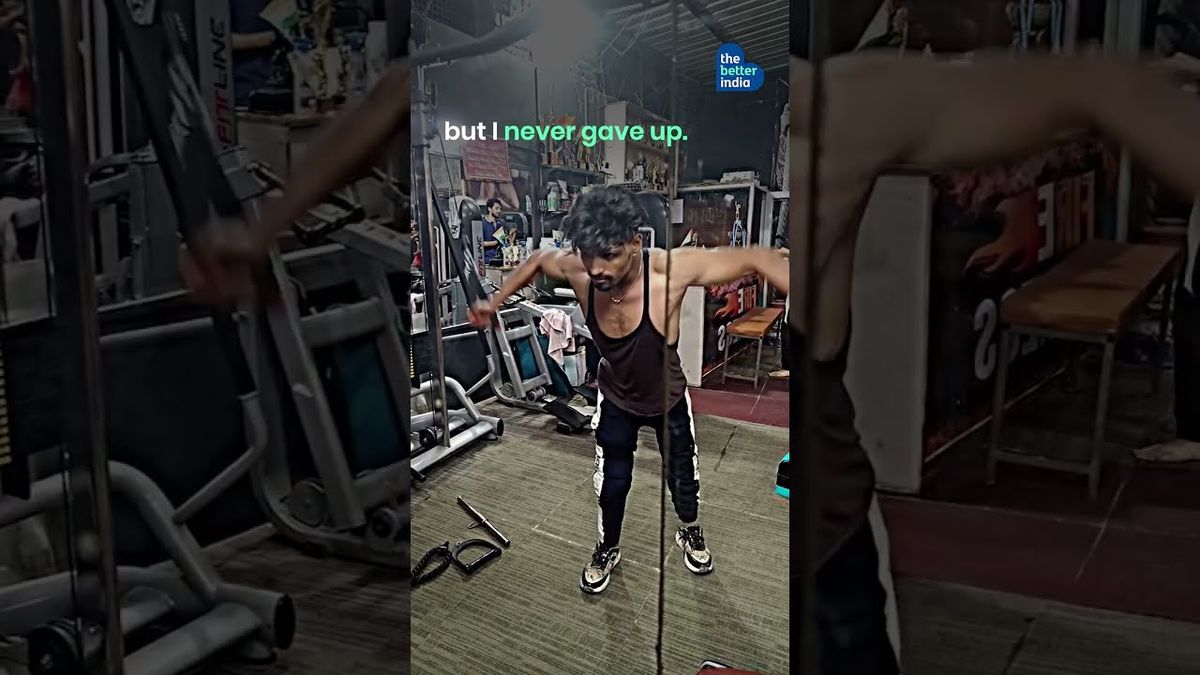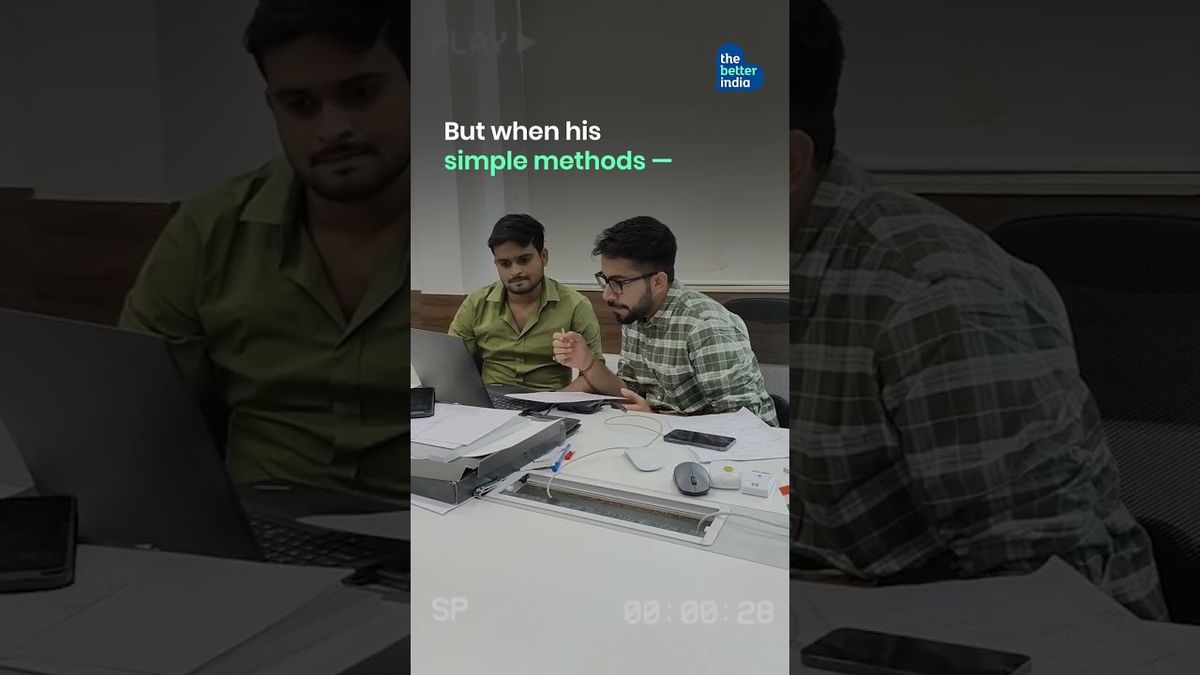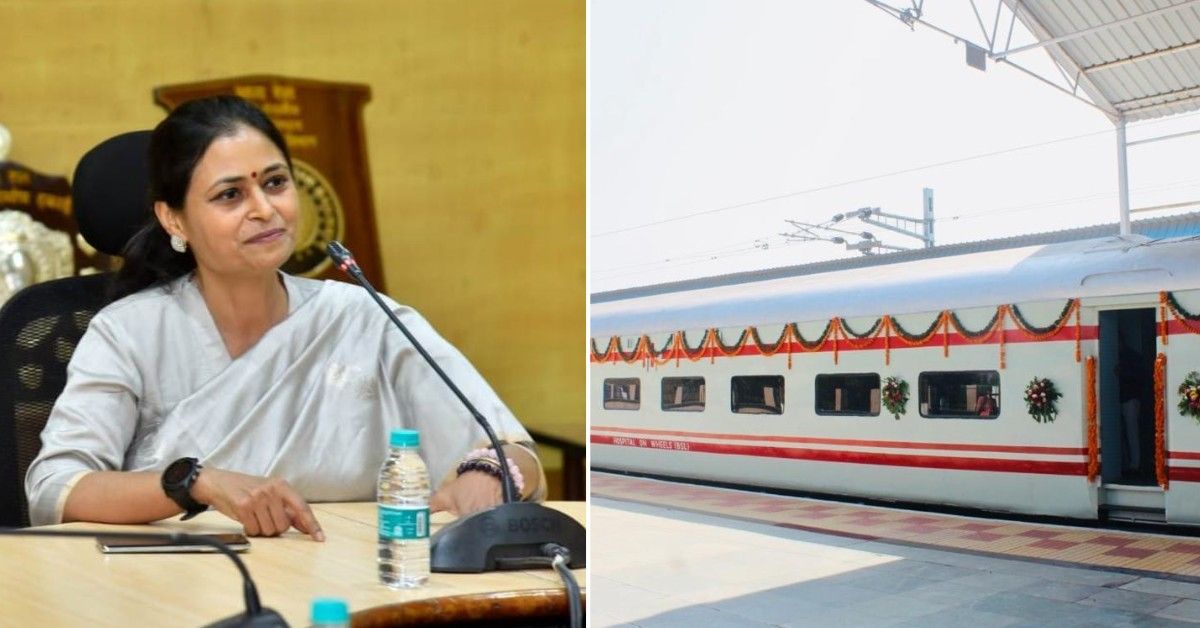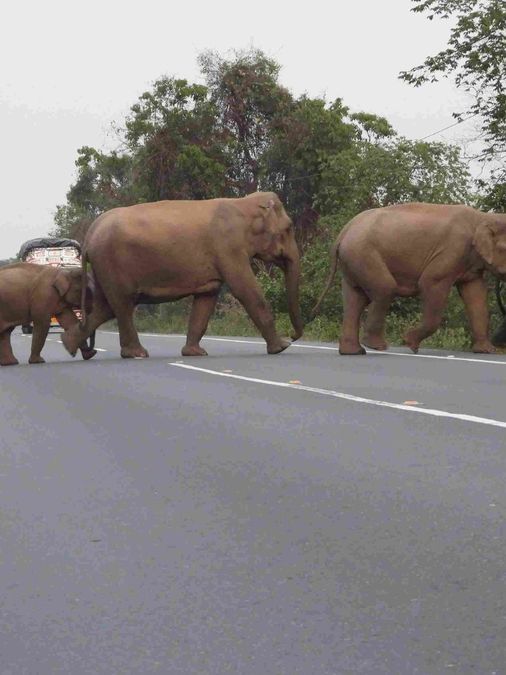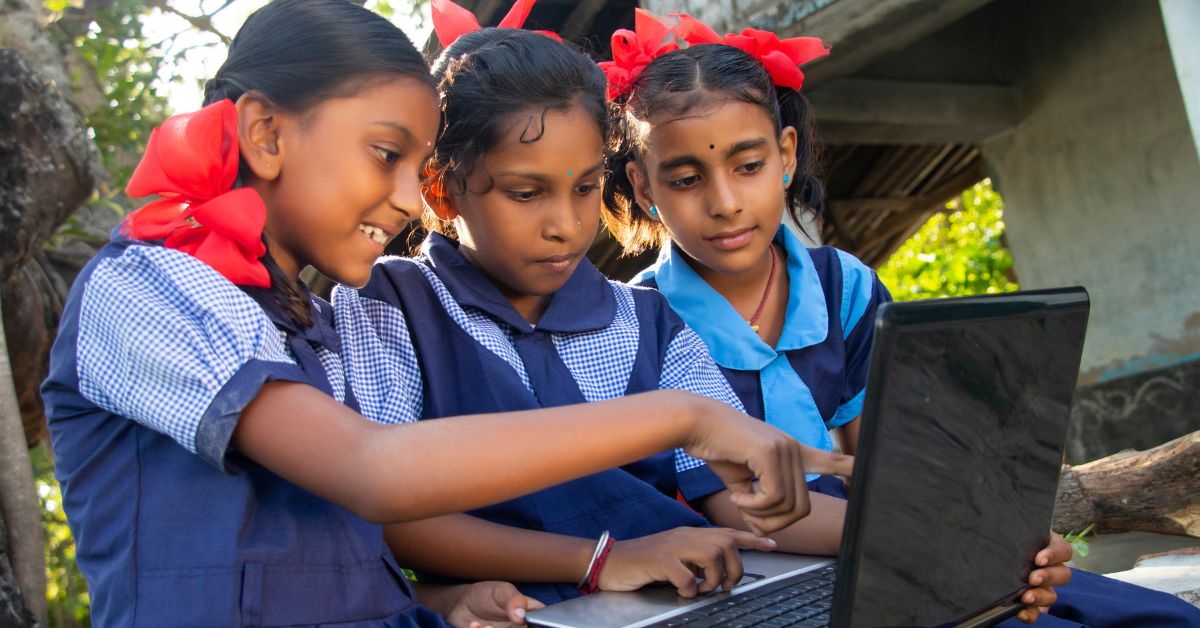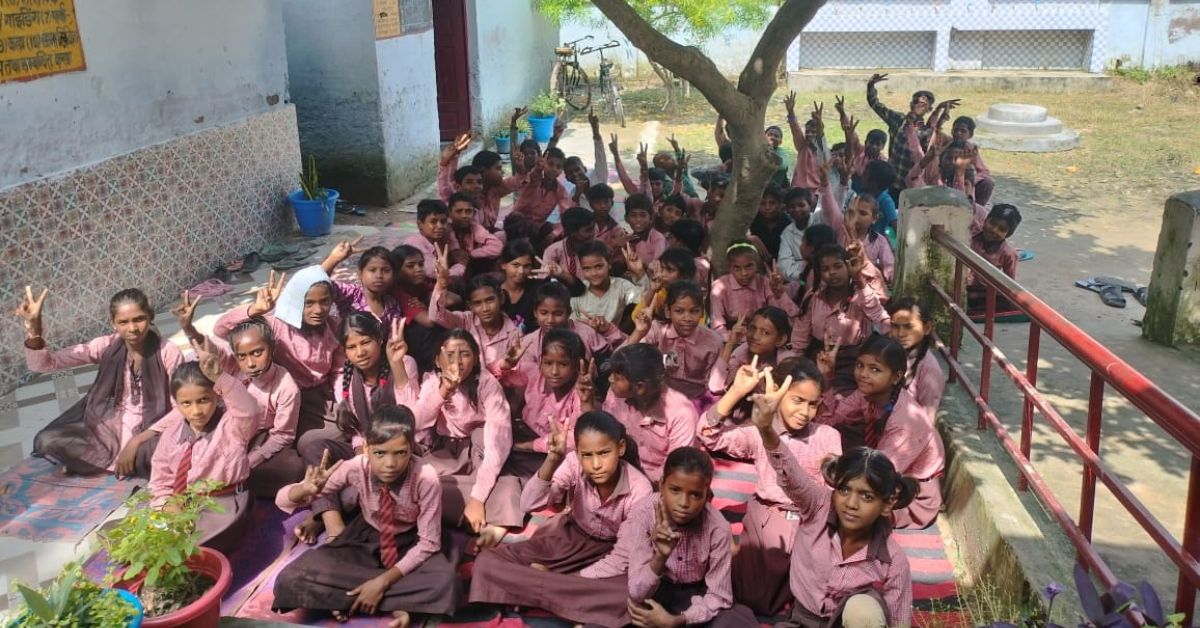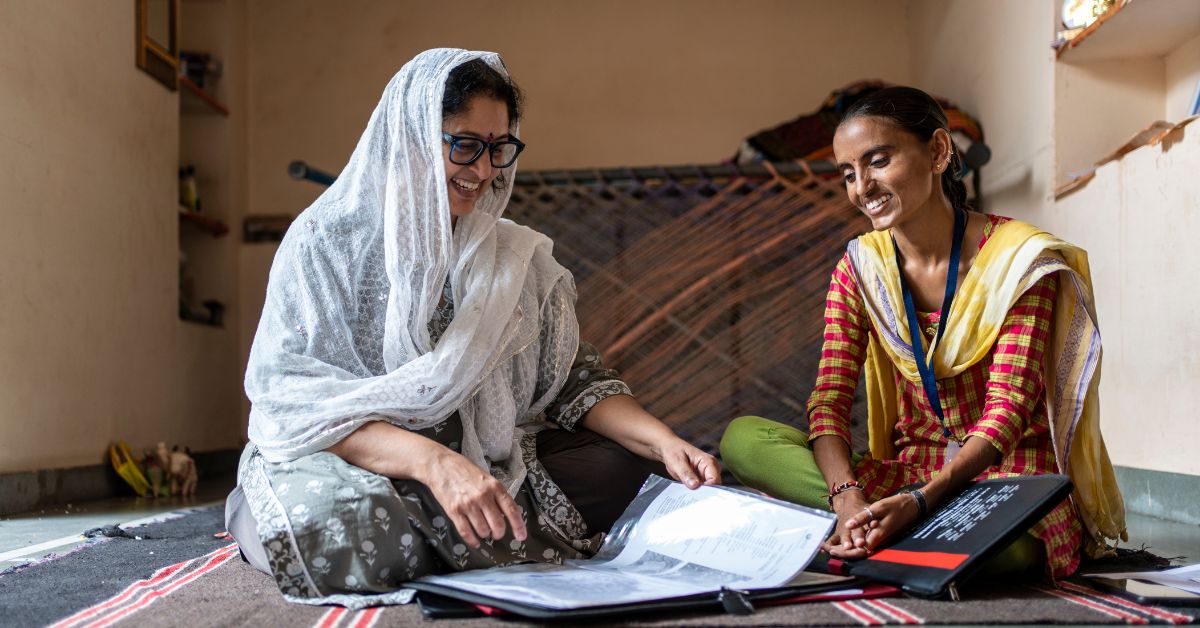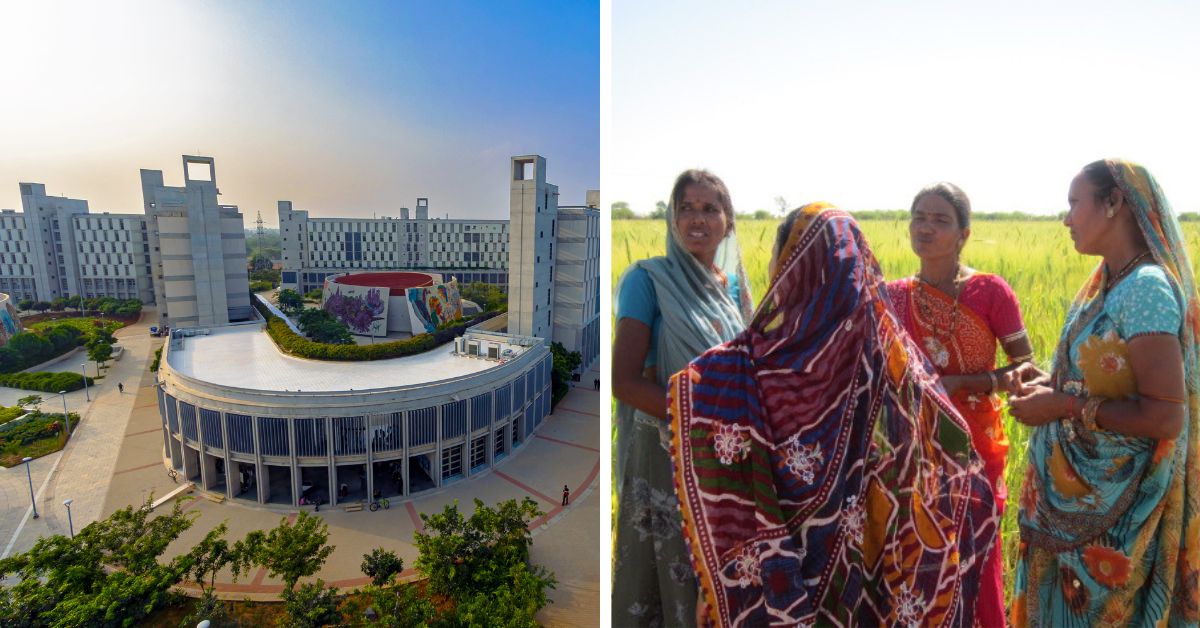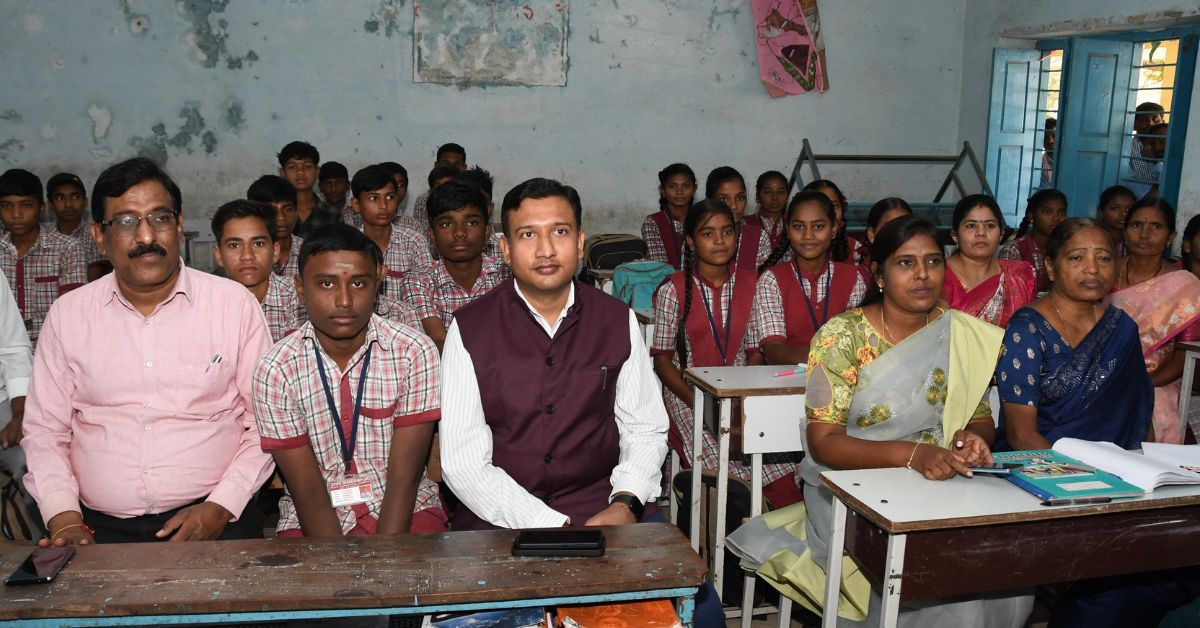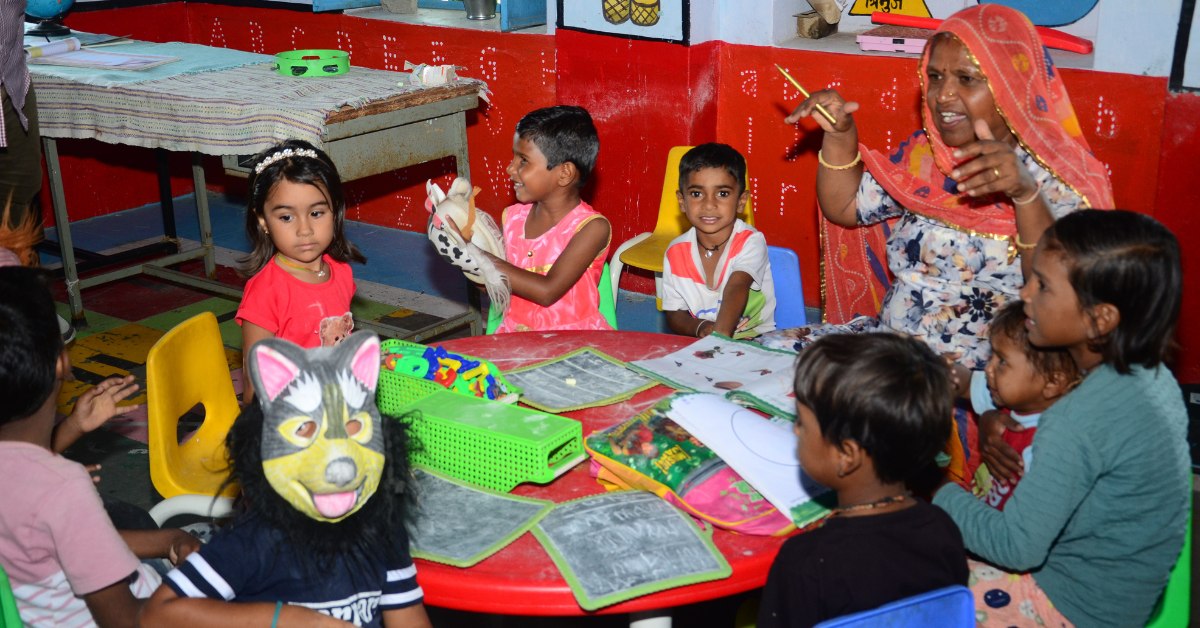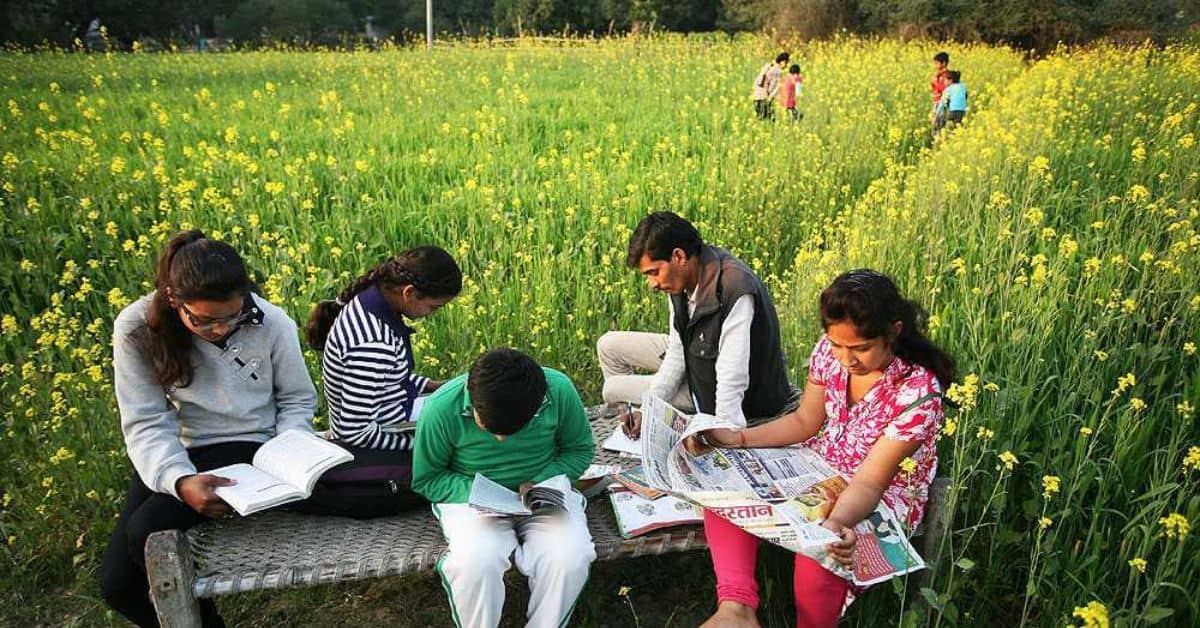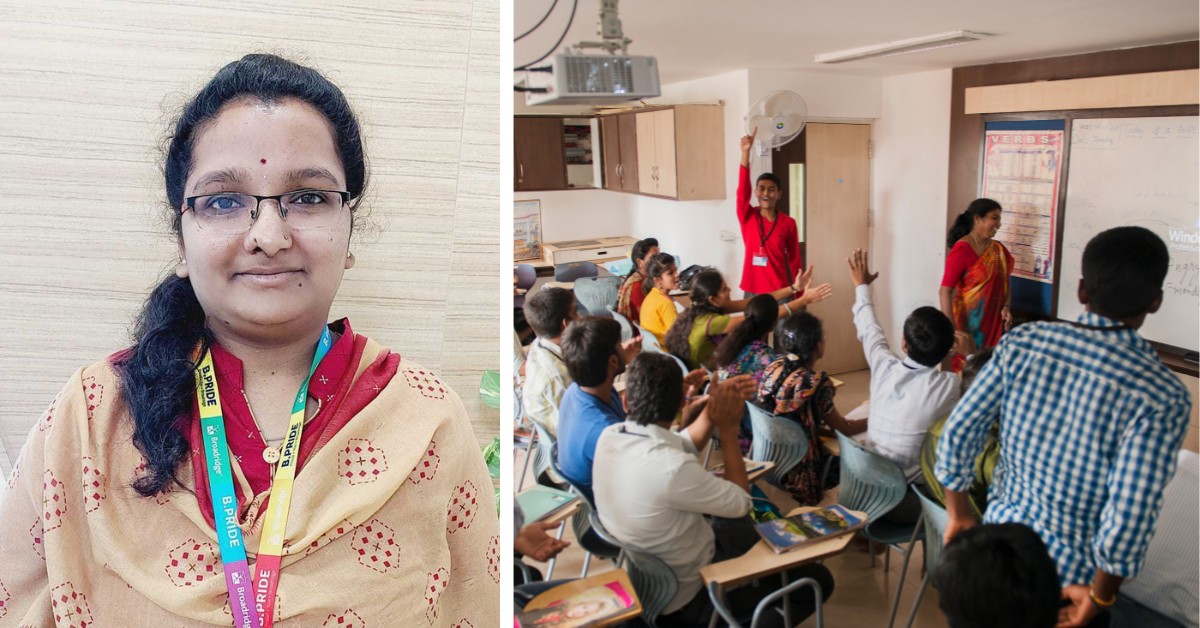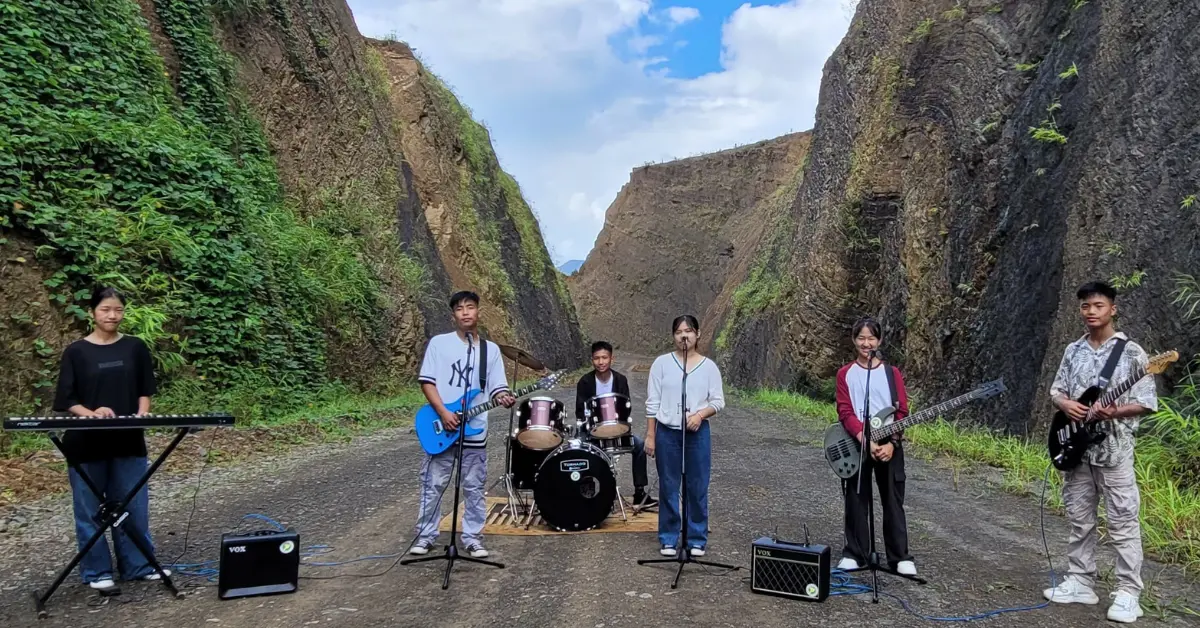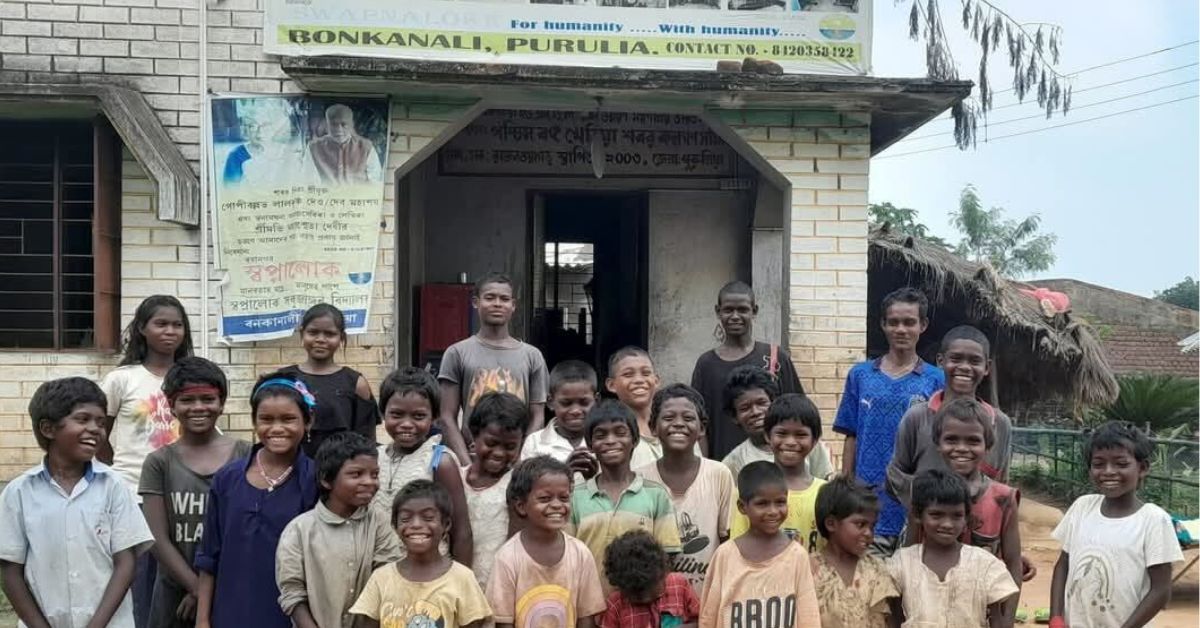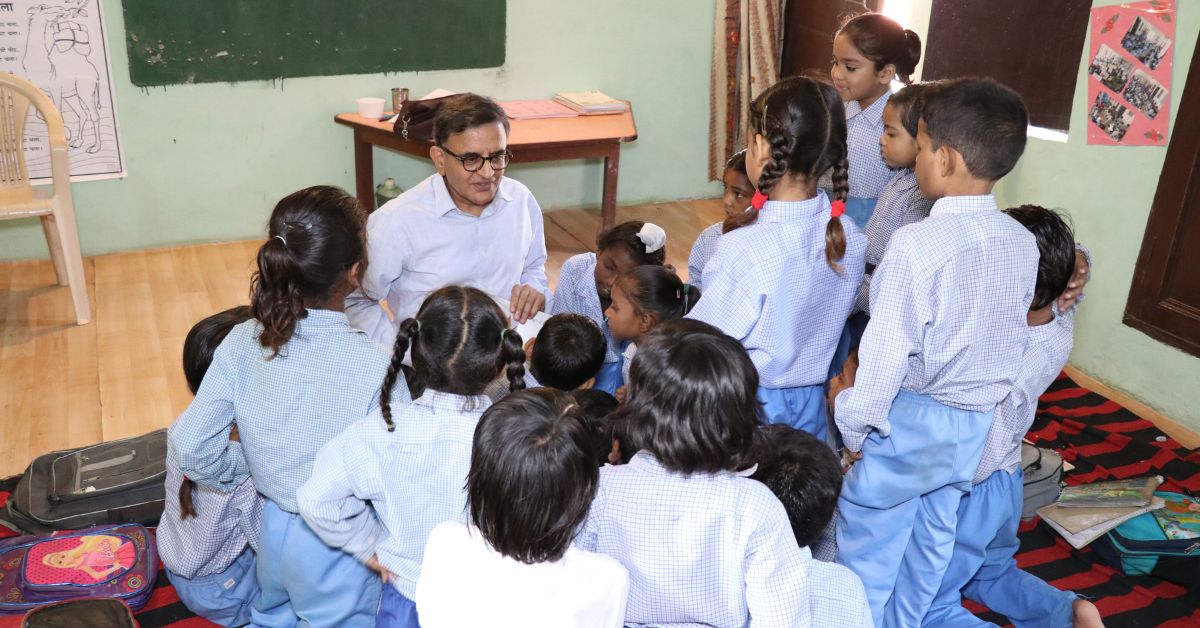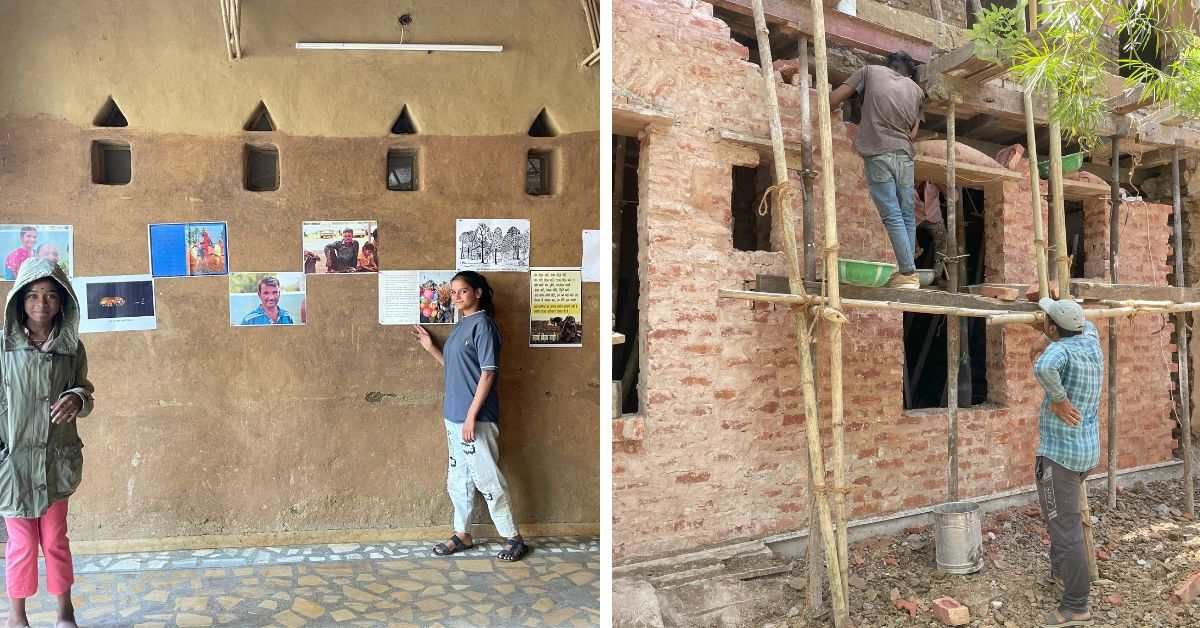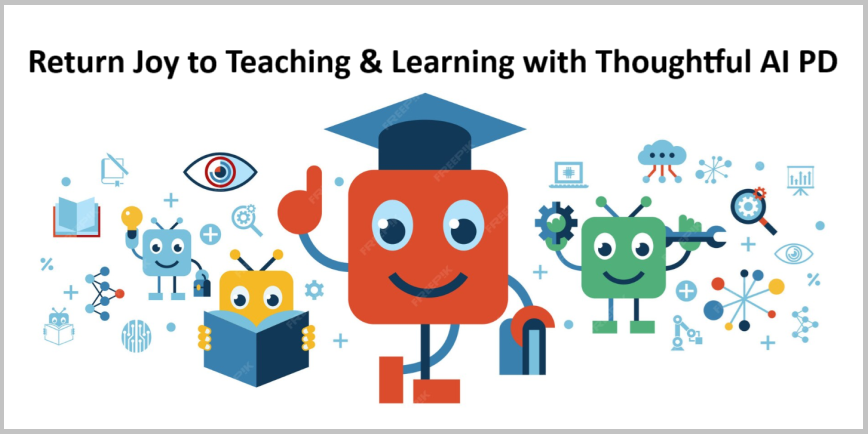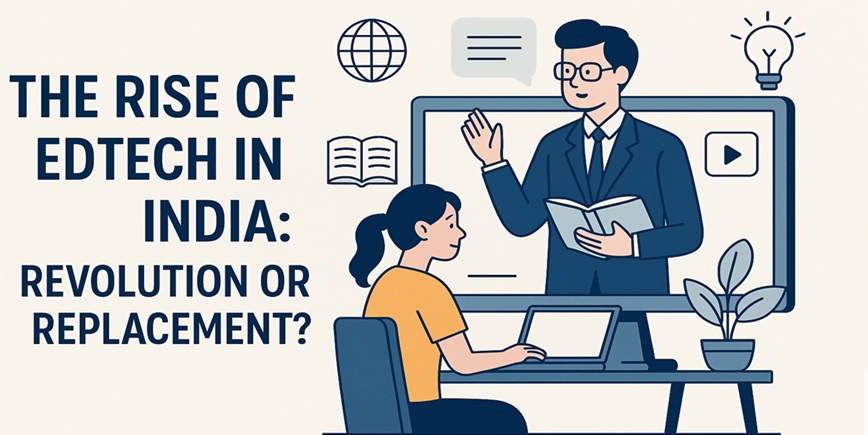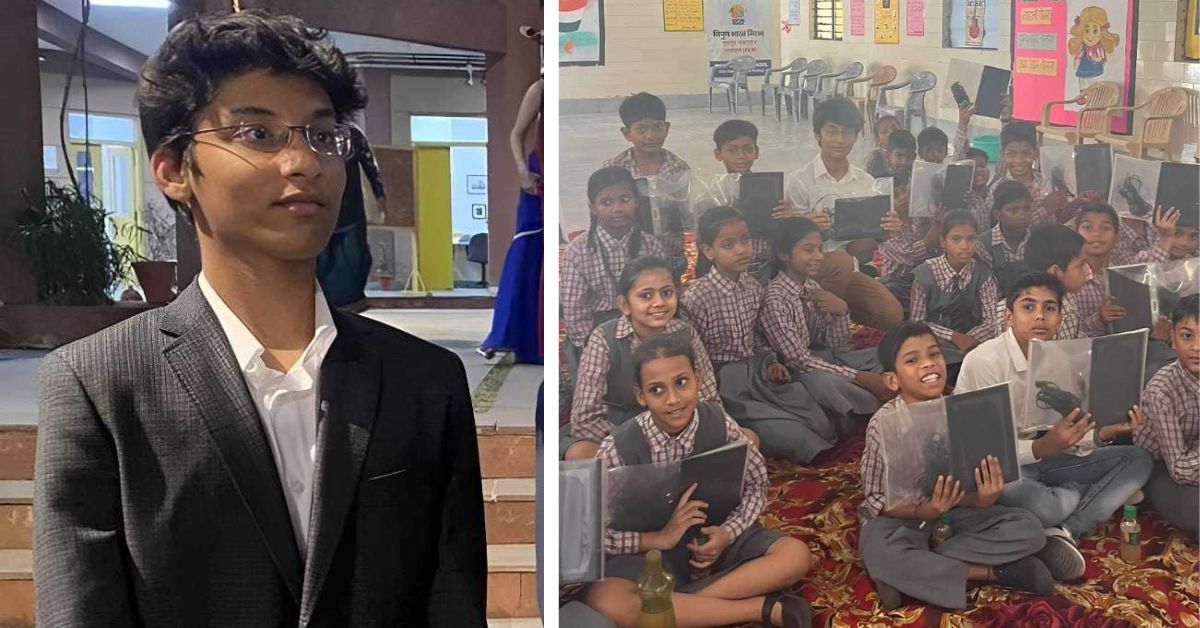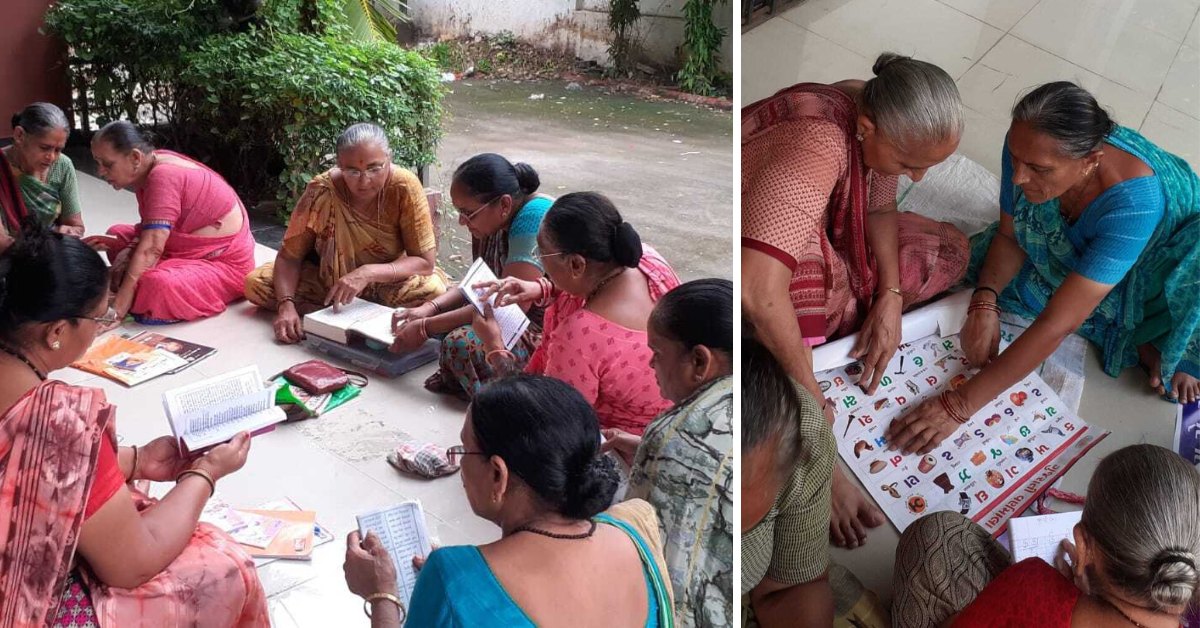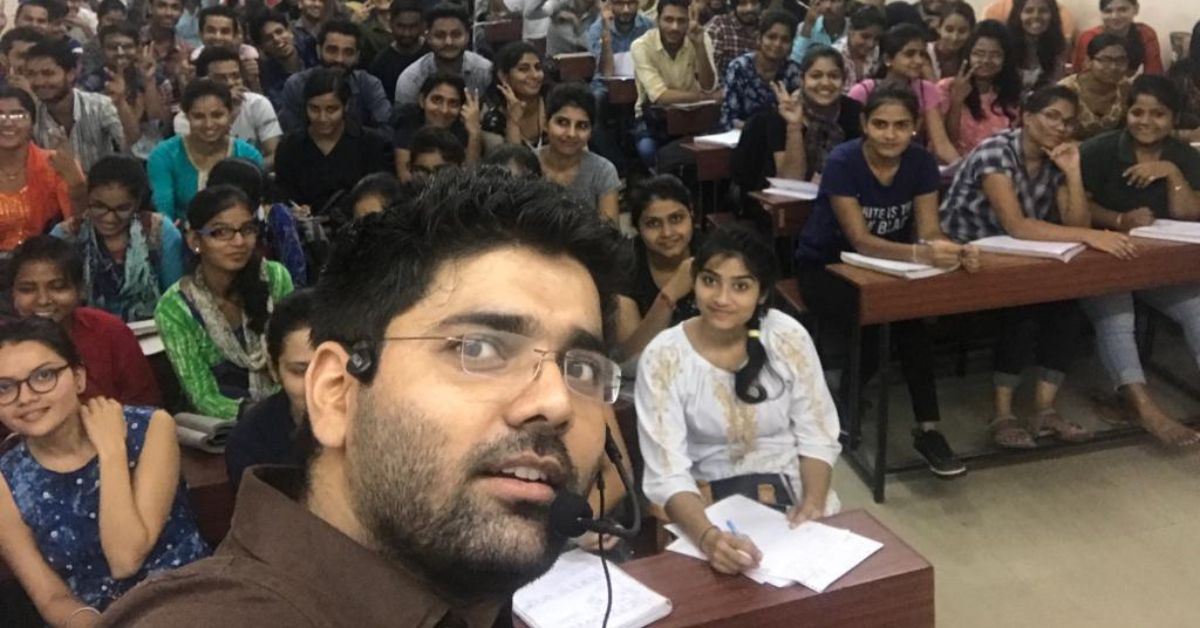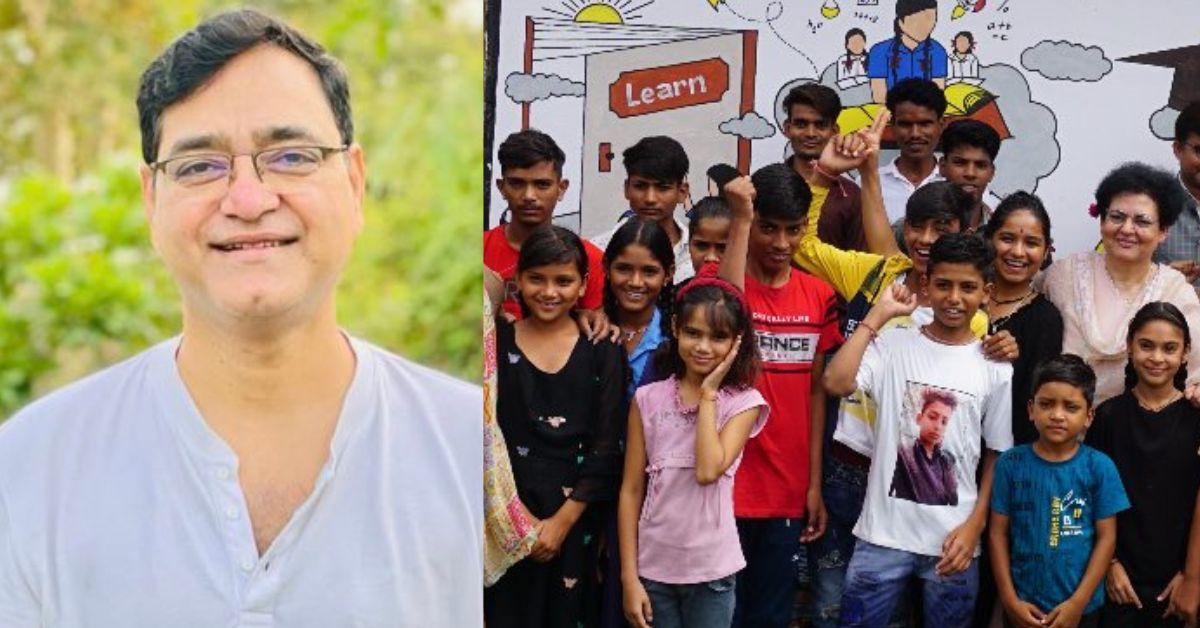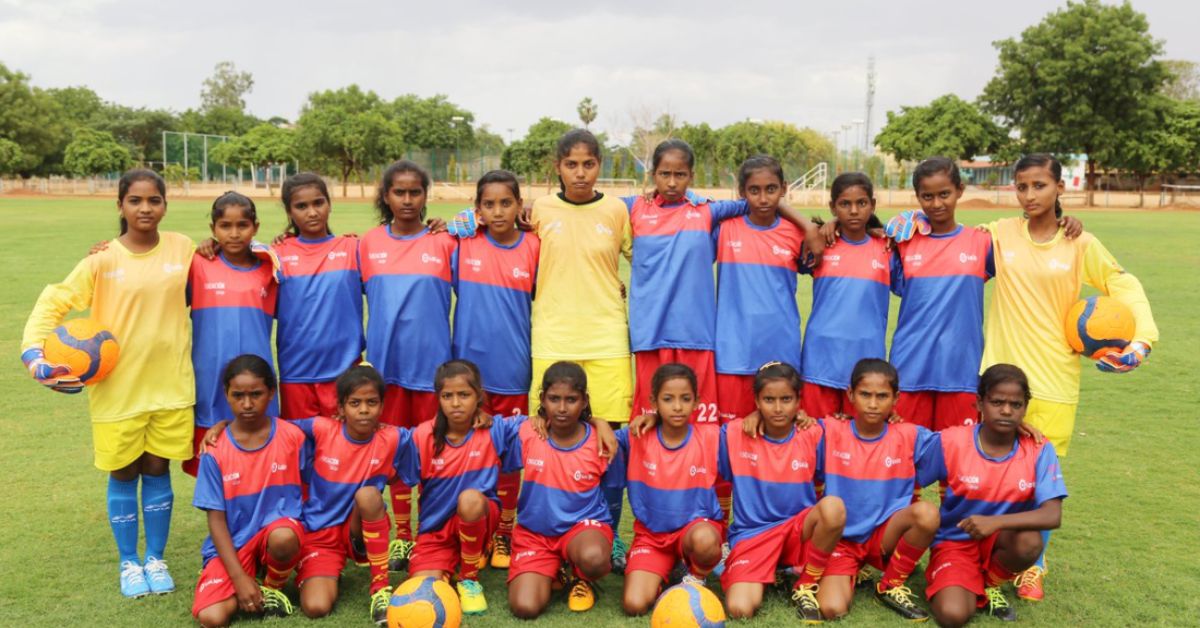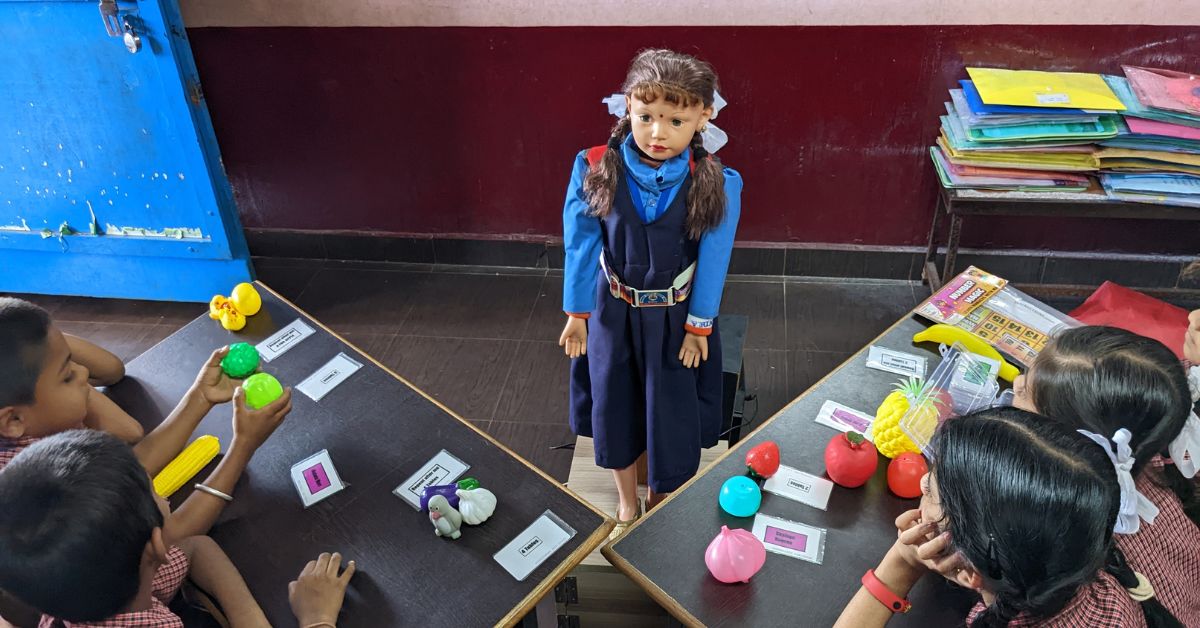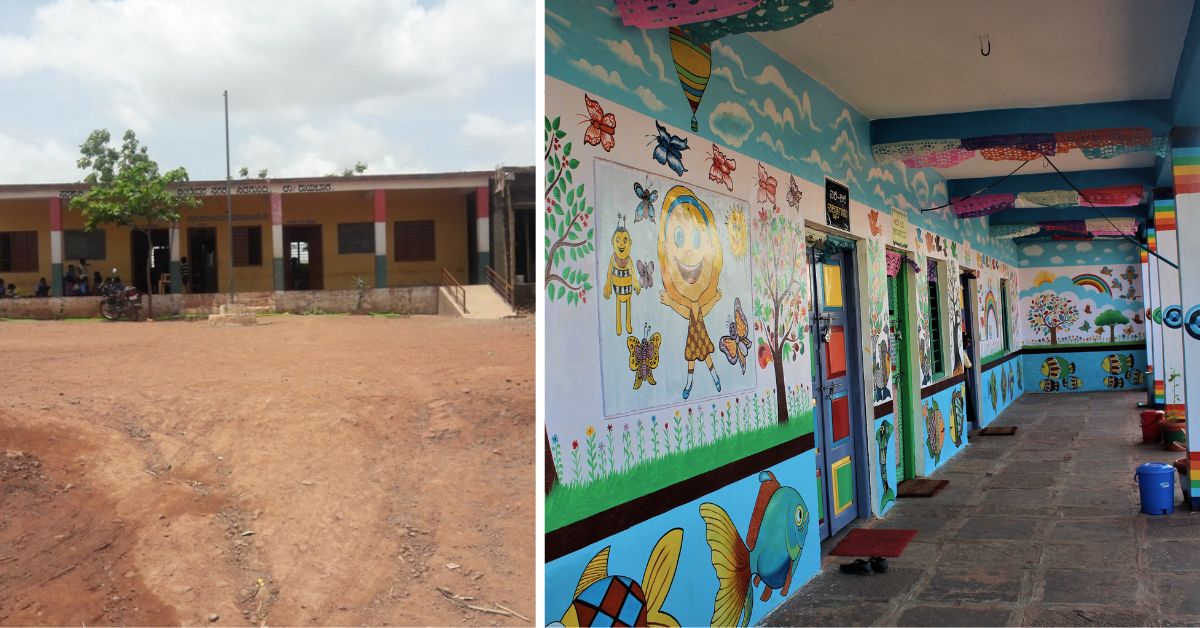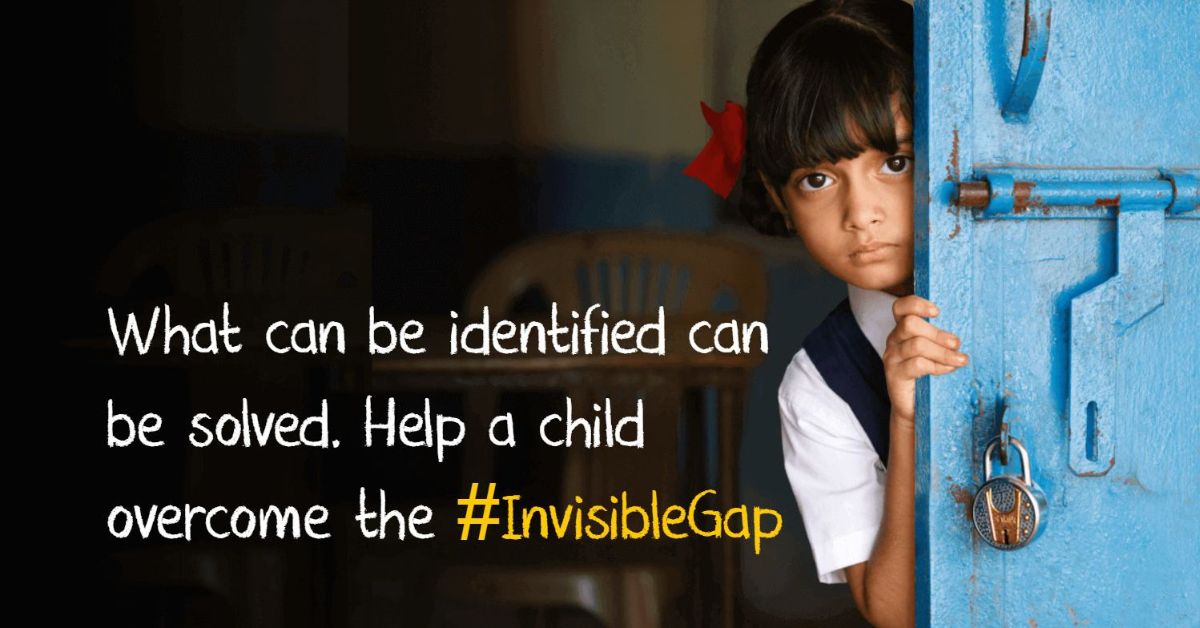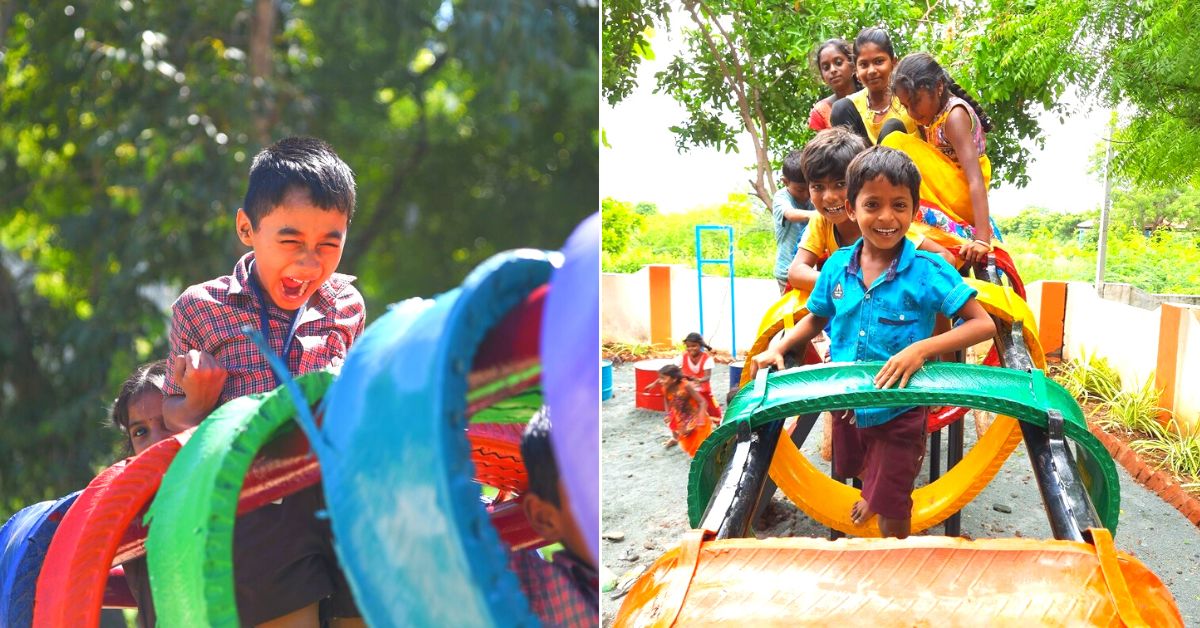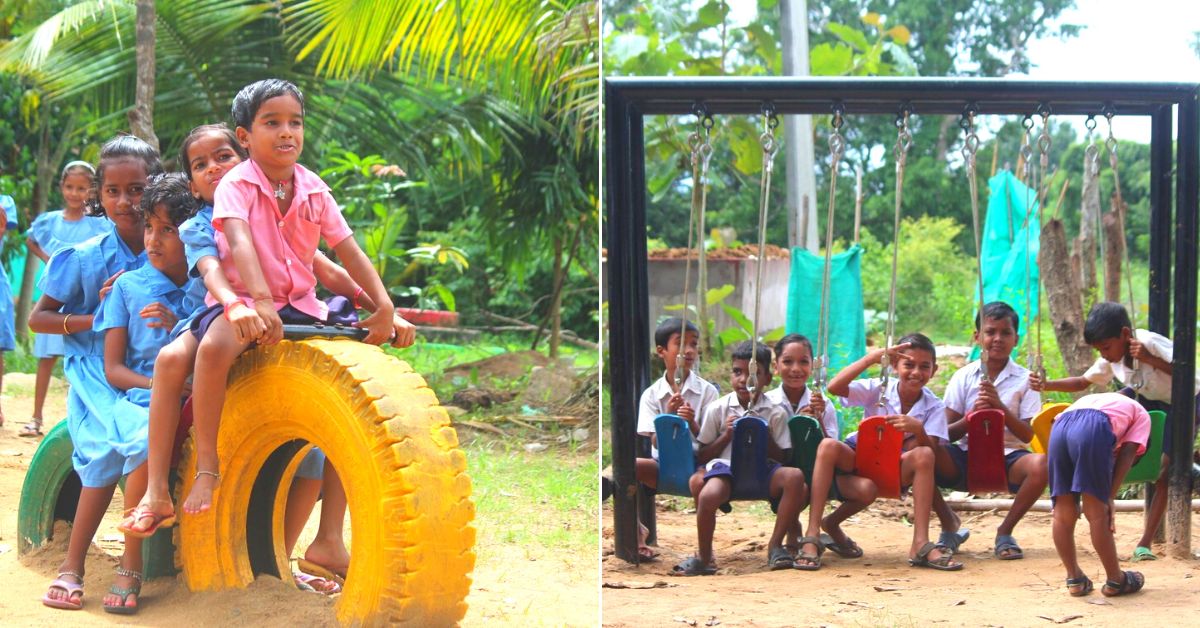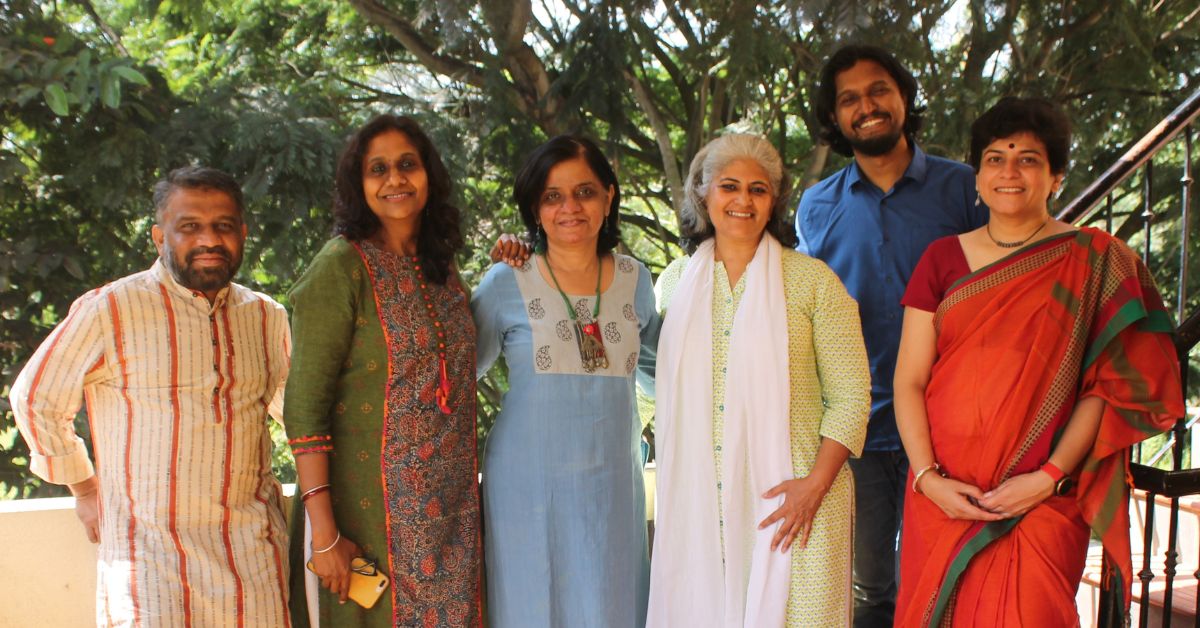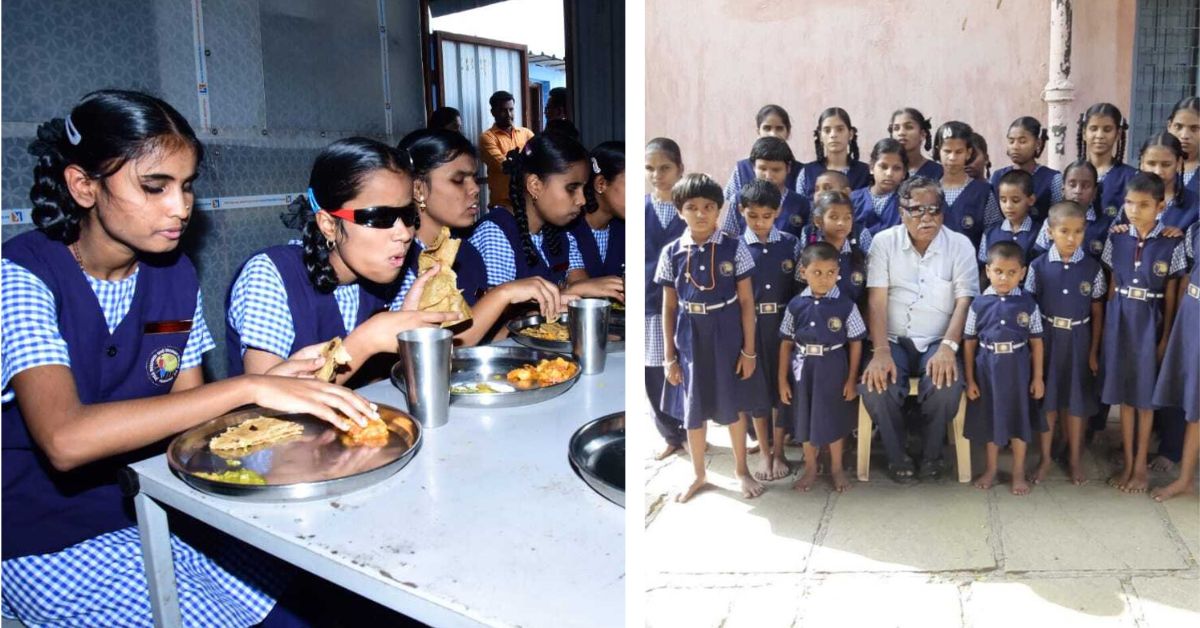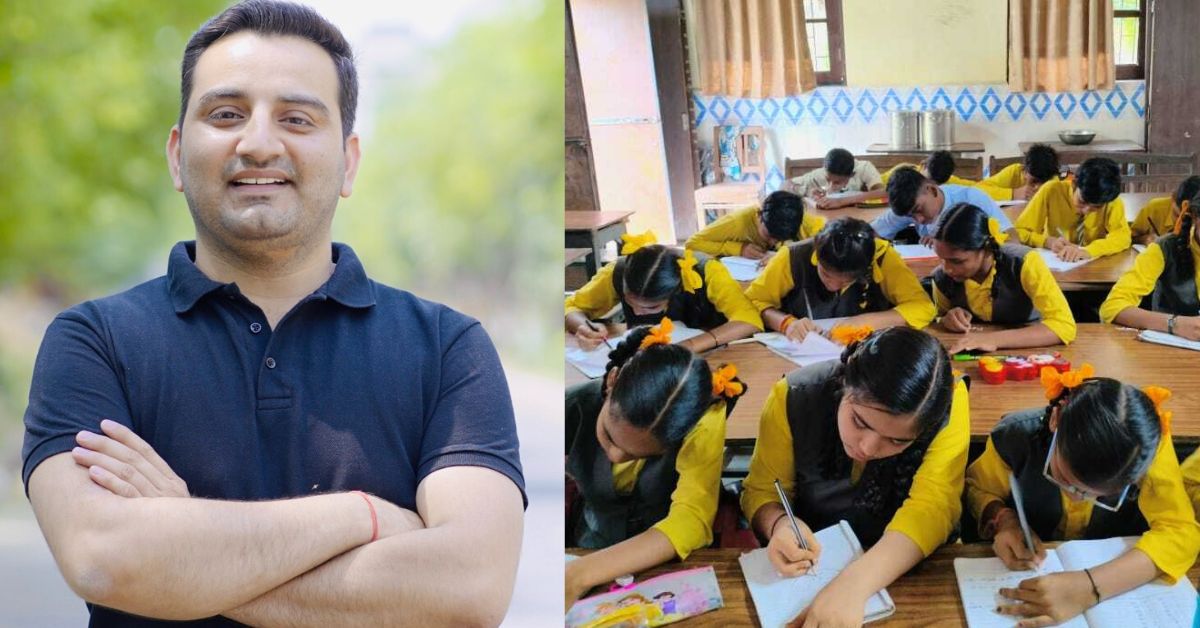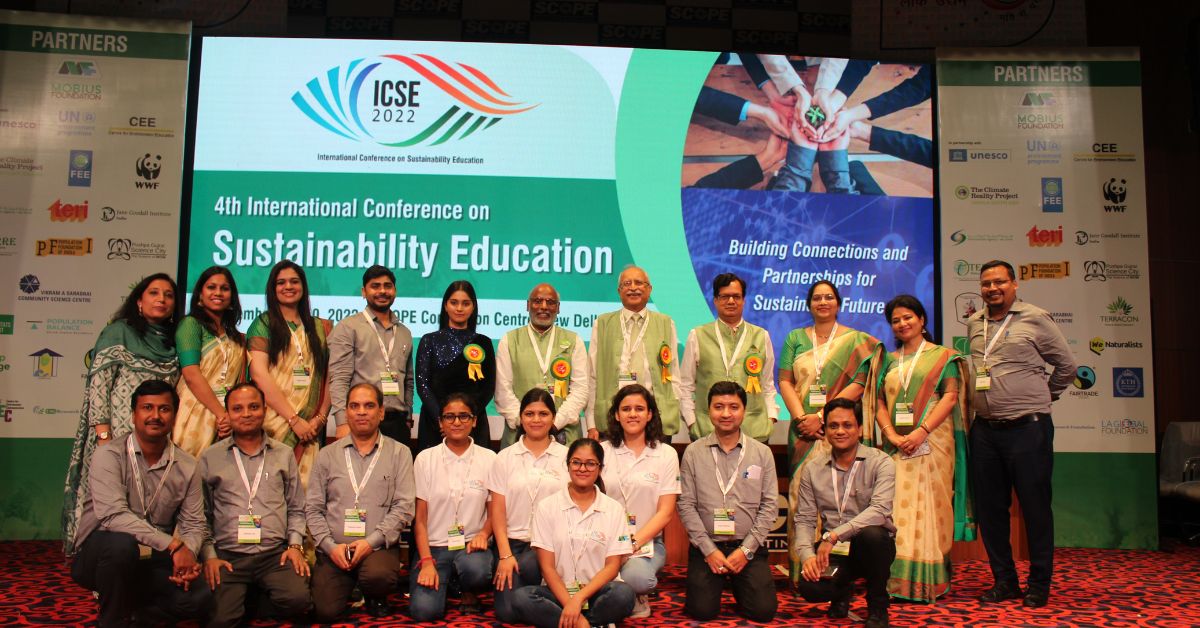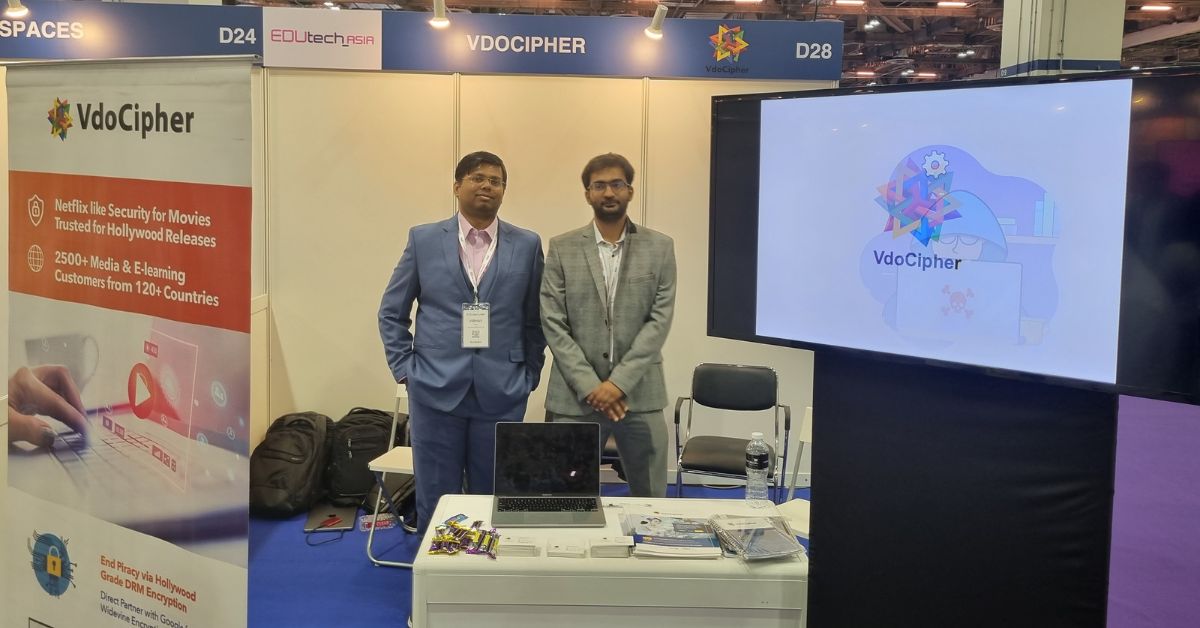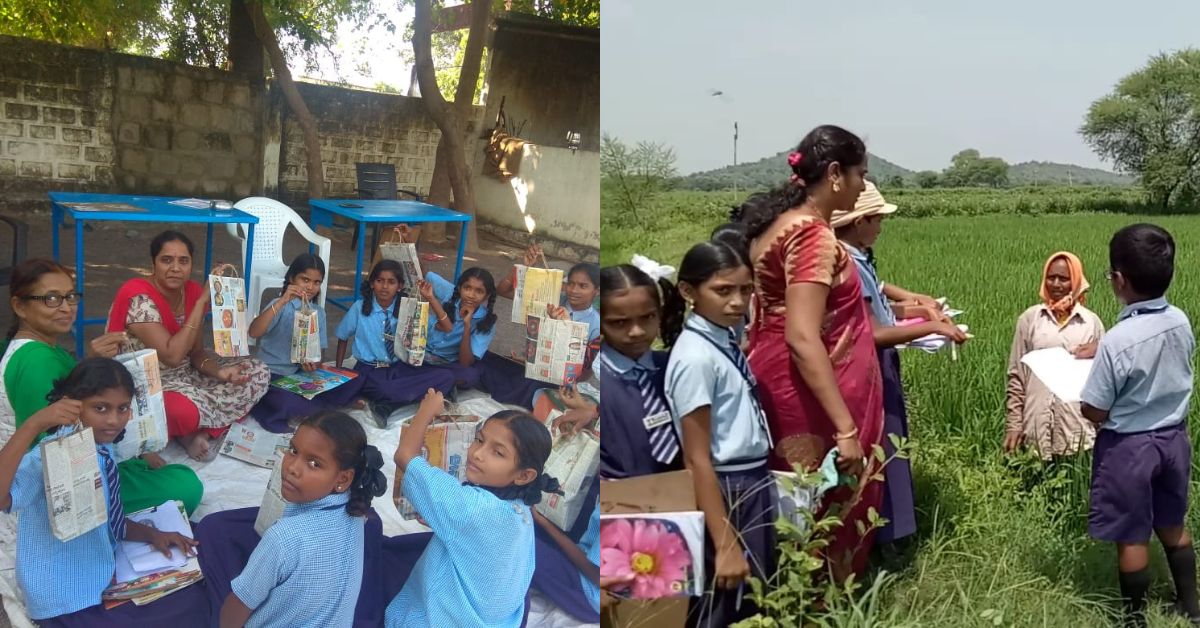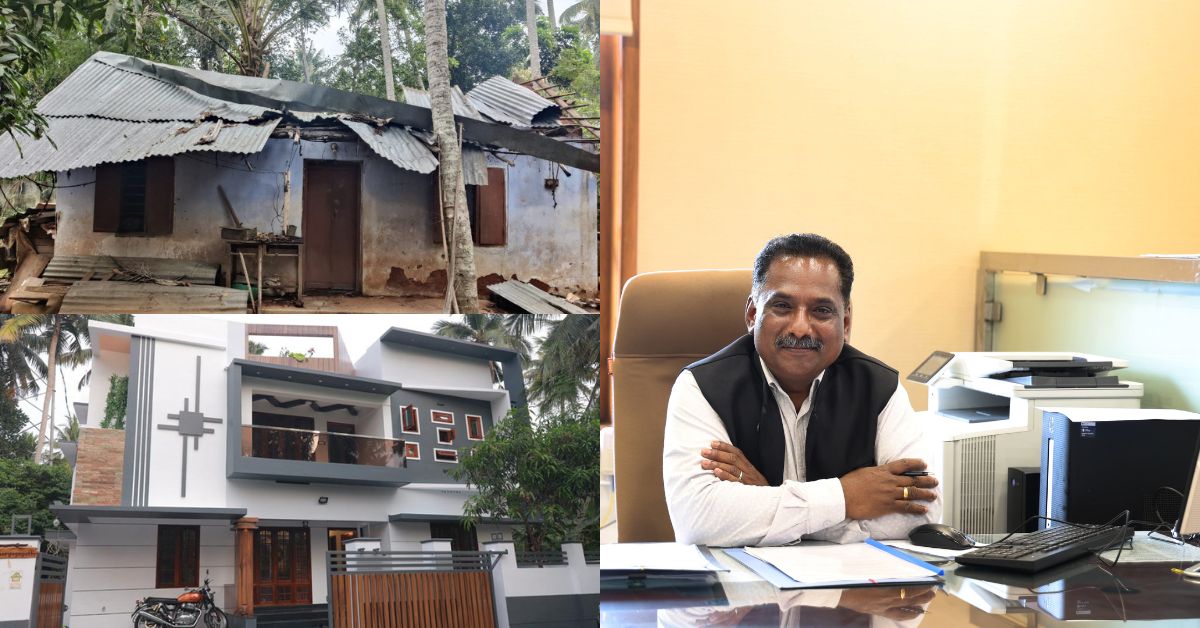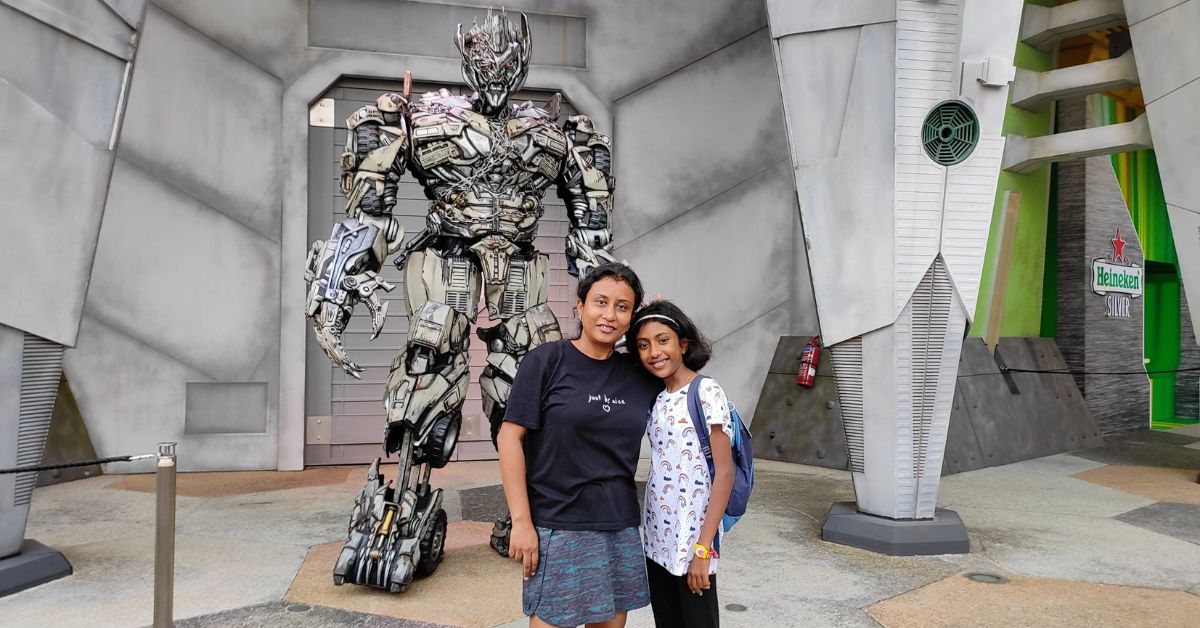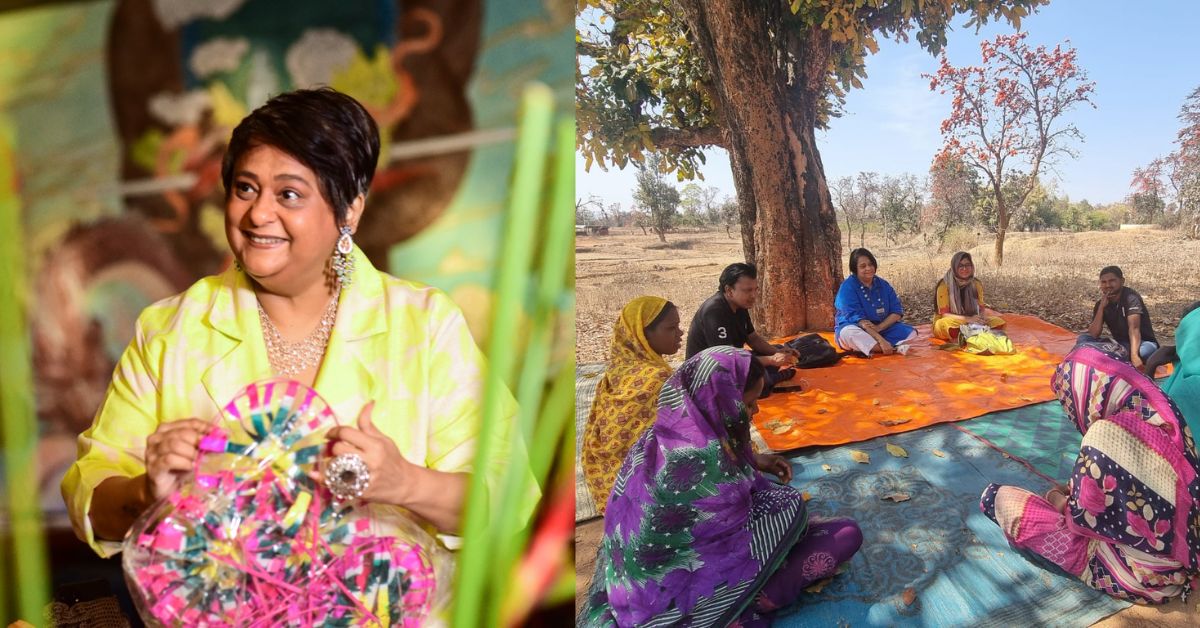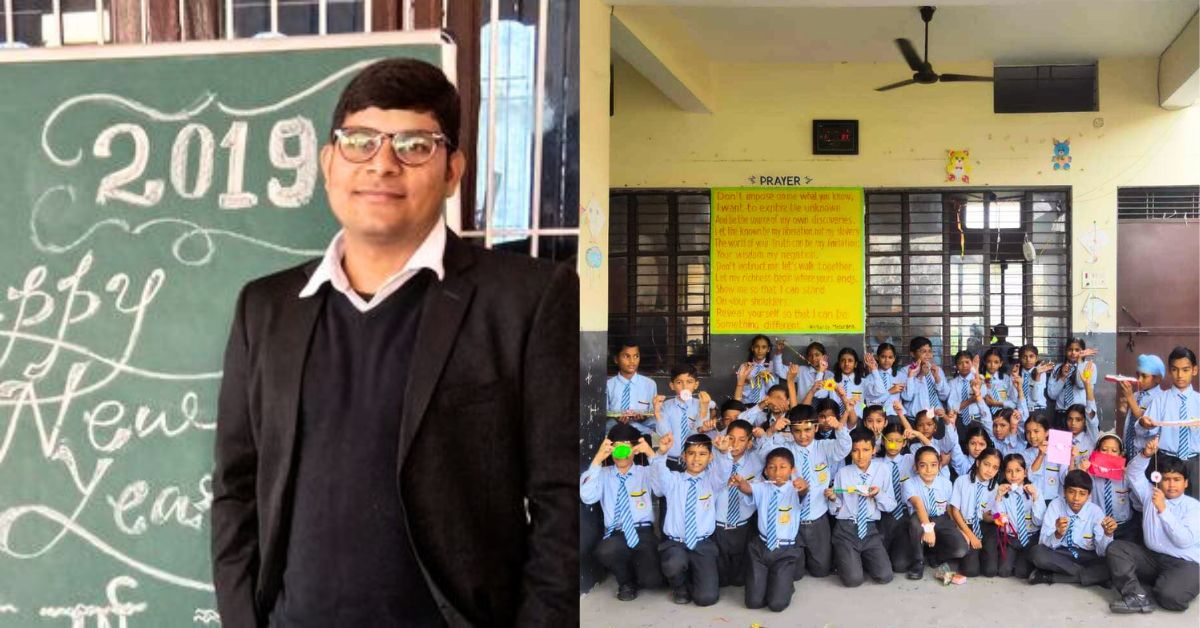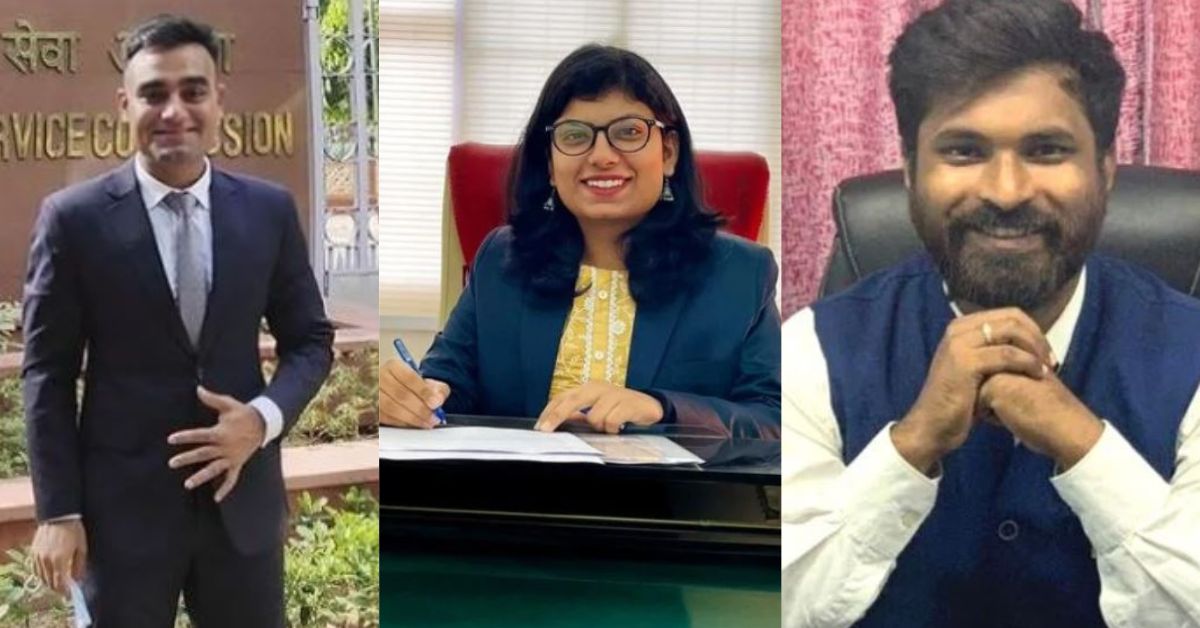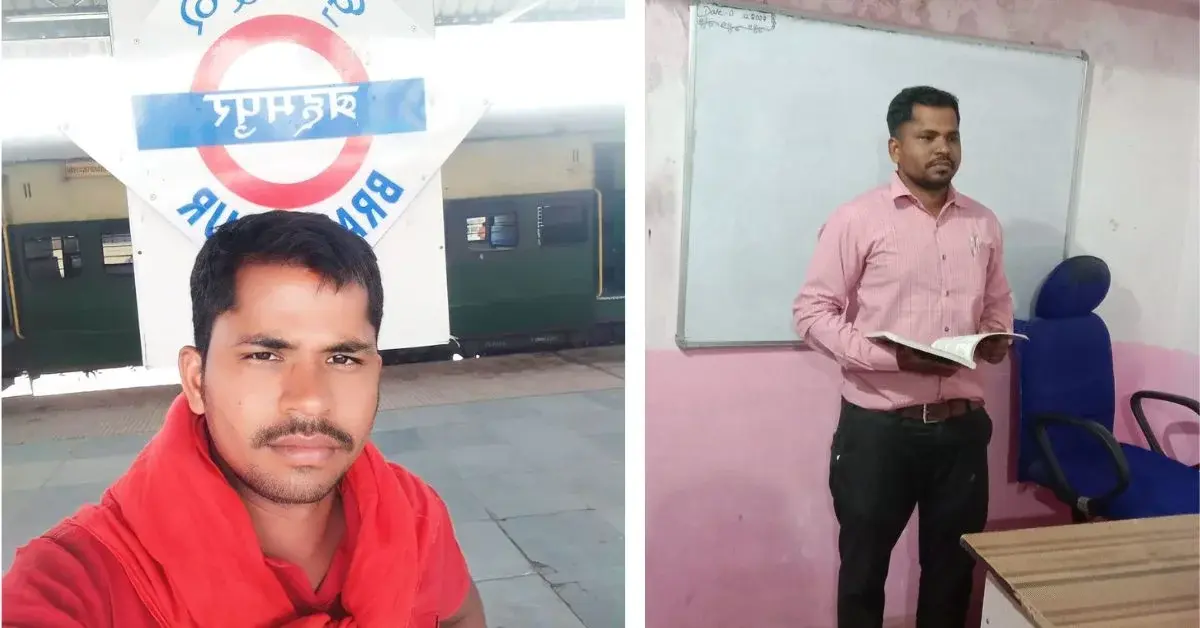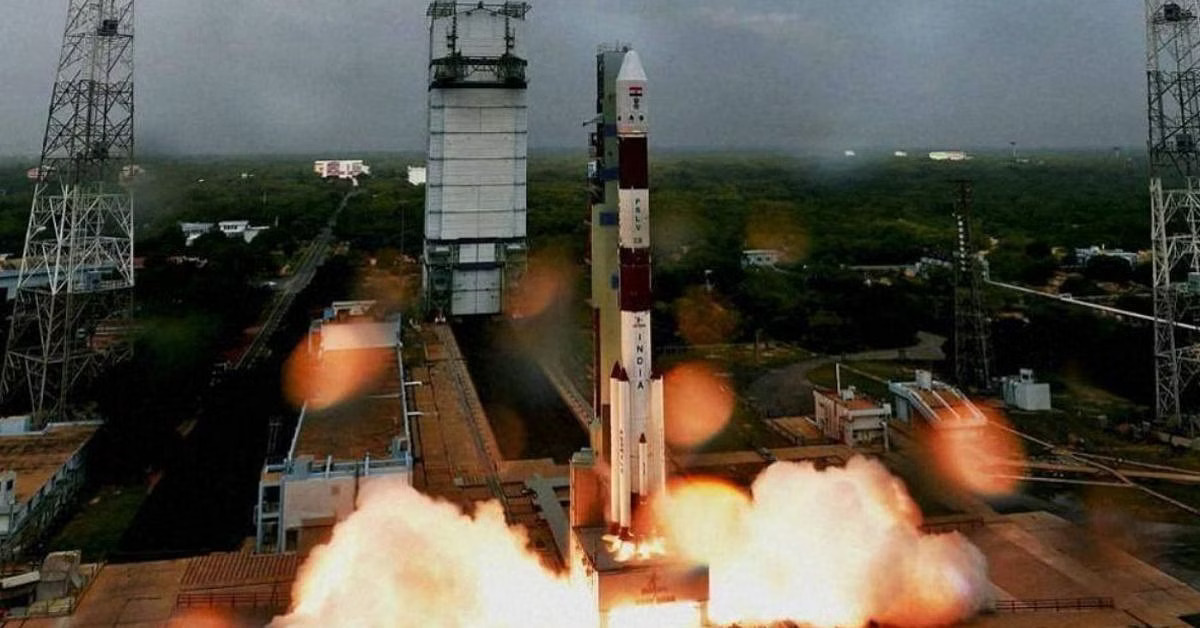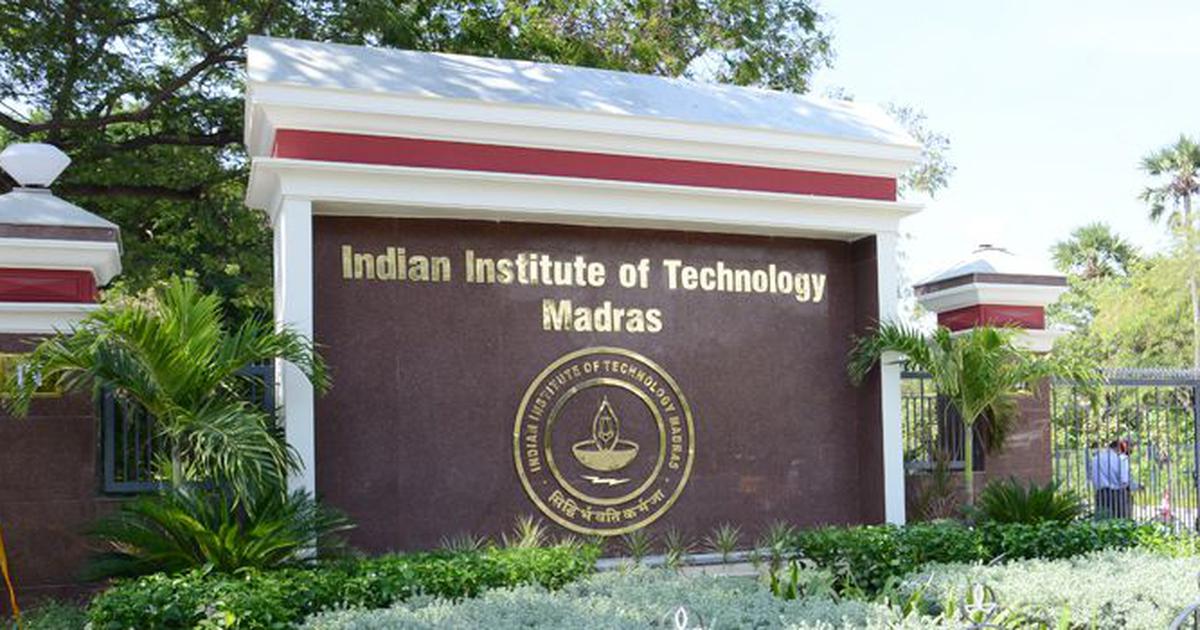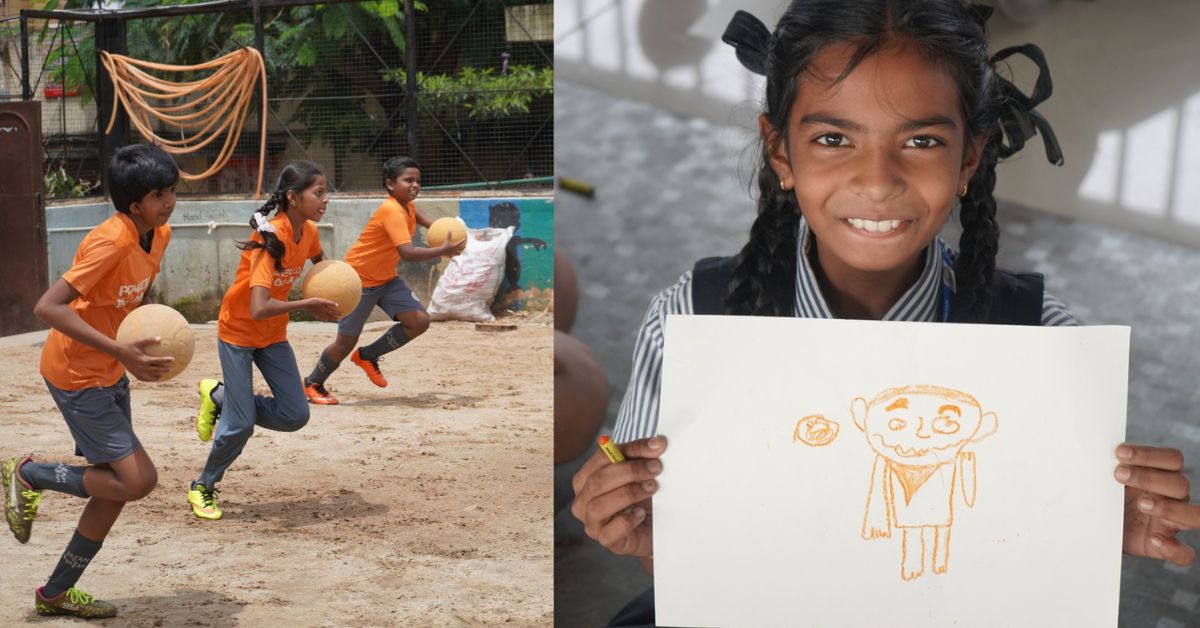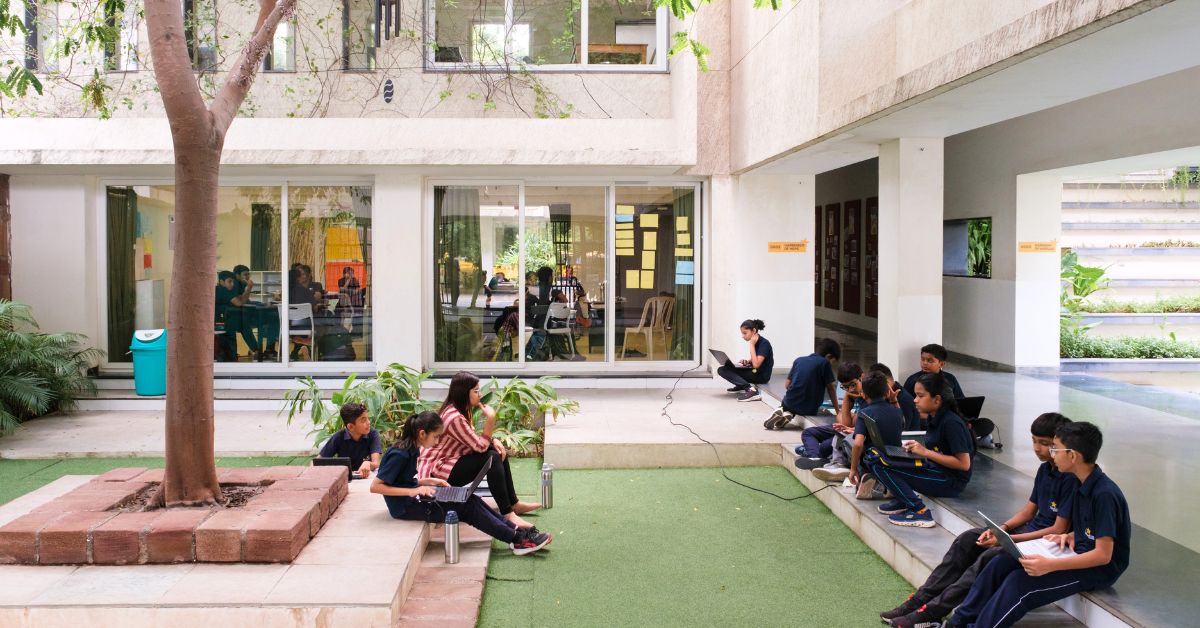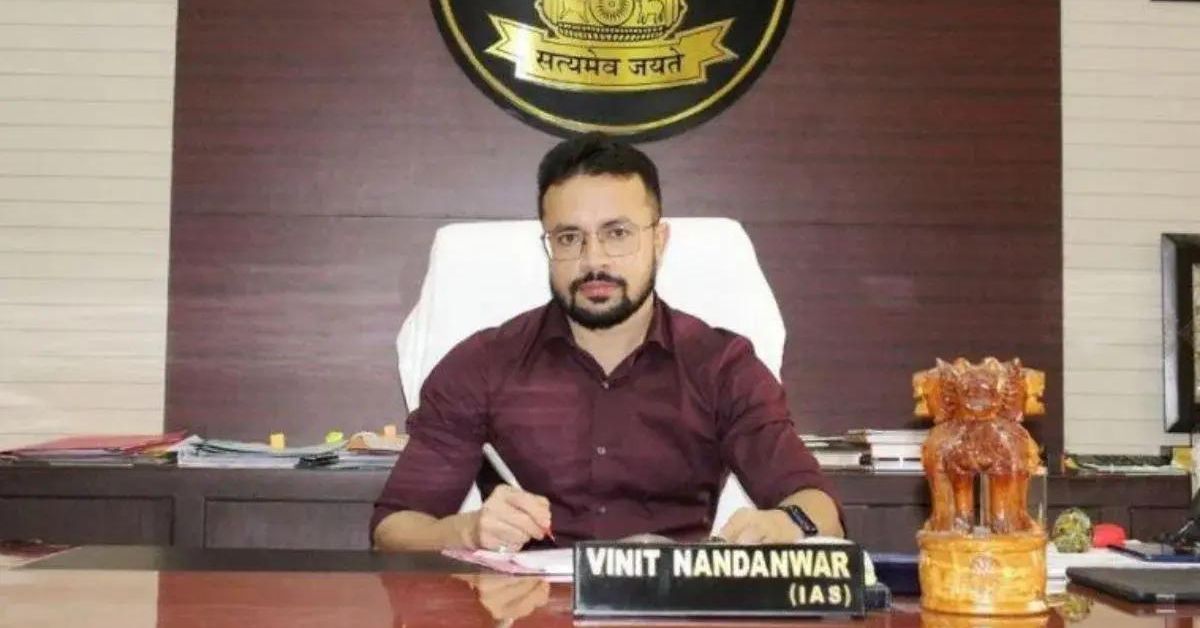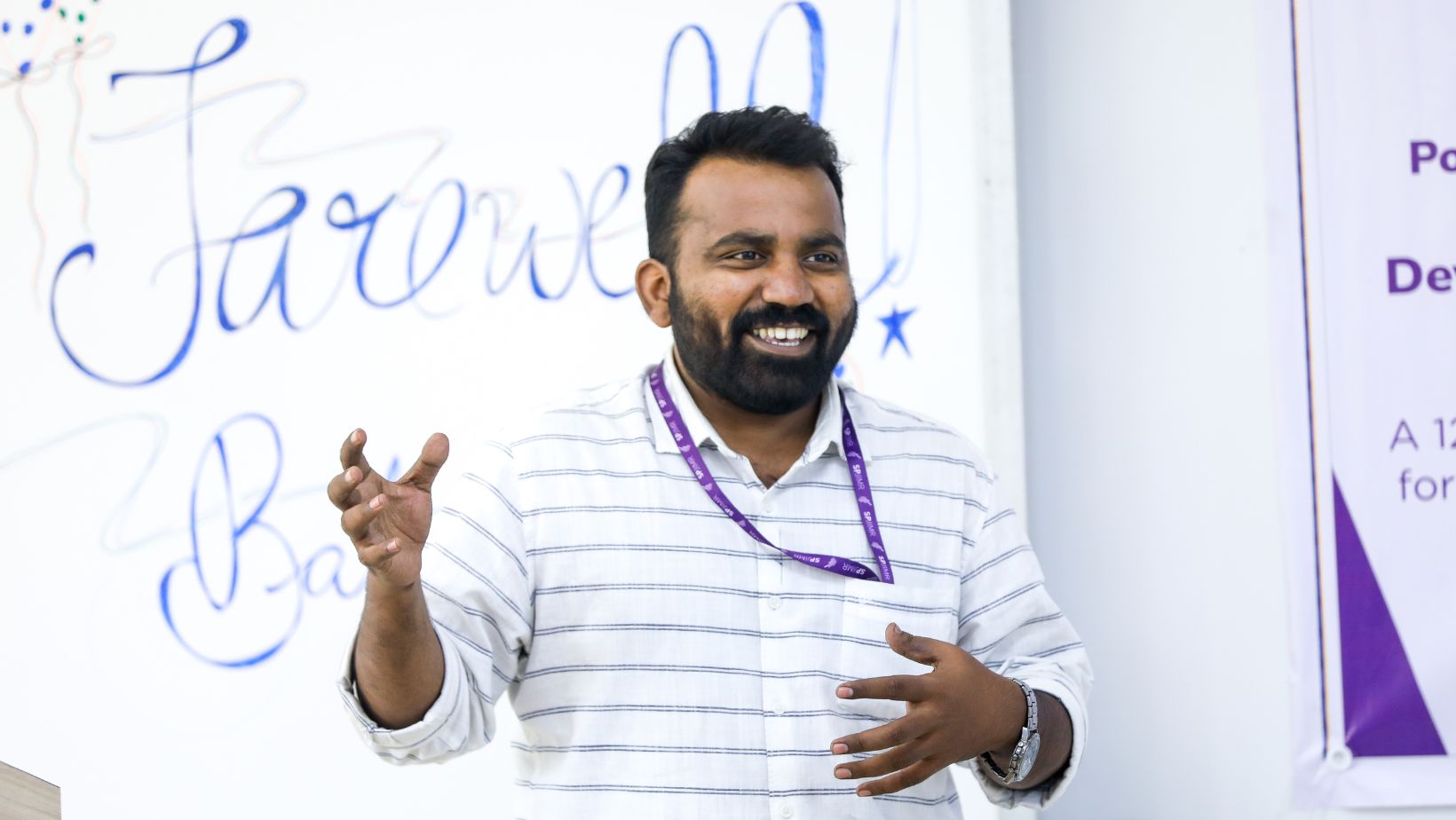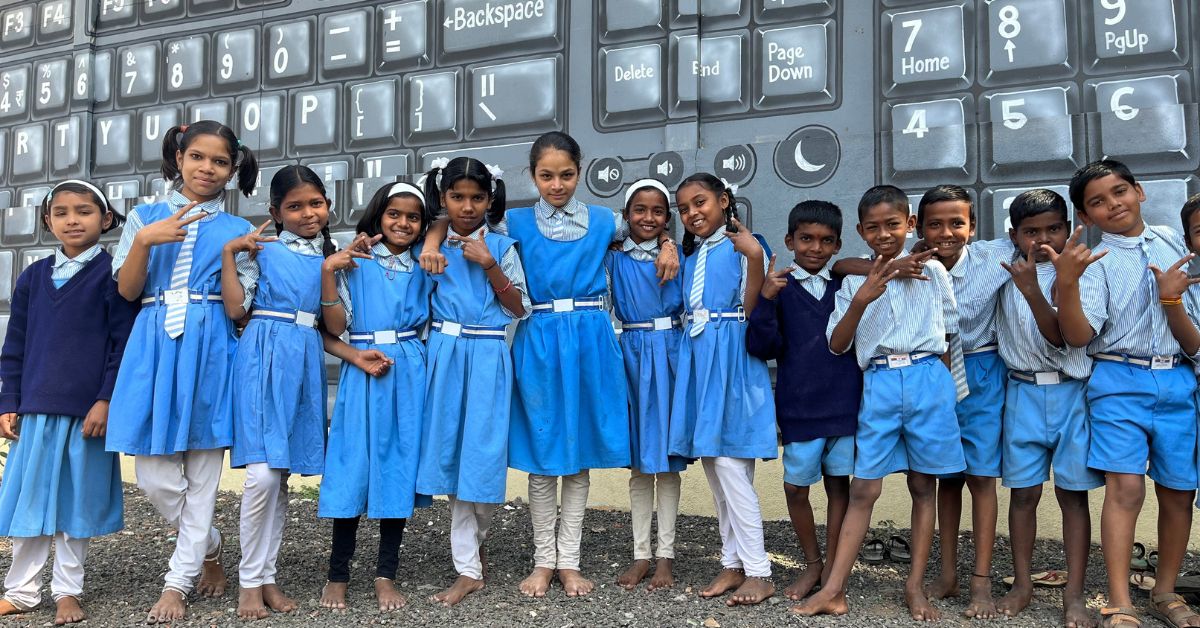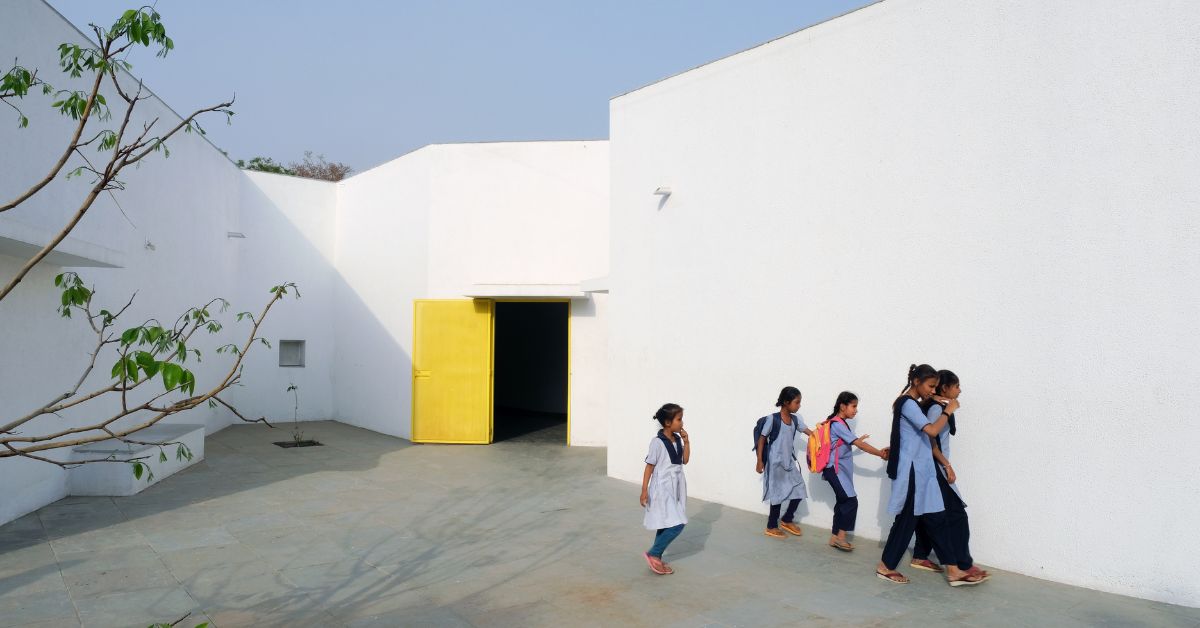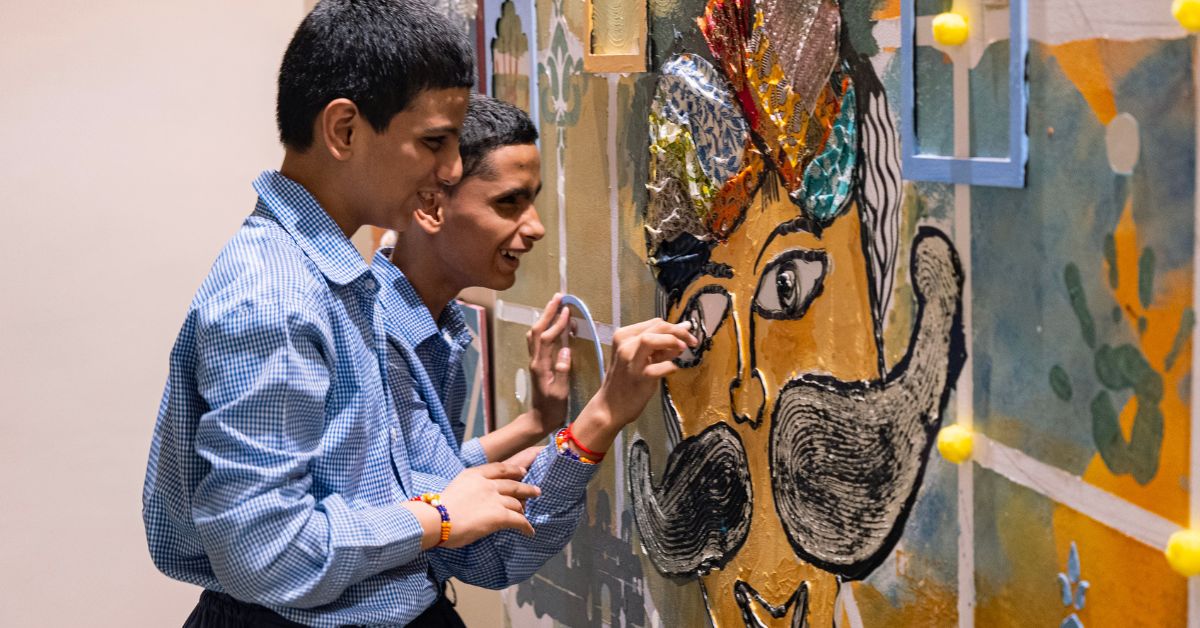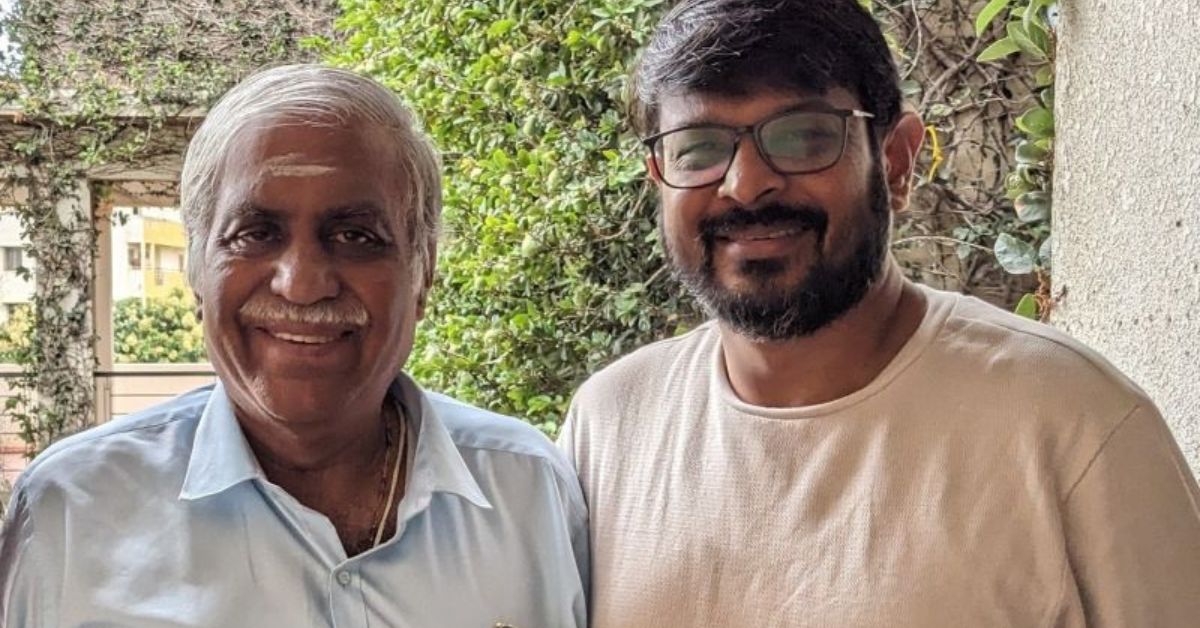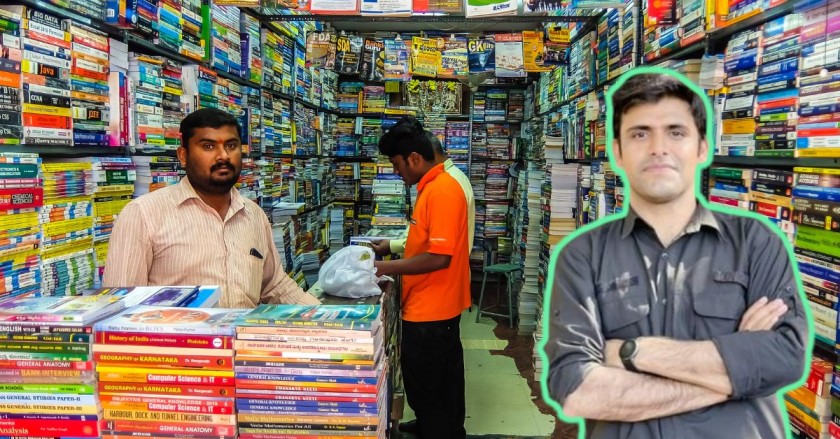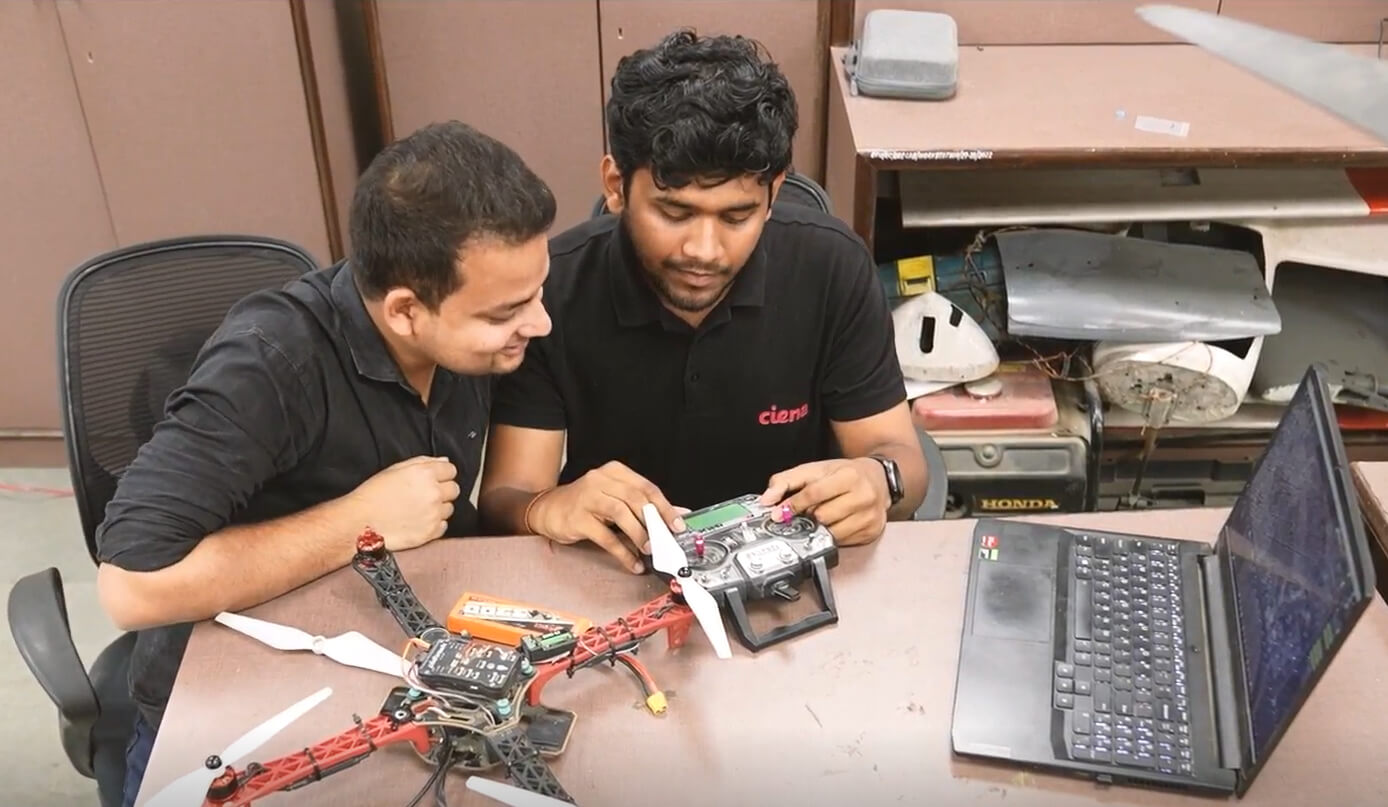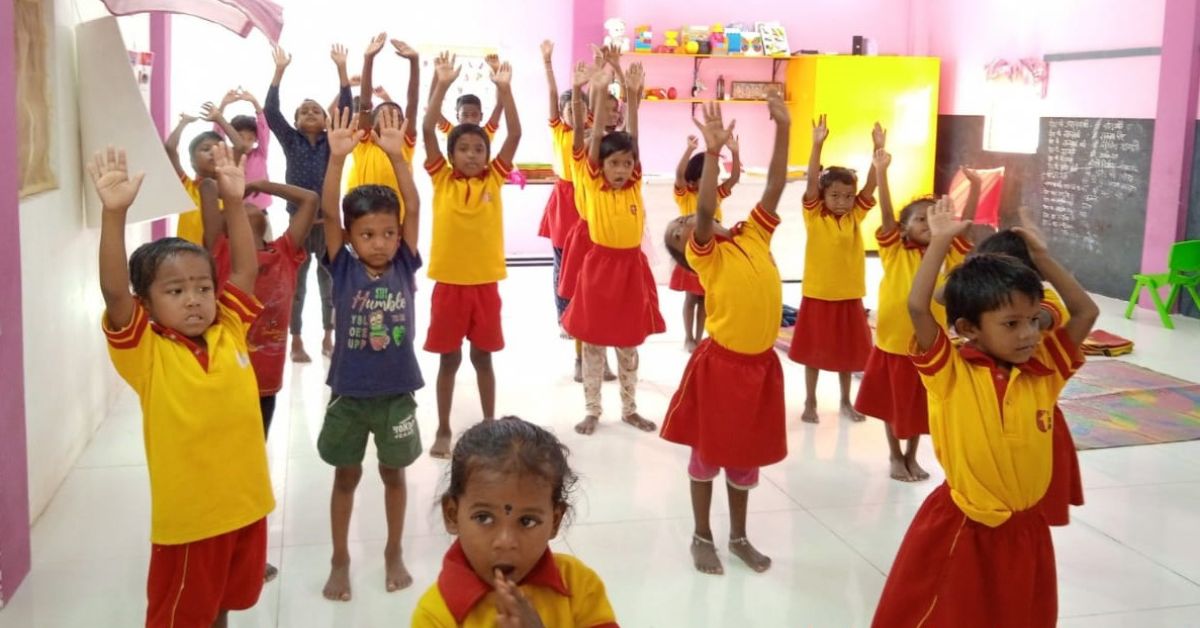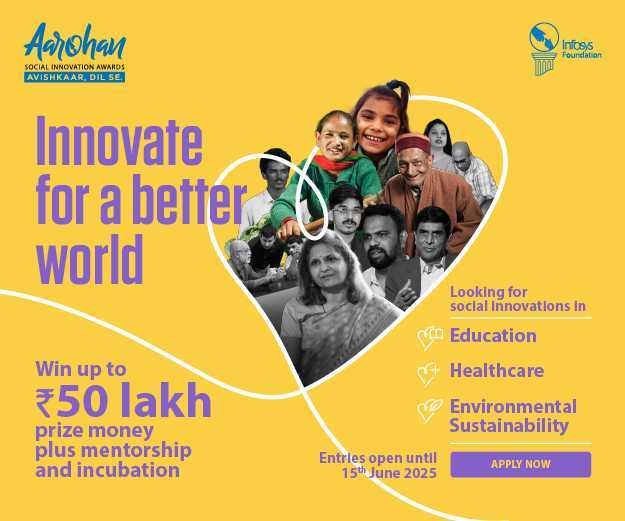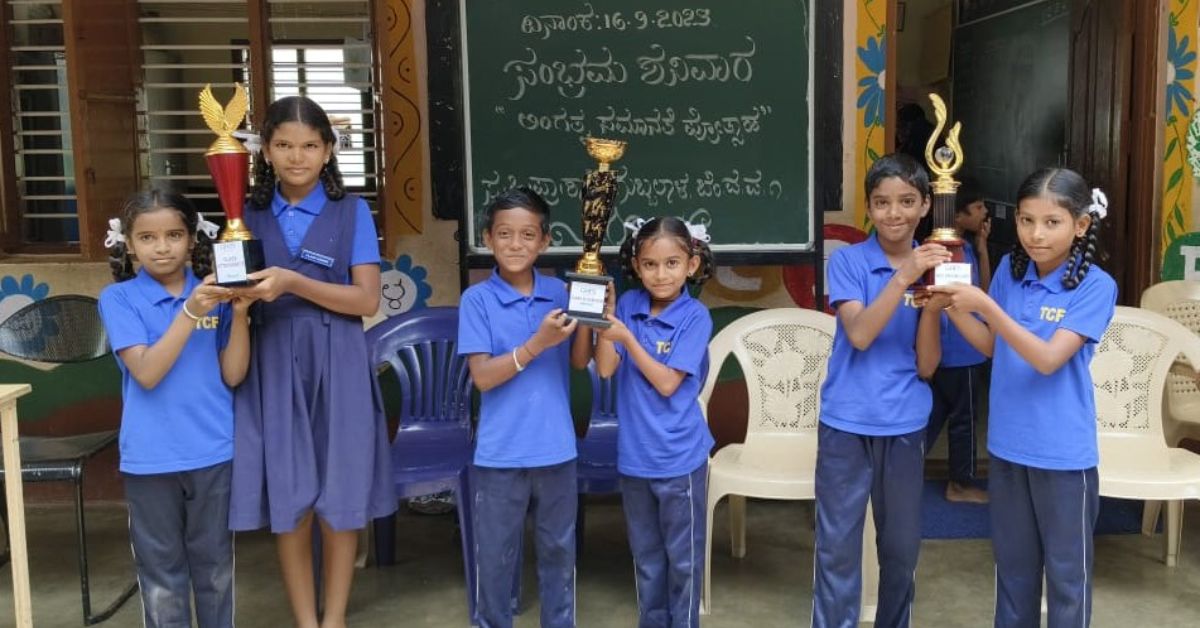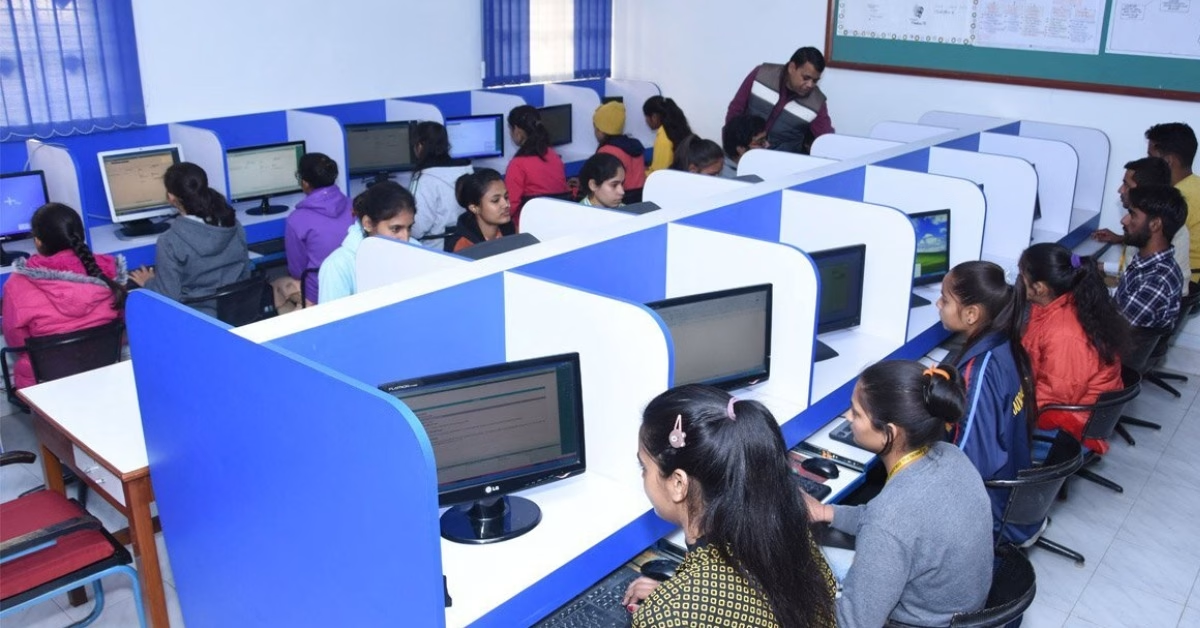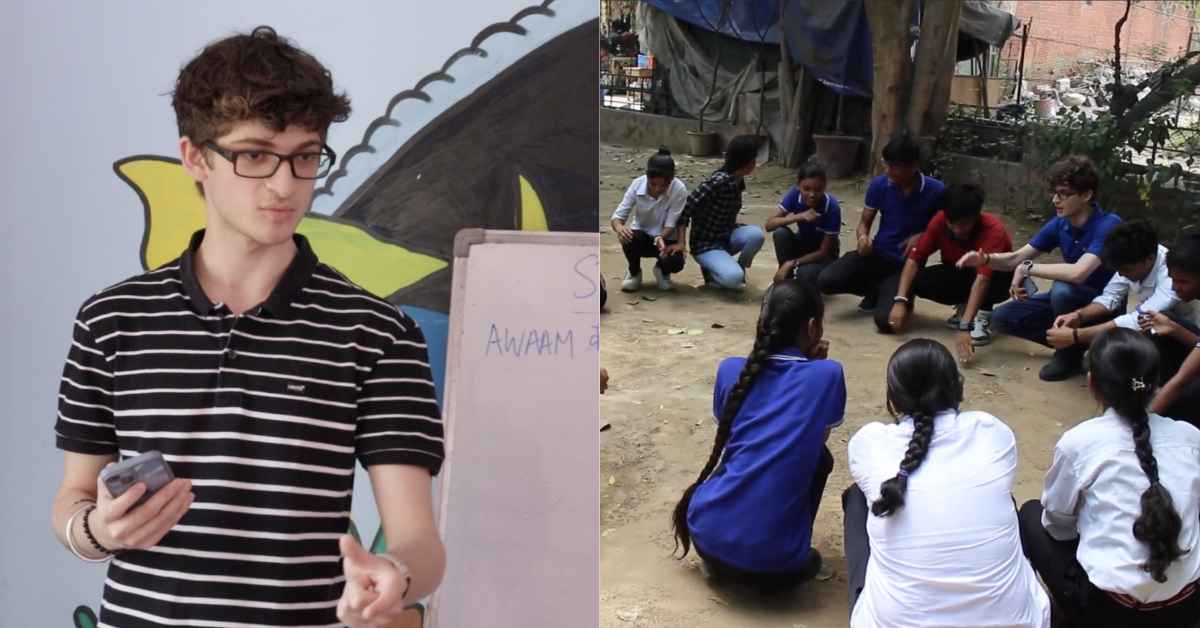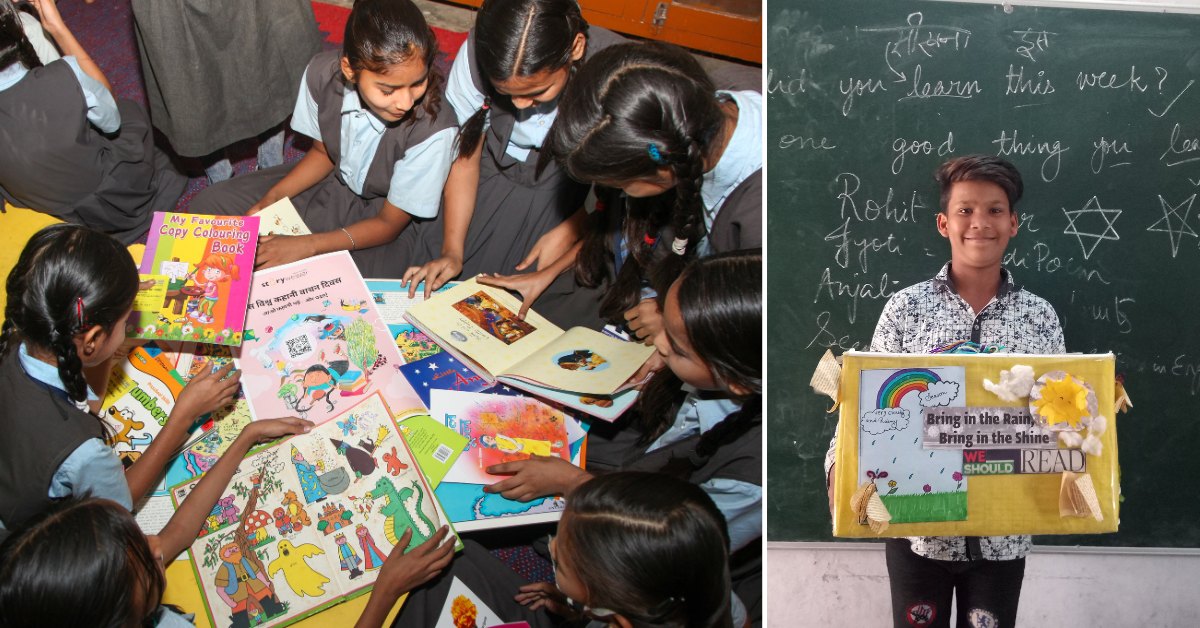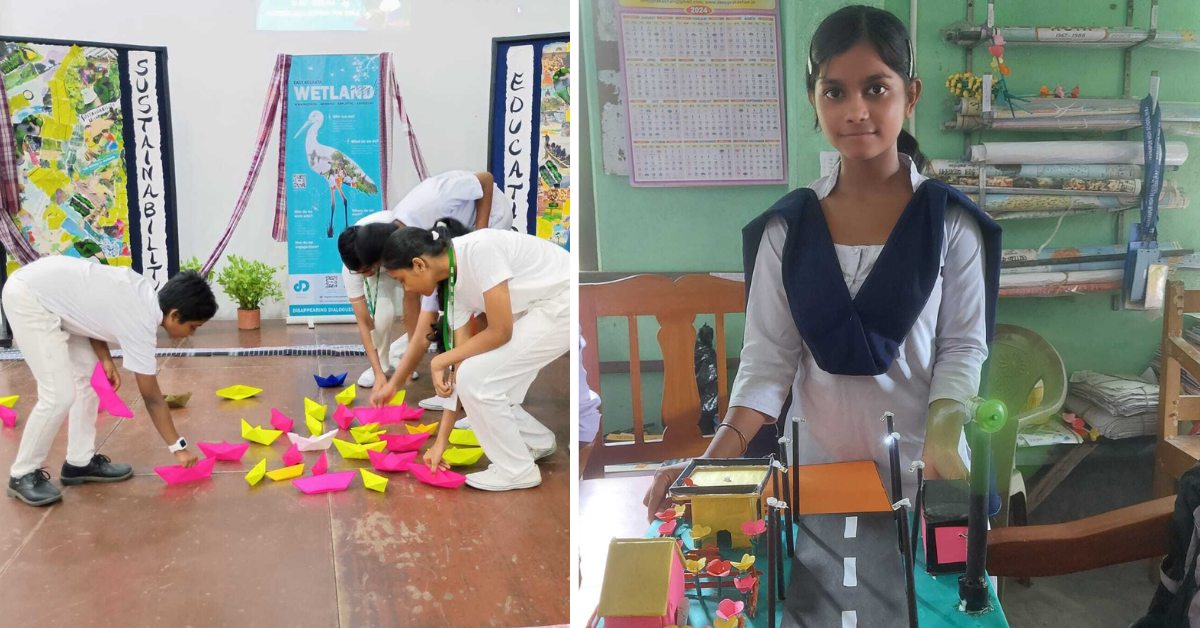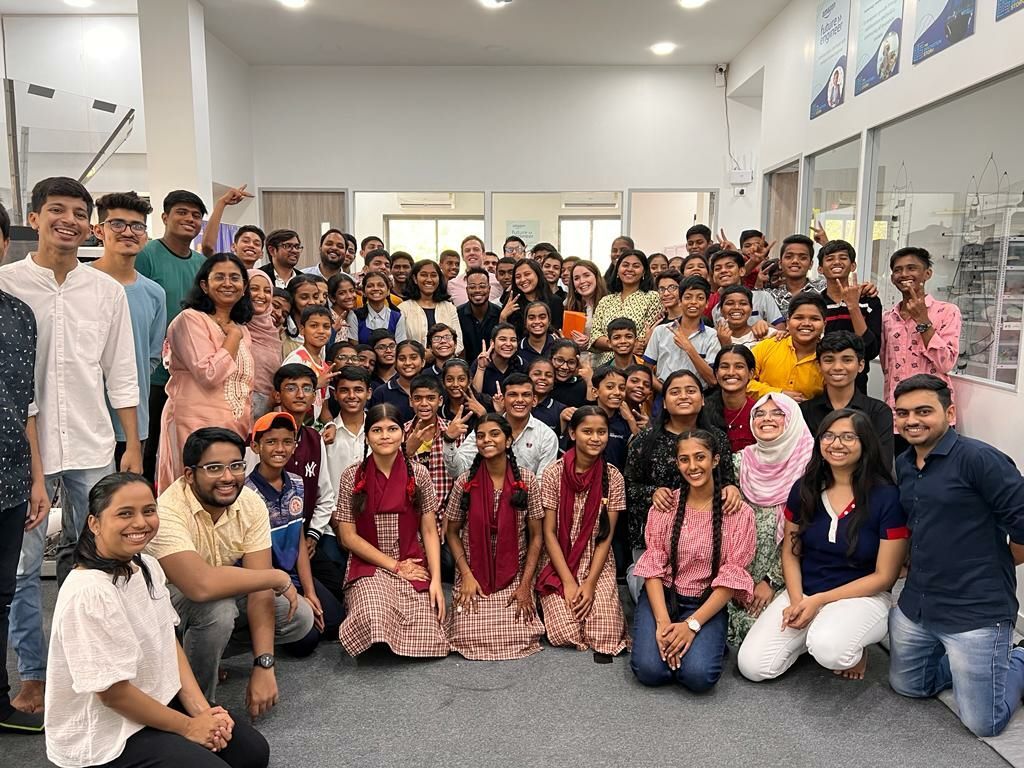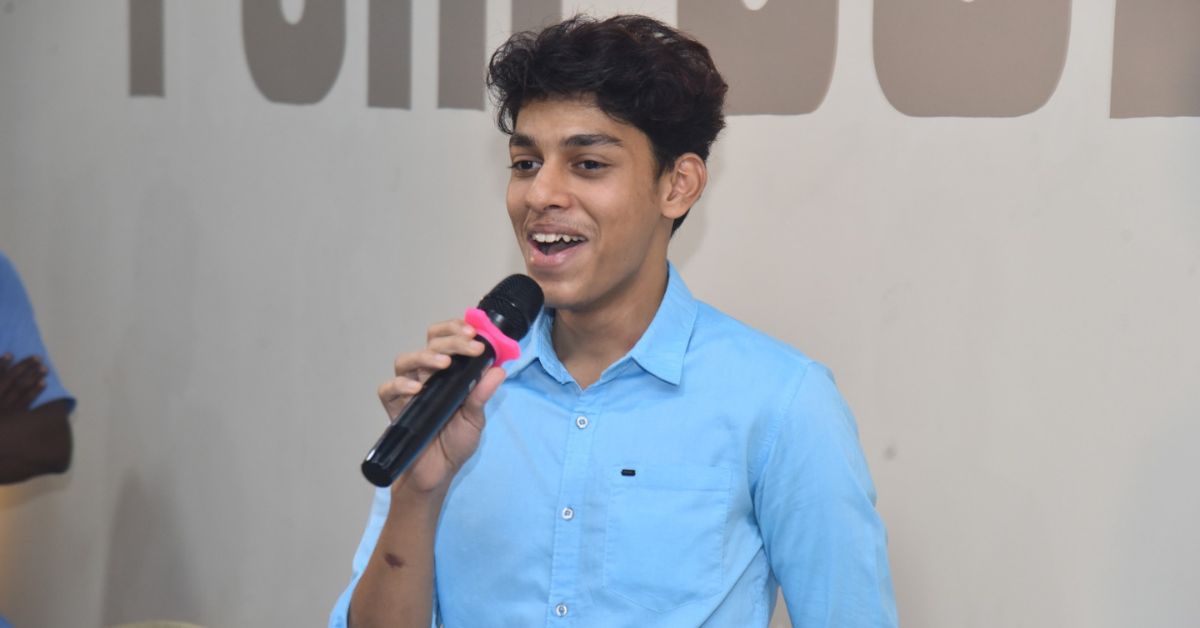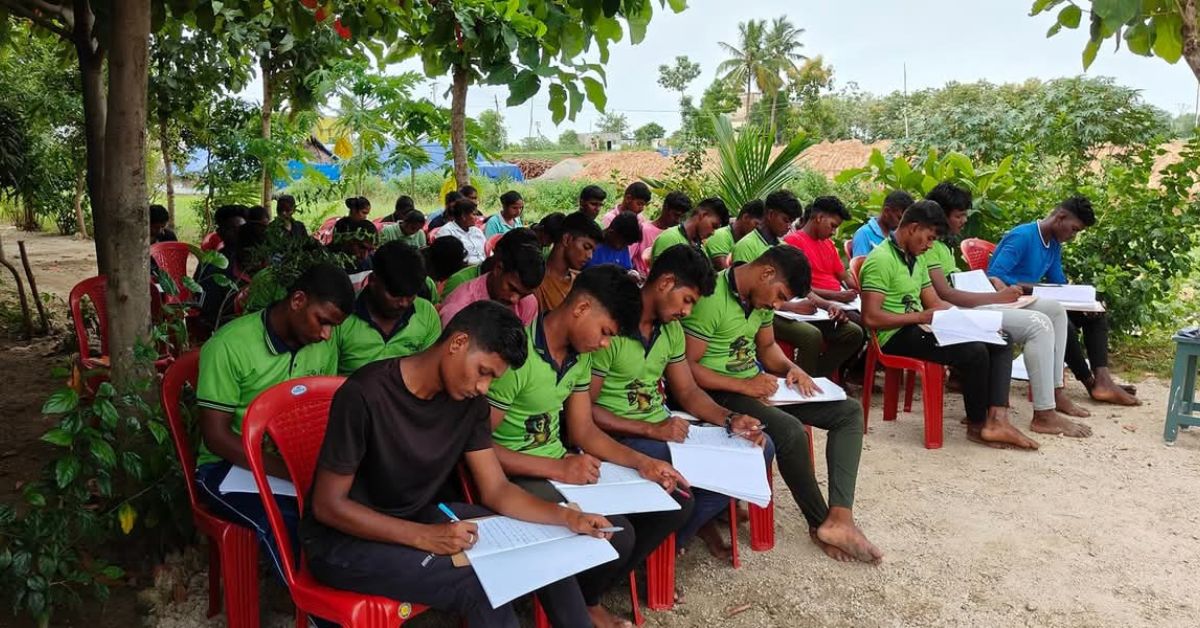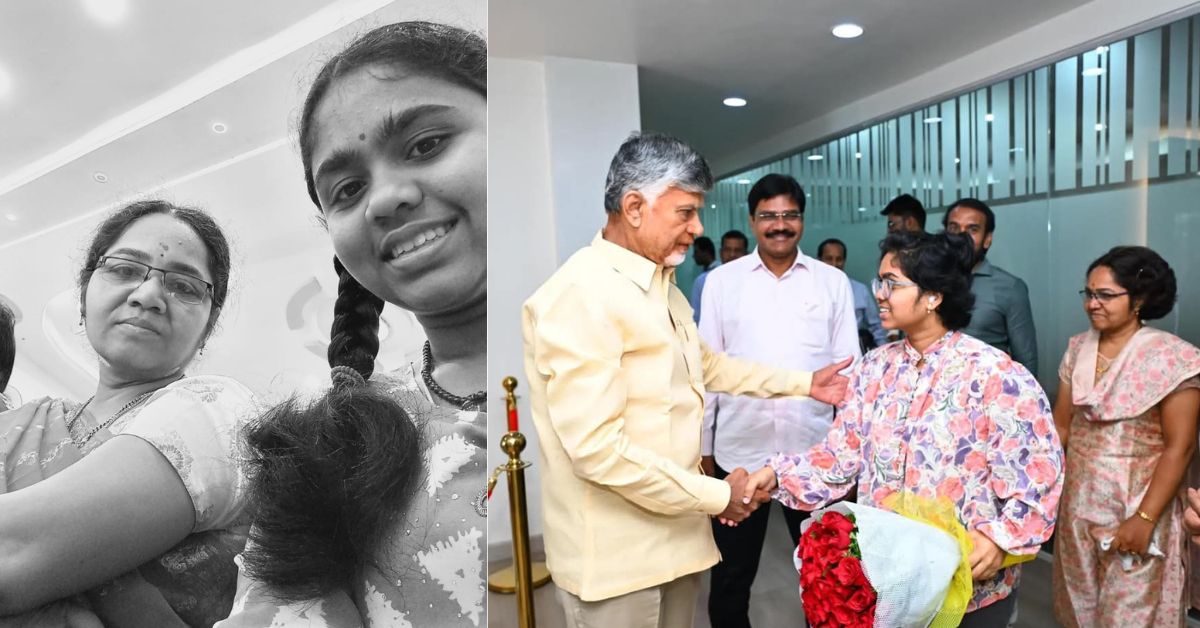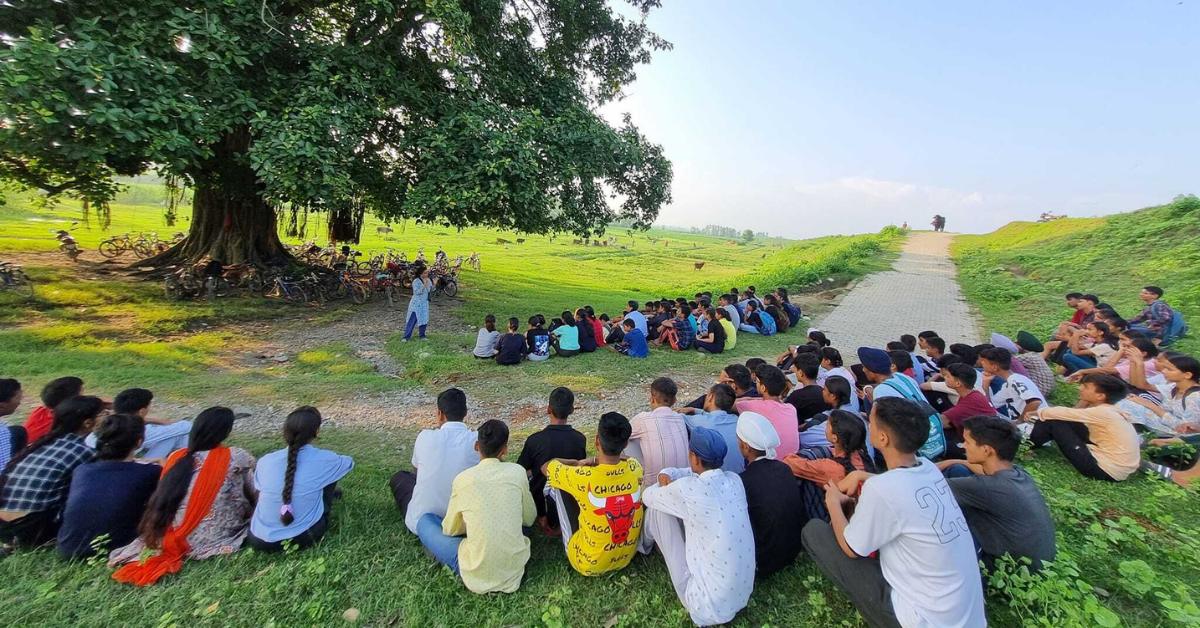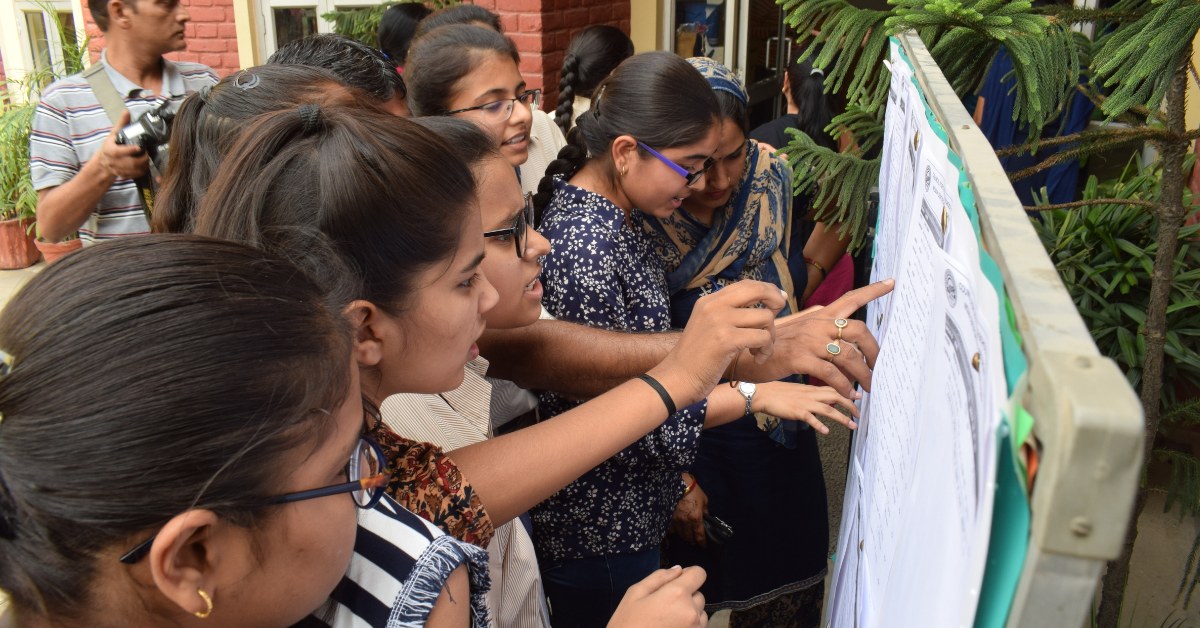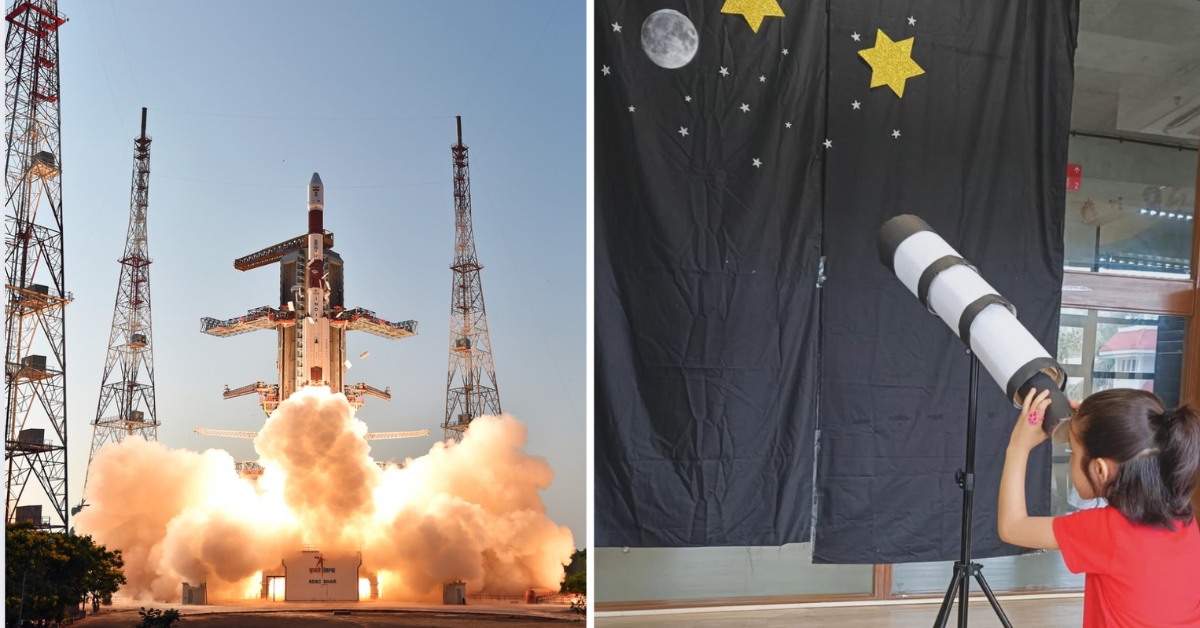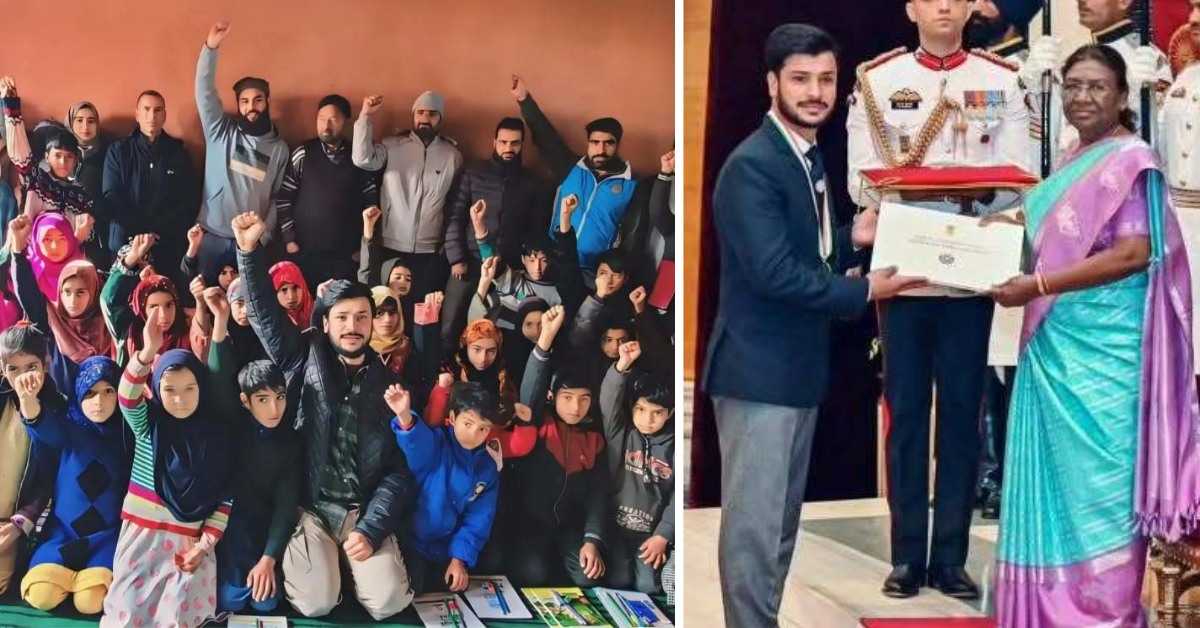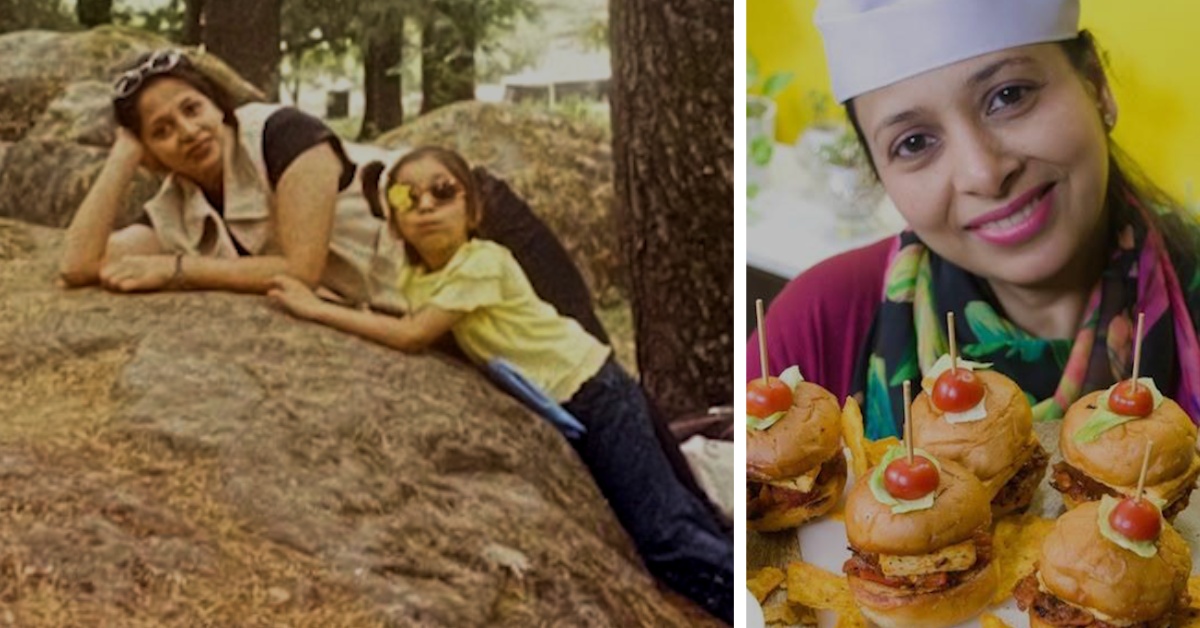
A group of friends sits around a table in the Nilgiris, playing a board game where each decision affects the fate of forests, animals, and communities. They laugh, debate, and sometimes pause, realising how fragile ecosystems truly are. This is ‘Biomes of Nilgiris’, a creation of ‘Bluencore Games’, where play becomes a pathway to empathy and awareness.
Experiments like this are slowly reshaping how India thinks about sustainability. From reducing energy waste in hospitals and factories to turning board games into tools for conservation, startups like ‘Smart Joules’ and Bluencore Games embody what it takes to build with purpose. Their journeys reflect the struggle, ingenuity, and resilience needed in the sustainability space.
At the centre of these stories stands ‘cKinetics’. Founded in 2010 by Upendra Bhatt and Pawan Mehra, the accelerator was envisioned not as a passive funder but as a collaborator in problem-solving. Its accelerator arm became a hands-on engine, helping fledgling companies confront regulatory hurdles, refine business models, build credibility, and access networks.
“Startups in renewable energy and sustainability face specific challenges when trying to secure funding,” says Nikhil Agarwal, director at cKinetics. “It is not just about finding investors, it is about helping them understand long-term value, complex impact metrics, and the patient capital required for real change.”
As director, Nikhil often finds himself bridging technical ambition and market realities. “Upendra and Pawan built cKinetics to bridge the gap between sustainability innovation and business viability,” he tells The Better India. “Too many founders have good ideas, but no way to frame them in a way investors understand. They need support beyond capital; they require help to navigate policies, build models, and deliver credible metrics.”
Turning energy loss into opportunity
The idea for Smart Joules took root in December 2014. Arjun Gupta, Sidharth Gupta, and Ujjal Majumdar came together, sharing a sense that energy efficiency was an under‑explored and urgent opportunity. In many industrial settings, they observed enormous waste, including electricity consumption far higher than needed, ballooning costs, and rising emissions.
/filters:format(webp)/english-betterindia/media/media_files/2025/09/19/funding-sustainability-startups-india-2025-09-19-14-07-43.png)
“While renewables were getting headlines, we saw massive wasted potential in simply using energy more intelligently,” says Sidharth, the co-founder of the company. The approach they adopted was modest in appearance but rigorous in execution. First, they mapped a client’s electricity use over a year to establish a baseline. Then, after interventions — technical upgrades, behavioural changes, or process improvements — they tracked monthly consumption.
“The reductions are tangible; factories that once consumed 1,000 units of electricity each month often see their usage drop to just 700 units after we step in,” Sidharth explains.
To date, the team at Smart Joules has cumulatively helped abate around 170,000 tonnes of carbon dioxide, with annual reductions ranging from 50,000 to 60,000 tonnes. For many of their clients, these savings translate into reduced energy bills, improved operational efficiency, and a lighter environmental footprint.
Yet even with such tangible impact, convincing early investors was never easy. “While solar and wind are important for our energy future, energy efficiency delivers immediate and measurable results by reducing consumption at the source,” admits Sidharth. “Many investors struggled to appreciate the scale of our impact or the steady returns we offer.”
It was in this gap of understanding that the role of cKinetics became pivotal. They worked with Smart Joules to sharpen its investor pitch, tighten its financial model, and demonstrate compliance and performance in ways that built long-term trust.
Where play becomes learning
Some founders turn to technology or hardware, others to storytelling. Shelly Sinha chose the latter. In 2023, she founded Bluencore Games, formally incorporating in September 2024, with a mission to educate, provoke, and engage. She believes that games can be more than entertainment — they can be portals to awareness and understanding.
Biomes of Nilgiris is Bluencore’s flagship board game, inspired by the Nilgiri Biosphere Reserve. In the game, players step into roles such as wildlife activists, forest rangers, and citizen scientists. Each decision ripples through the ecosystem, earning them “ecology points” or triggering consequences. Real‑world data, including the International Union for Conservation of Nature (IUCN) Red List of endangered species, is woven into the gameplay.
/filters:format(webp)/english-betterindia/media/media_files/2025/09/19/funding-sustainability-startups-india-2025-09-19-14-11-34.png)
“Our game is built on real-world data, because this makes the gameplay a fun form of experiential learning,” Shelly explains. “When players come across endangered species, they interact with the storyline and understand the conservation challenges those species face in the wild.”
But creativity alone was not enough to open funding doors. Many funders found it difficult to pin Bluencore with traditional categories. “Grantors and investors often want quantifiable and tech‑centric metrics, but what about behaviour change, story, awareness in the sustainability and conservation space? Those are harder to measure, yet equally important,” says the founder.
Once again, cKinetics supplied more than funds. Shelly remembers, “The team supported us with export compliance, international logistics, financial projection, and even legal frameworks. Those operational challenges can stall a creative idea if not addressed.”
The breakthrough moment came with Bluencore’s debut game, first developed under the title ‘War of Civilisations’. Set in a post-apocalyptic future, the game blended science fiction and fantasy to explore global themes like climate change, emerging energy technologies, and the evolution of societies. Players step into a richly imagined world where characters have superpowers shaped by the planet’s shifting ecological balance.
Over time, the game was rebranded as ‘War for Atraxia’, keeping its core mechanics and immersive world-building intact but strengthening its environmental themes and weaving in a deeper reflection of real-world ecological challenges.
The game found a global audience through a successful international crowdfunding campaign, an impressive debut for a first-time publisher. Its mix of storytelling and sustainability resonated widely, sparking conversations in education, climate circles, and the gaming community. The venture also earned a coveted spot among less than one percent of startups awarded the Startup India Seed Fund Scheme — a major validation of both its creative and business potential.
Weaving a mosaic of change
Smart Joules and Bluencore are not alone. cKinetics believes sustainability is not a single path but a mosaic of efforts — from technology innovation and financial models to behavioural change and storytelling. Among its other incubatees and ventures supported are:
- cKers Finance: A climate finance platform that has enabled investment in sustainable infrastructure, clean mobility, and resource efficiency. cKers was part of the first angel round for Smart Joules and has since supported many other early-stage ventures through debt funding and incubation.
- cCarbon: Market intelligence firm specialising in carbon markets and environmental data, helping organisations make informed decisions in decarbonisation.
- Innovators building mini‑grid solutions (for example, OMC Power), and startups working on biomass-based micro-cold storage (for example, New Leaf Dynamics).
/filters:format(webp)/english-betterindia/media/media_files/2025/09/19/funding-sustainability-startups-india-2025-09-19-14-23-41.png)
All of these companies reflect different dimensions of sustainability, like finance, behaviour, infrastructure, and culture. cKinetics supports them at the early stage with seed equity, incubation, mentorship, and connections.
Why funding in sustainability and renewable energy remains tricky
Every one of these ventures faced a common theme: the mismatch between how impact is realised and how investors often expect returns. Nikhil says, “Investors are used to clear deliverables, ROI in short spans, and metrics they can tick off. Sustainability is complex; it demands proof, patience, operations, and sometimes slower growth.”
Sidharth reaffirms this from Smart Joules’ perspective. “For us, having the belief of early partners meant everything. Without someone placing their trust in us back in 2014, we may never have had the chance to build a scalable model.”
He recalls a pivotal milestone. “Until we received investment, we were signing contracts one at a time, including Fortis, Max, and others, but nothing on a portfolio scale. That changed after the investment. We were able to bring Apollo Hospitals on board as a portfolio-wide customer, delivering efficiency solutions across all their hospitals in India. It was a turning point.”
Sidharth adds, “Apollo saw that we had a solid execution track record and credible backers. Without equity investments from organisations like cKinetics, such a leap would have been far more difficult. Their support helped build the institutional trust needed for national-scale implementation.”
Shelly echoes this balance between vision and viability. “Bluencore’s story was built on creativity and purpose, but we needed solid business foundations too. Matching both is difficult, but essential if you want to grow and sustain impact.”
/filters:format(webp)/english-betterindia/media/media_files/2025/09/19/funding-sustainability-startups-india-2025-09-19-14-26-04.png)
Measuring success beyond numbers
Smart Joules measures its impact in kilowatt‑hours saved, carbon dioxide avoided, and cost reductions. These outcomes are validated each month against the baseline consumption recorded before interventions.
Bluencore, on the other hand, measures its success not just by how many games are sold, but by how those games resonate with players. Their reach is tracked through a mix of numbers — players engaged, in-person playtests, digital simulations — and the quality of conversations the games inspire.
In the soft launch phase alone, Biomes of Nilgiris has already left a mark. With over 200 in-person playtests and more than 1,000 digital simulations, the game has reached over 3,000 people. Each session becomes a platform for experiential learning, encouraging players to think critically about their role in ecological systems.
As Shelly puts it, “When players take on the roles of conservationists or indigenous communities, they are stepping into real-world narratives. That connection often lingers far beyond the gameplay itself.”
Next chapters for change
Smart Joules plans to expand into more industrial verticals, taking its efficiency model to sectors that have not yet considered waste as an opportunity. Bluencore Games is preparing to launch additional titles, strengthen partnerships with schools and NGOs, and explore digital versions to reach a broader audience.
Nikhil sums it up: “When founders combine purpose with discipline, when investors look beyond short horizons and believe in long‑term impact, when stories and data both matter, then the sustainability transition speeds up. That is the future we are building through these startups in the renewable energy and sustainability space.”
Raising capital in the sustainability sector is no easy task. It demands endurance, clarity of vision, operational rigour, and often, a belief from others before proof is fully in place. But as Smart Joules and Bluencore Games prove, when all those pieces align— and when the right kind of support is present — the resulting change can be far greater than the sum of its parts.
All pictures courtesy cKinetics






